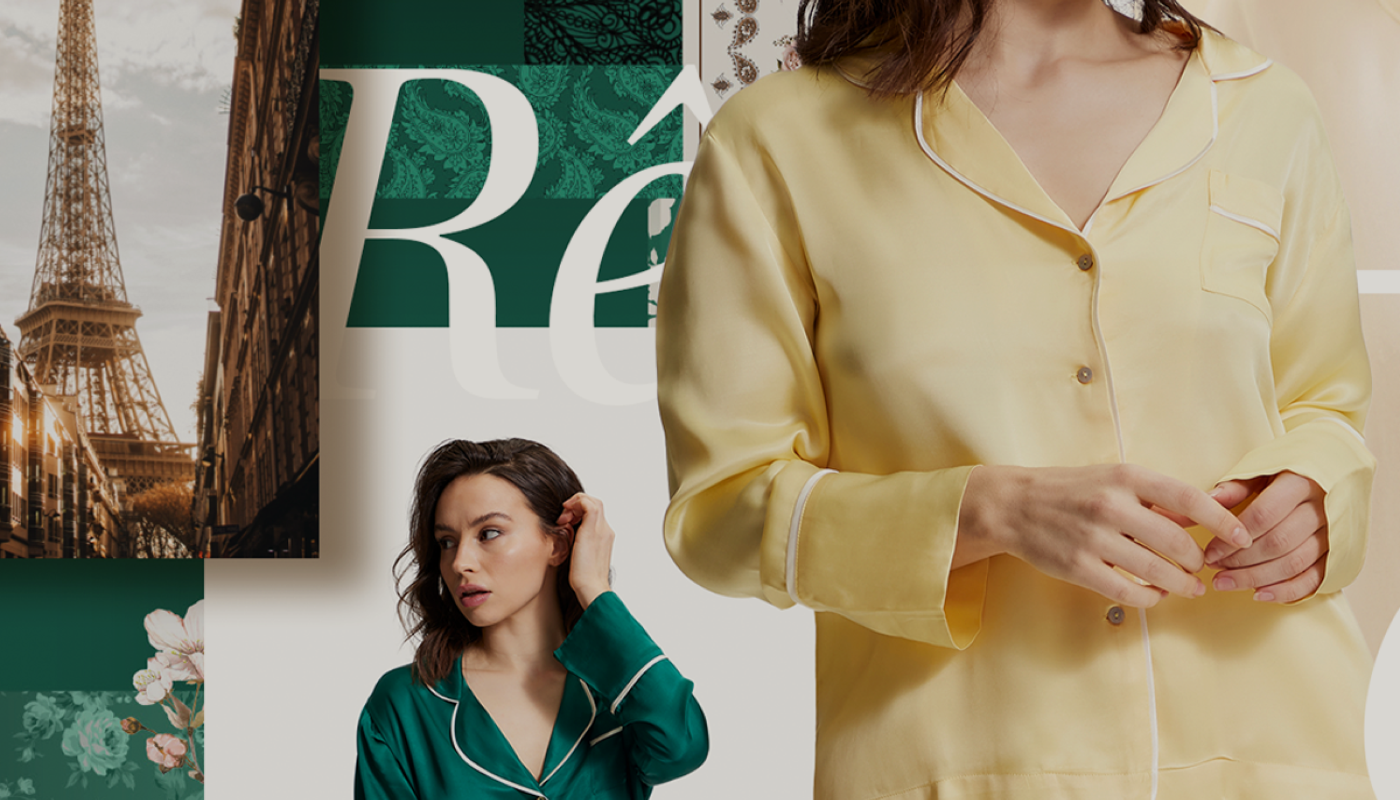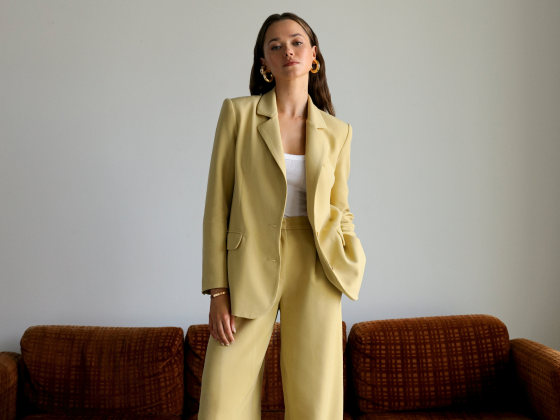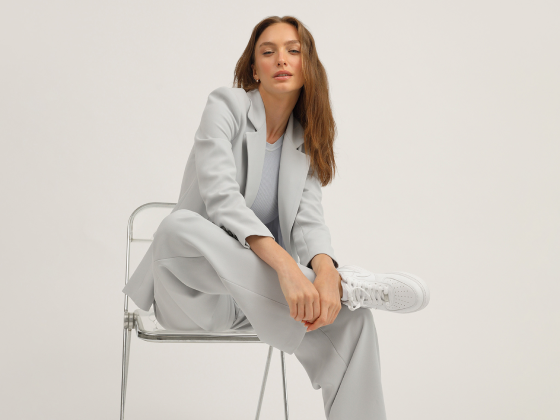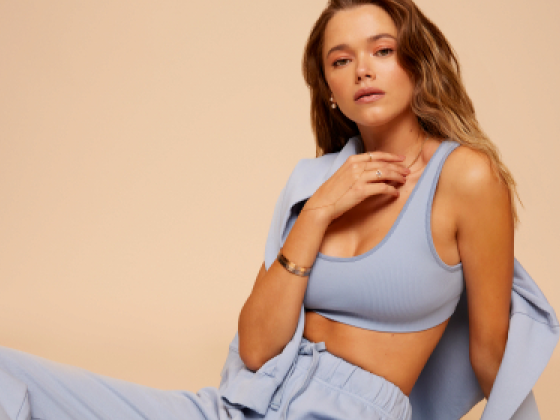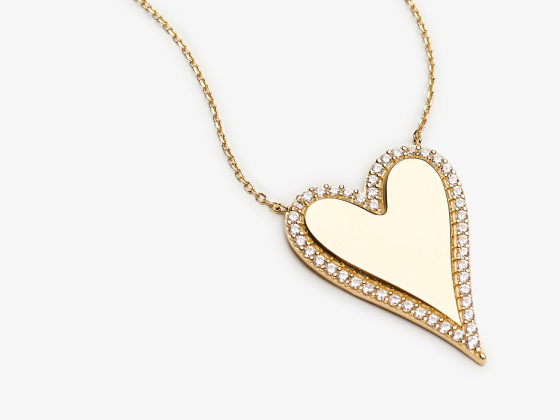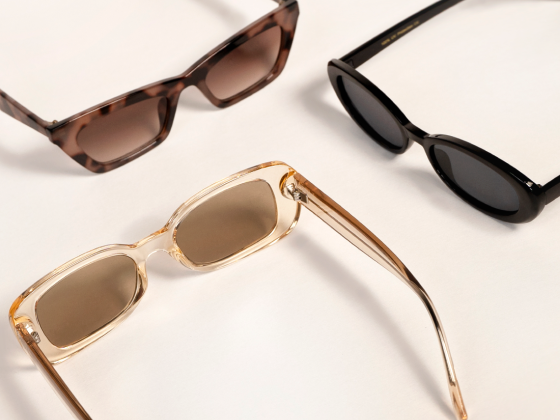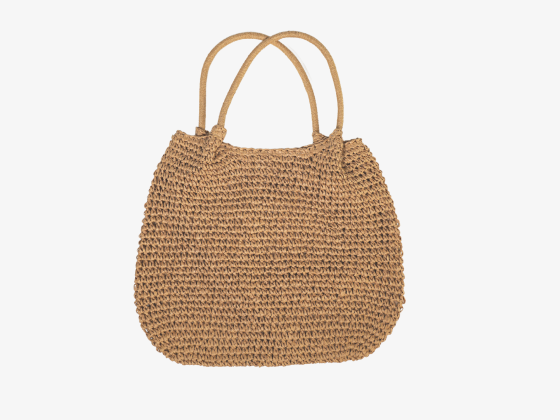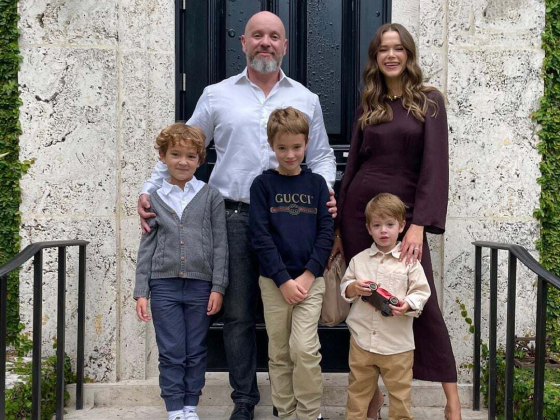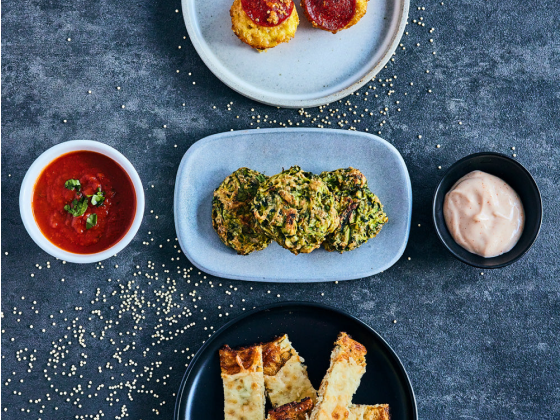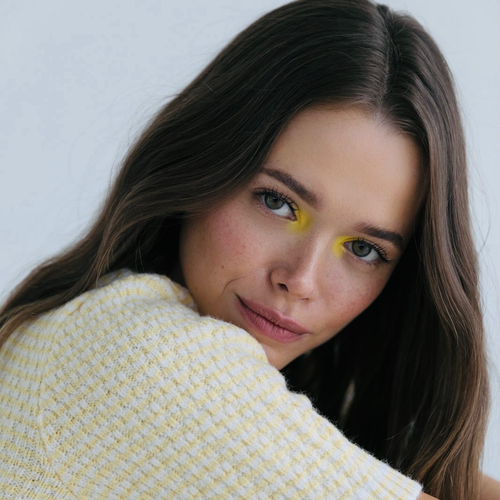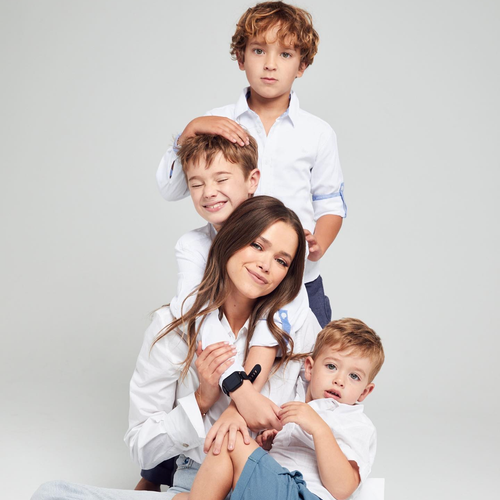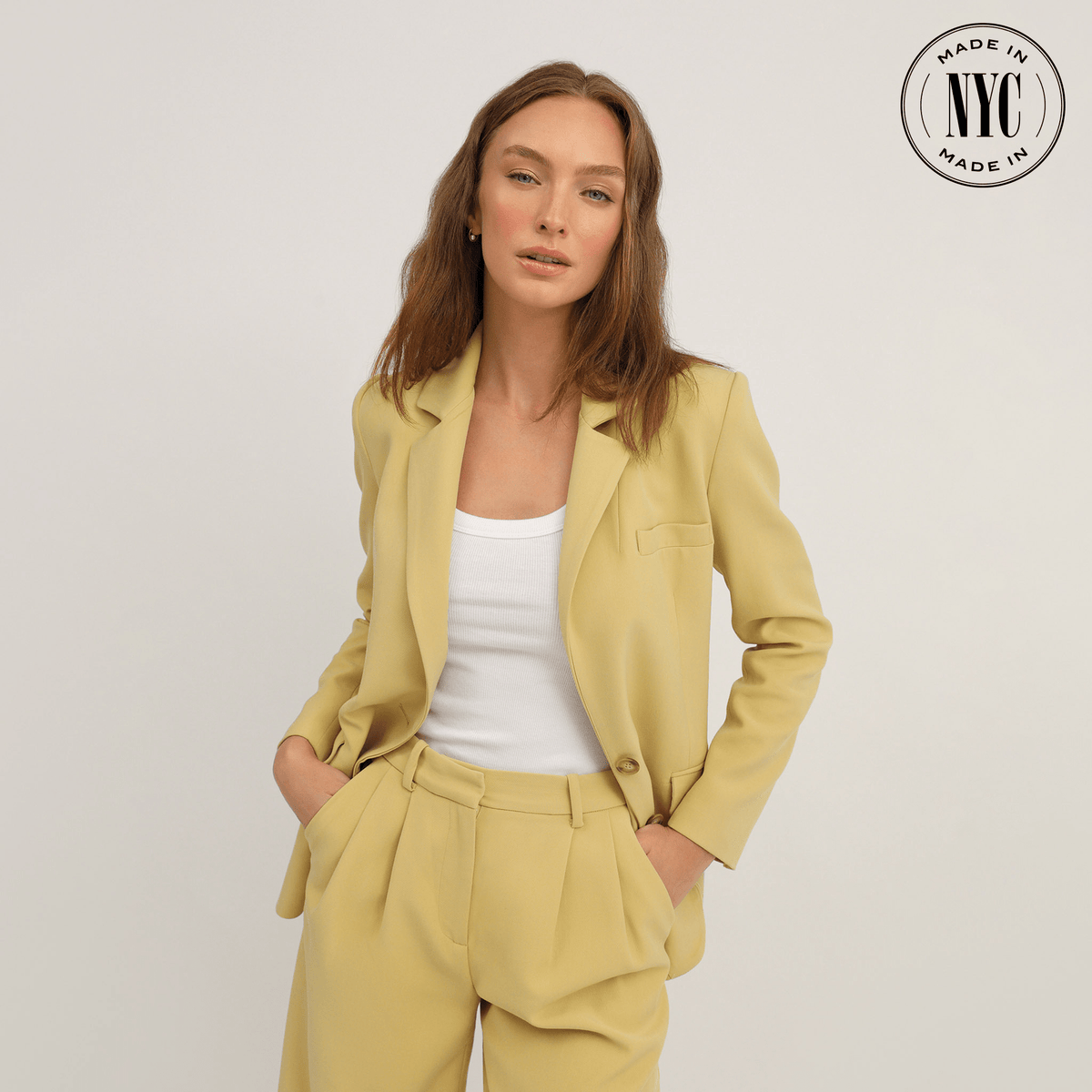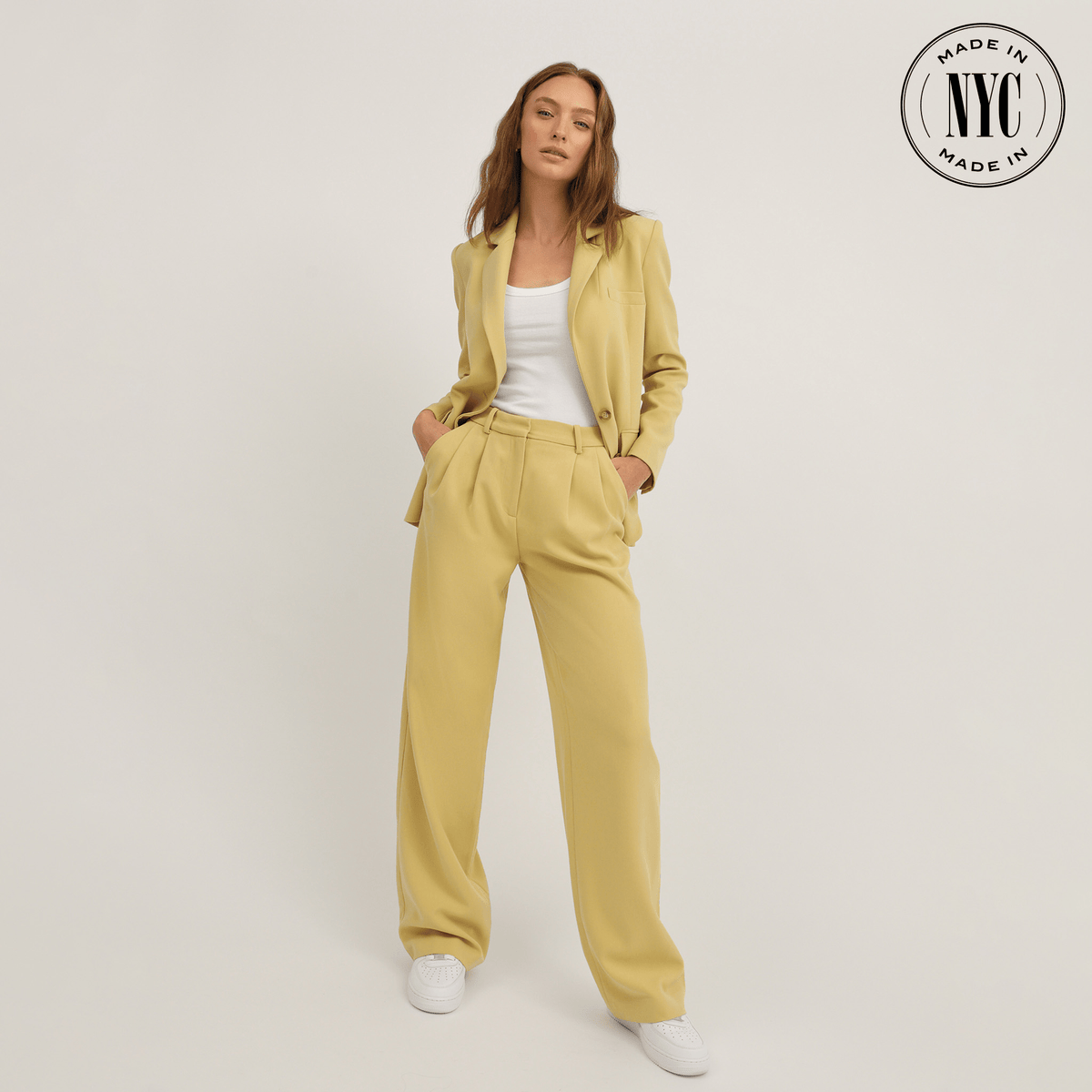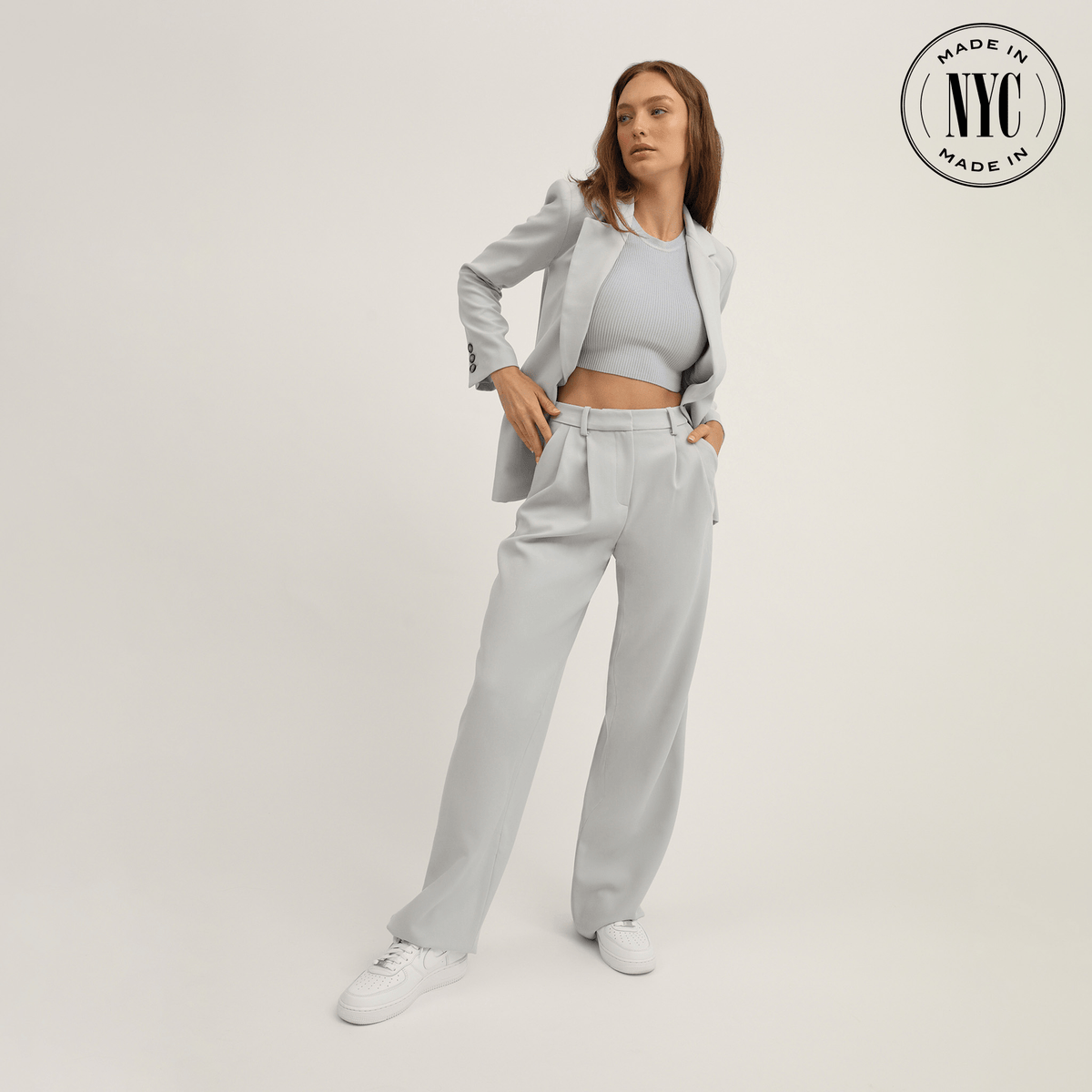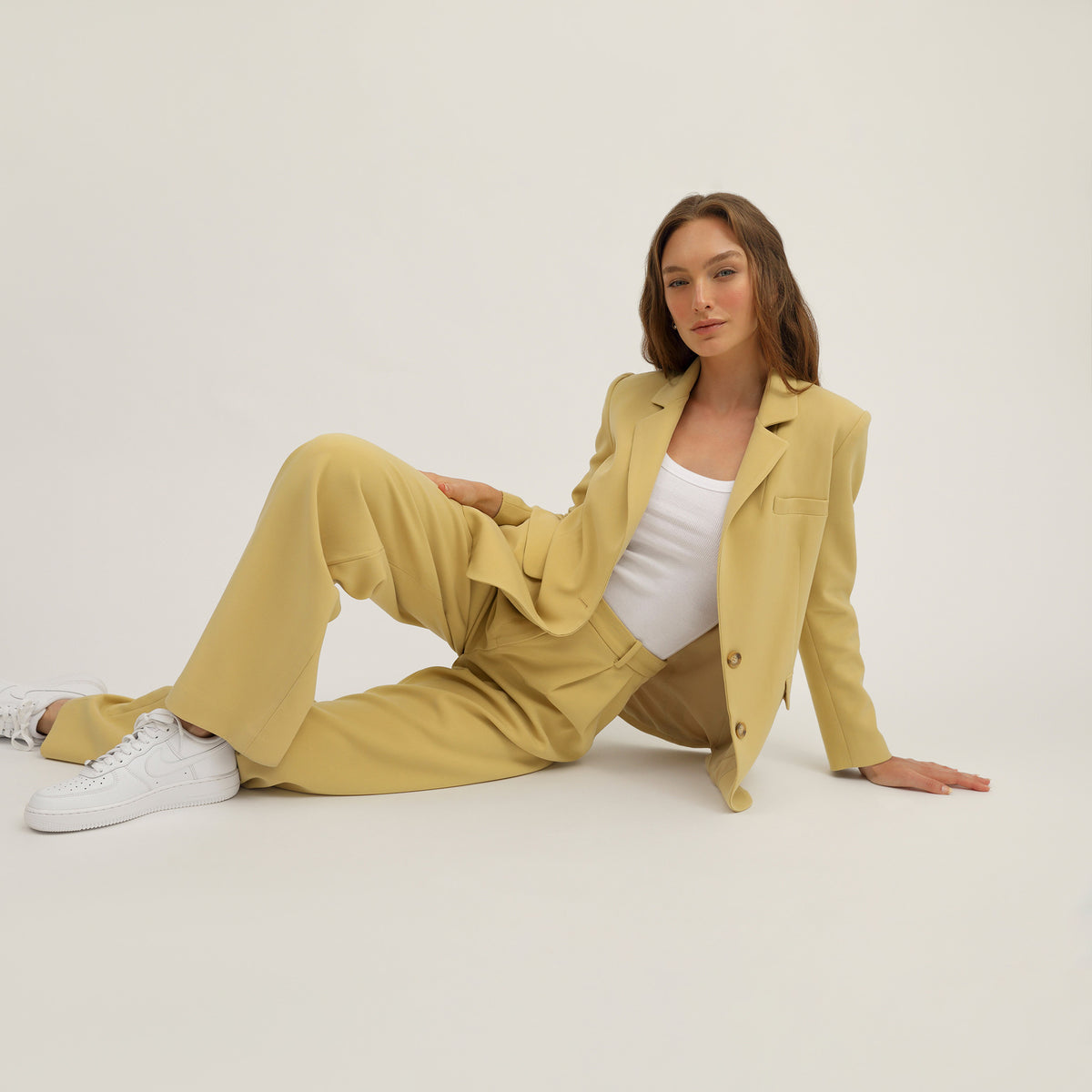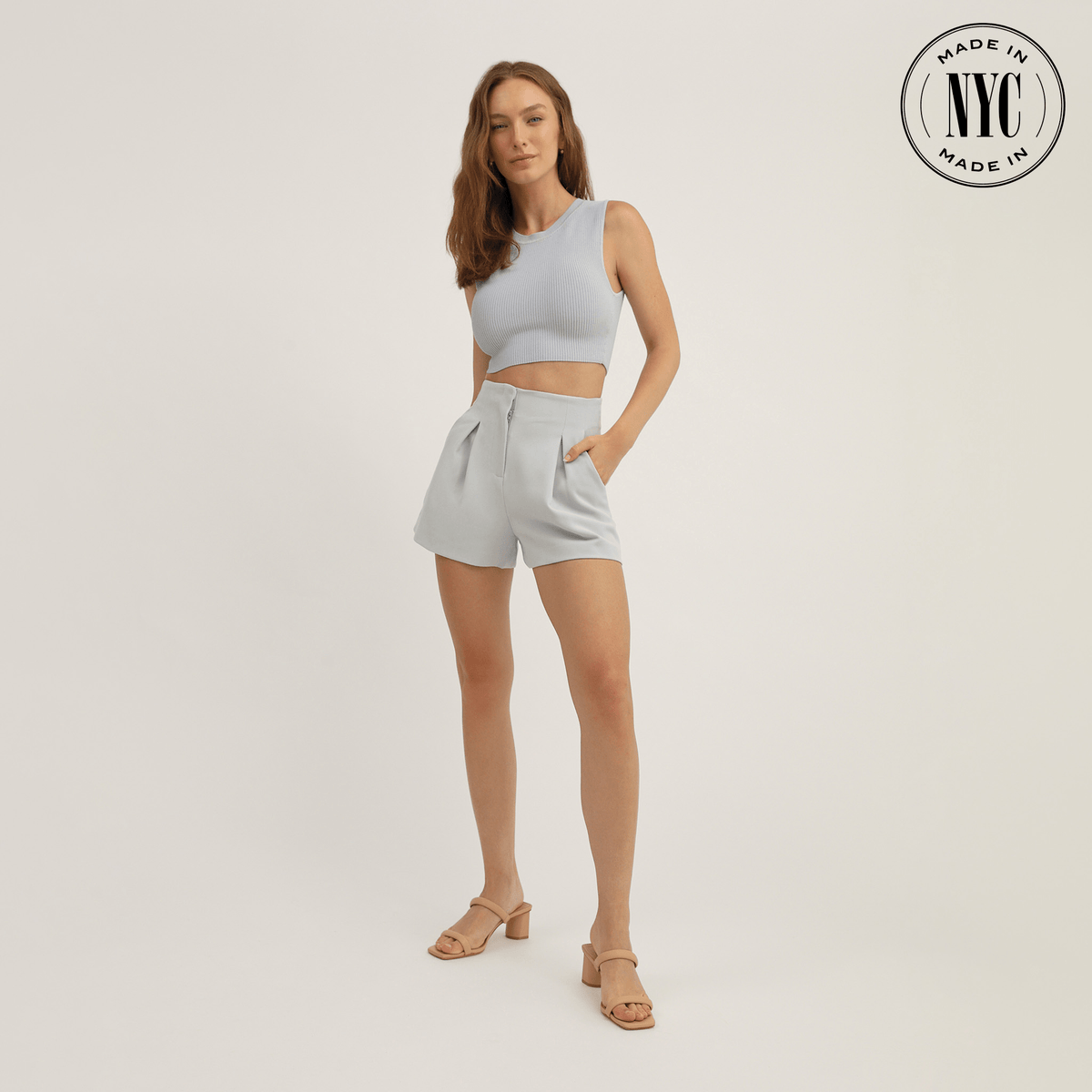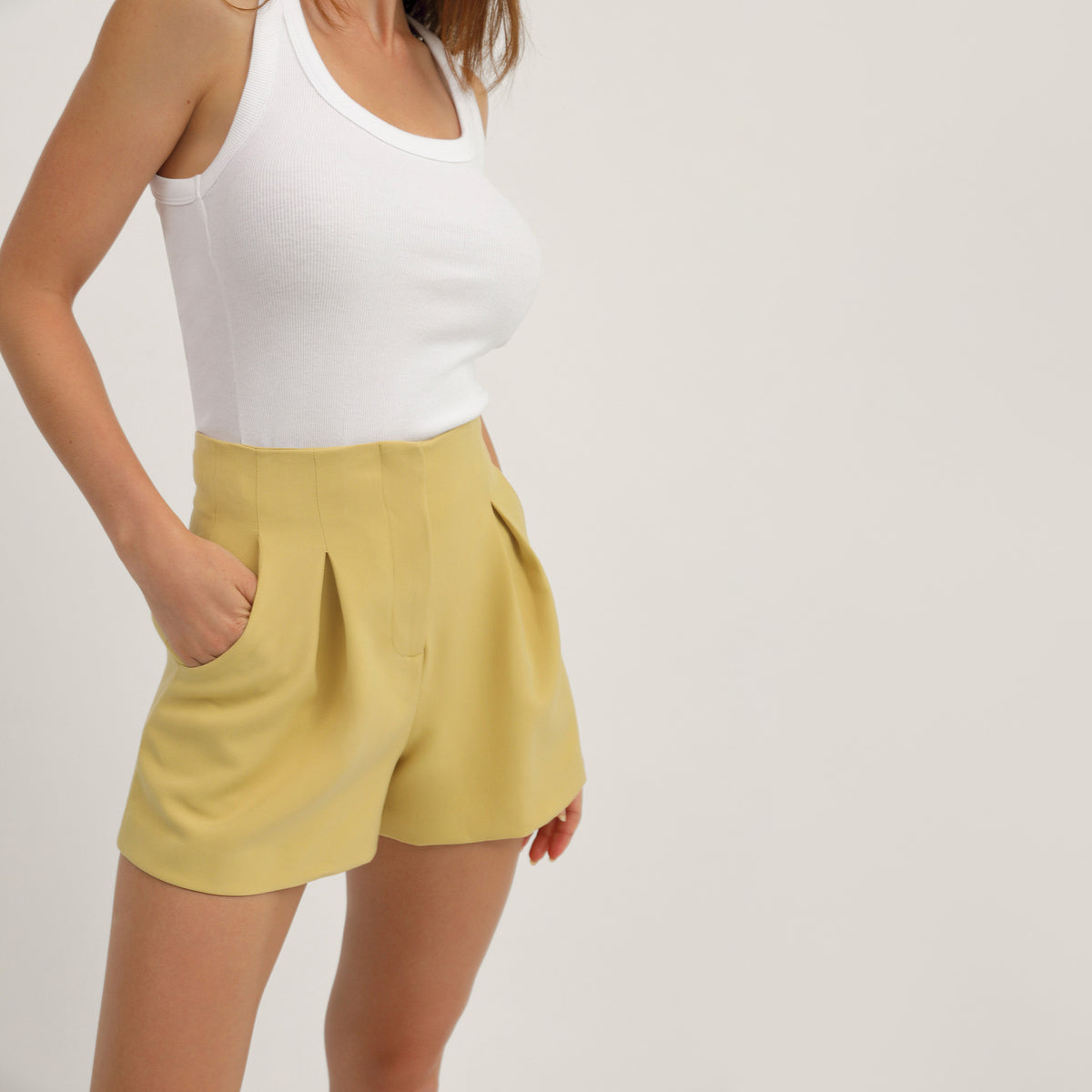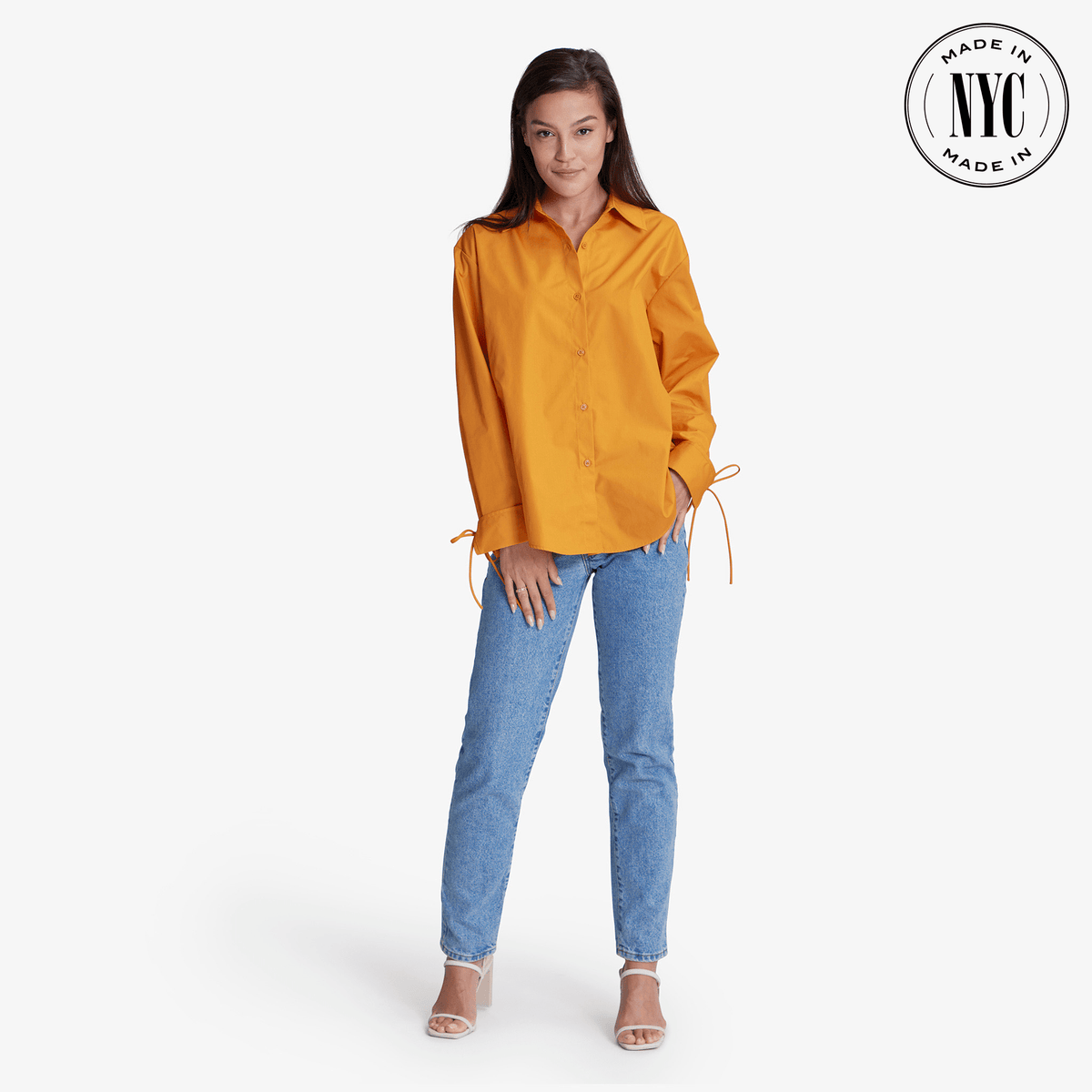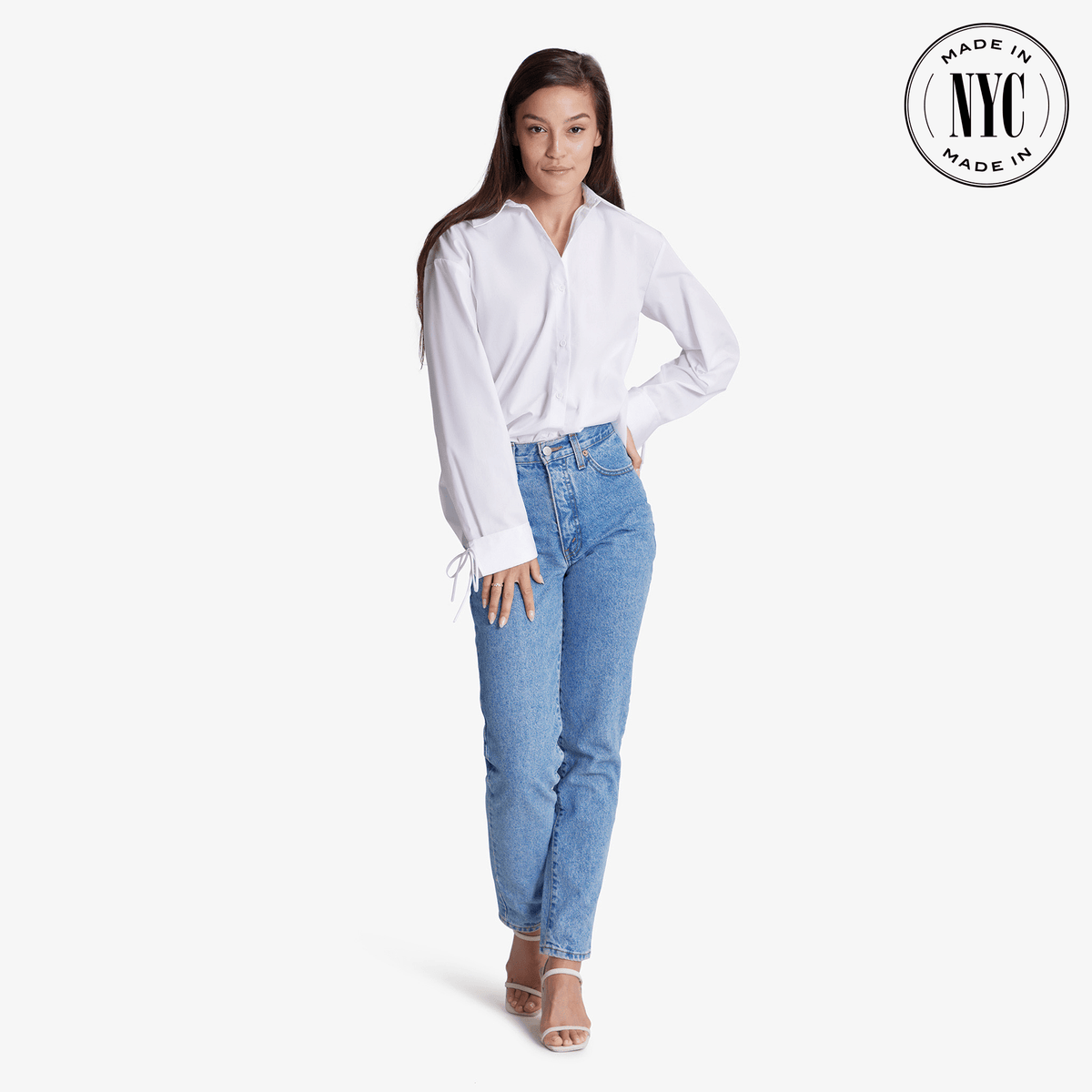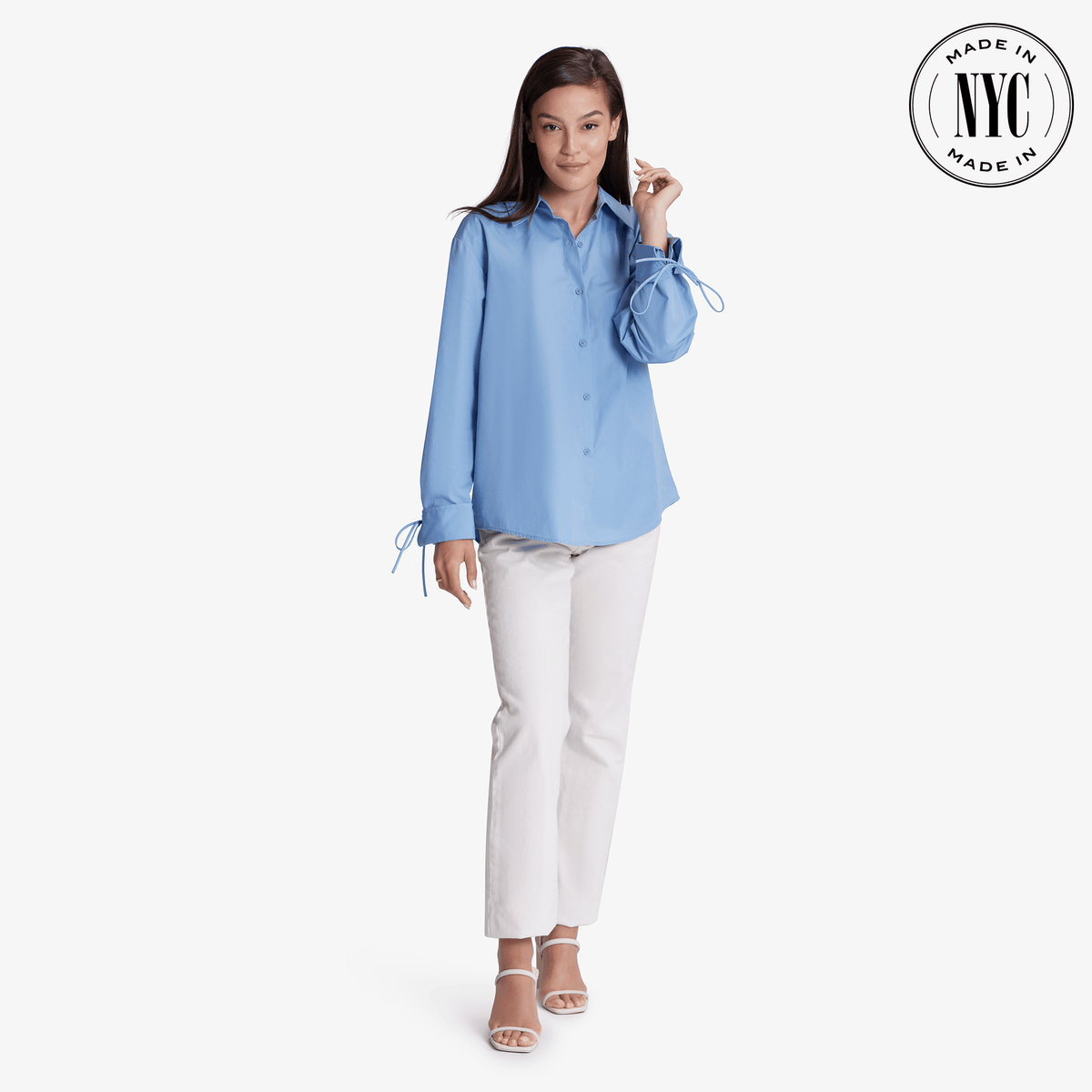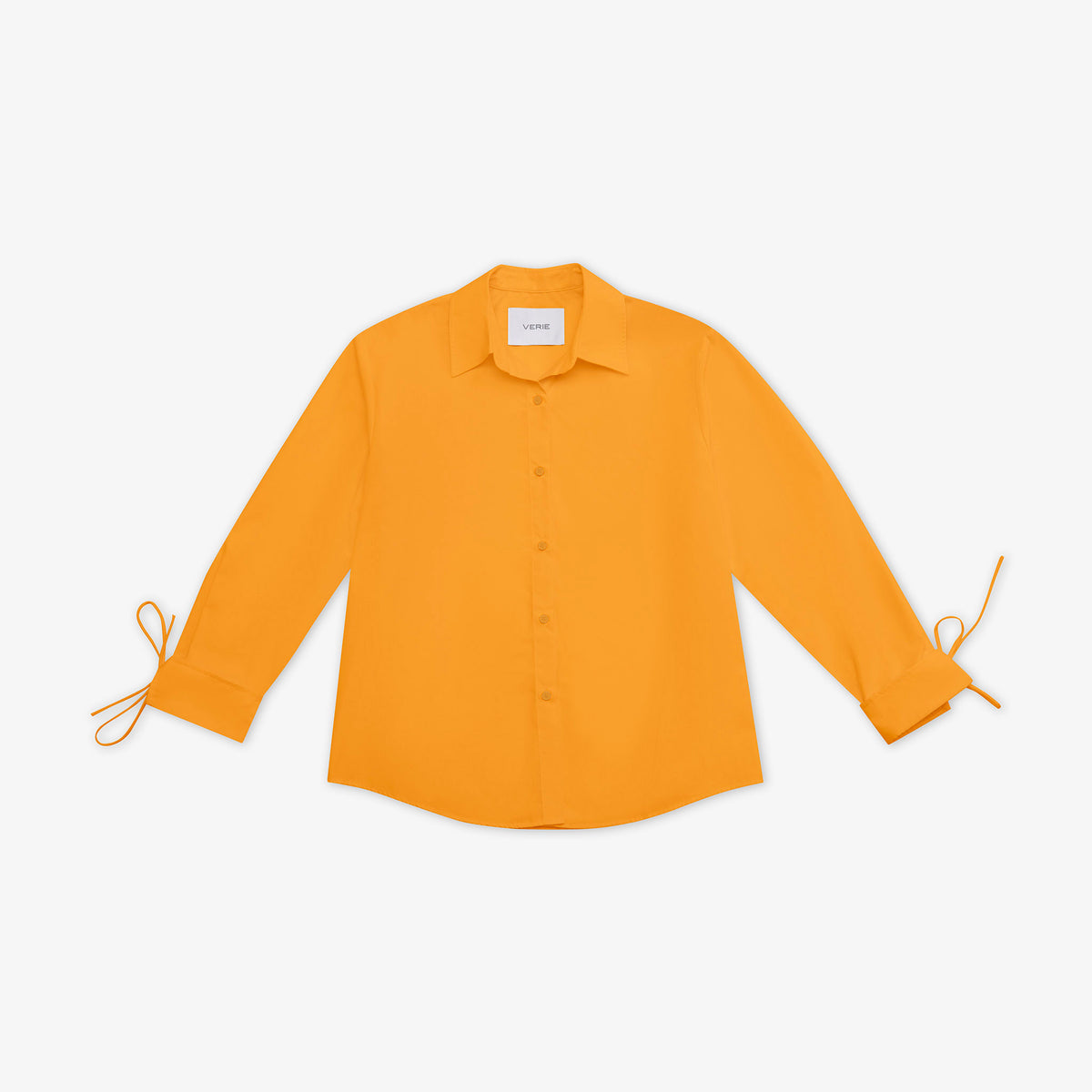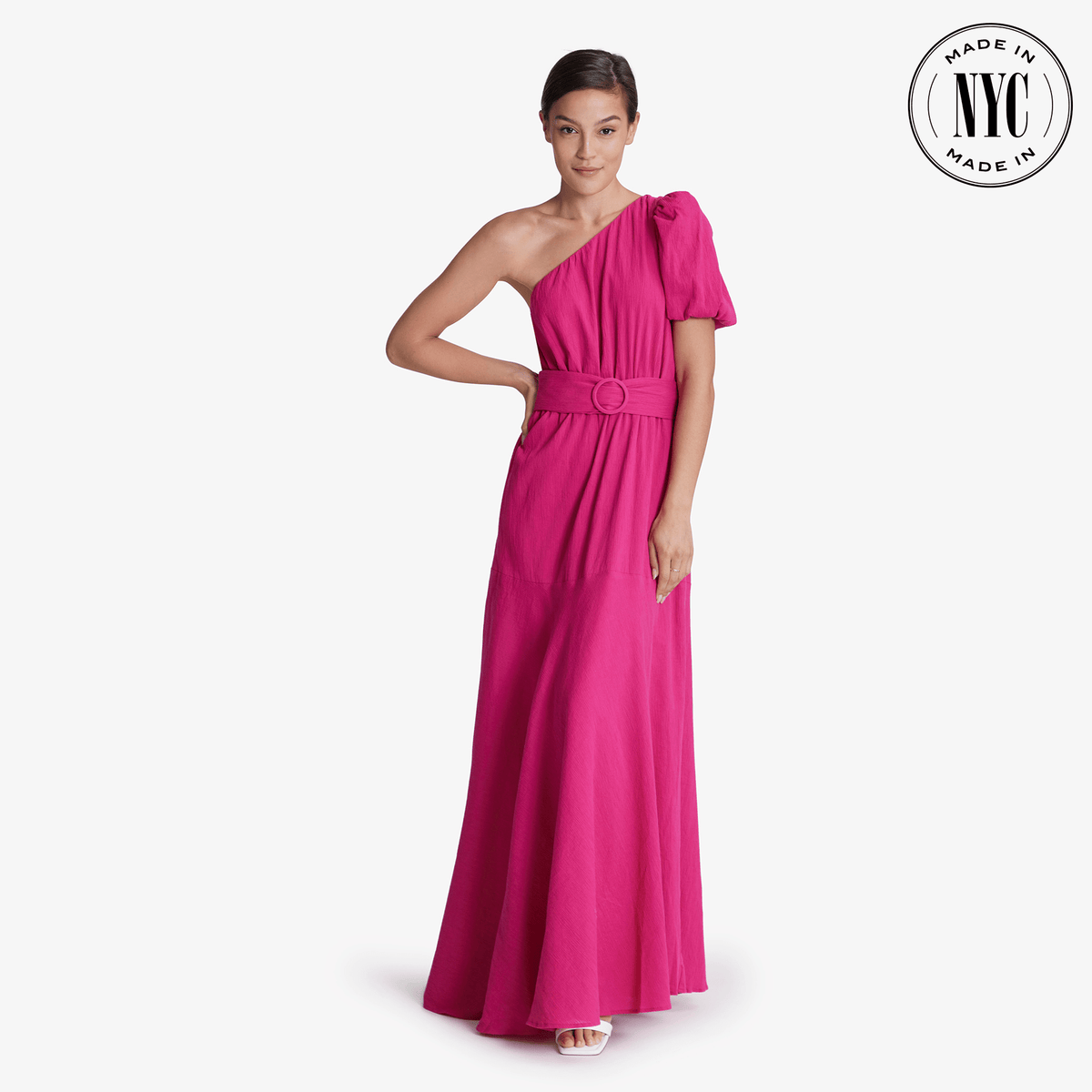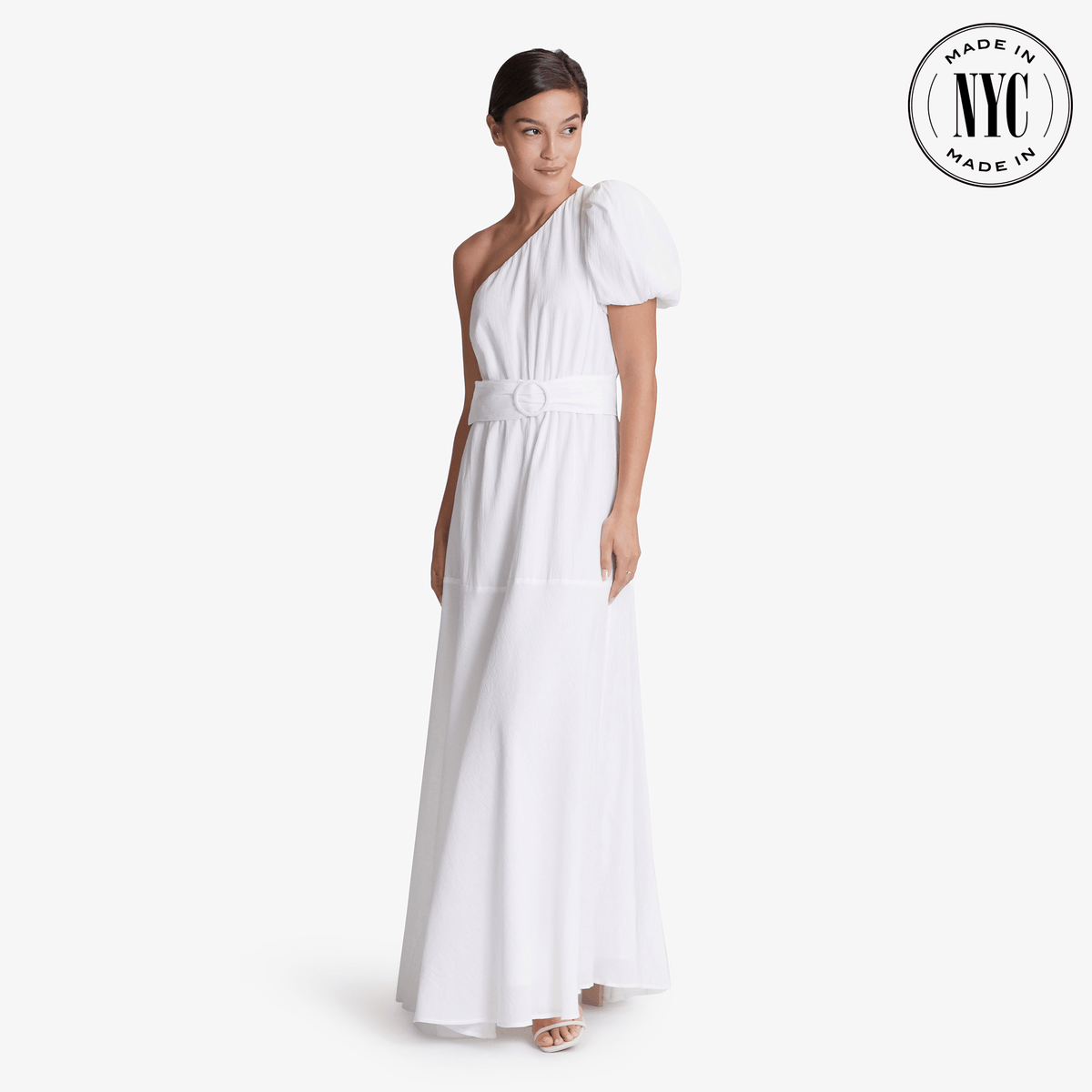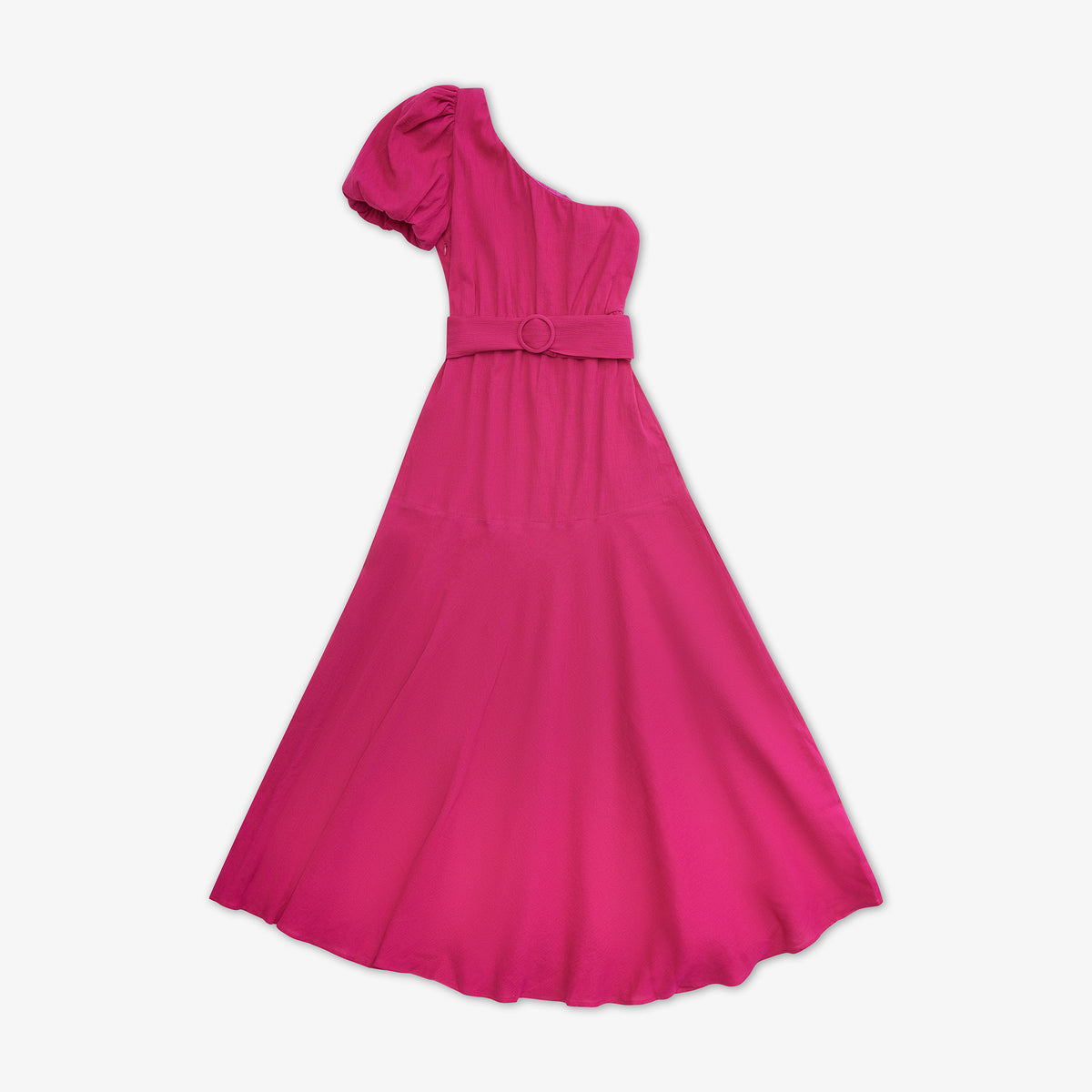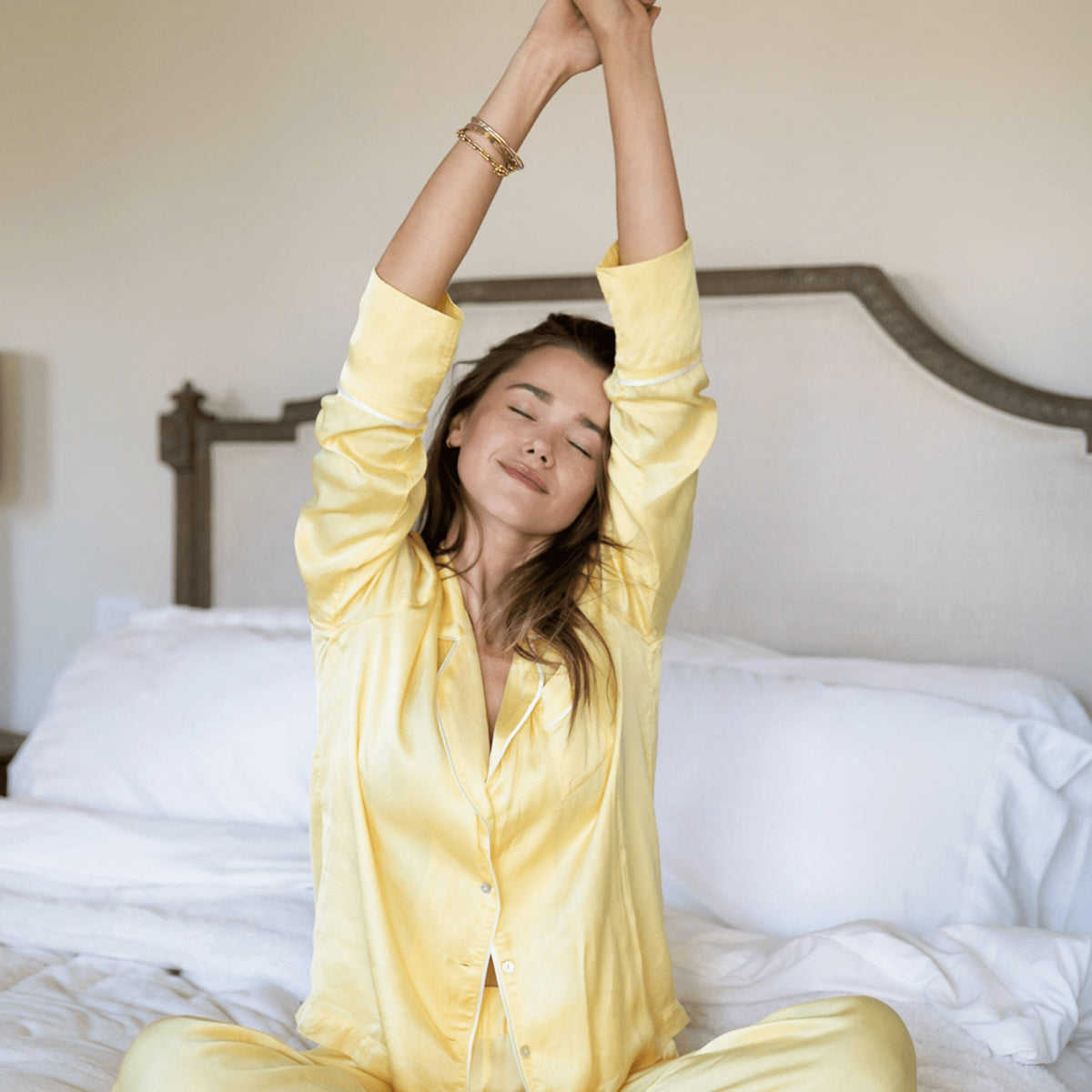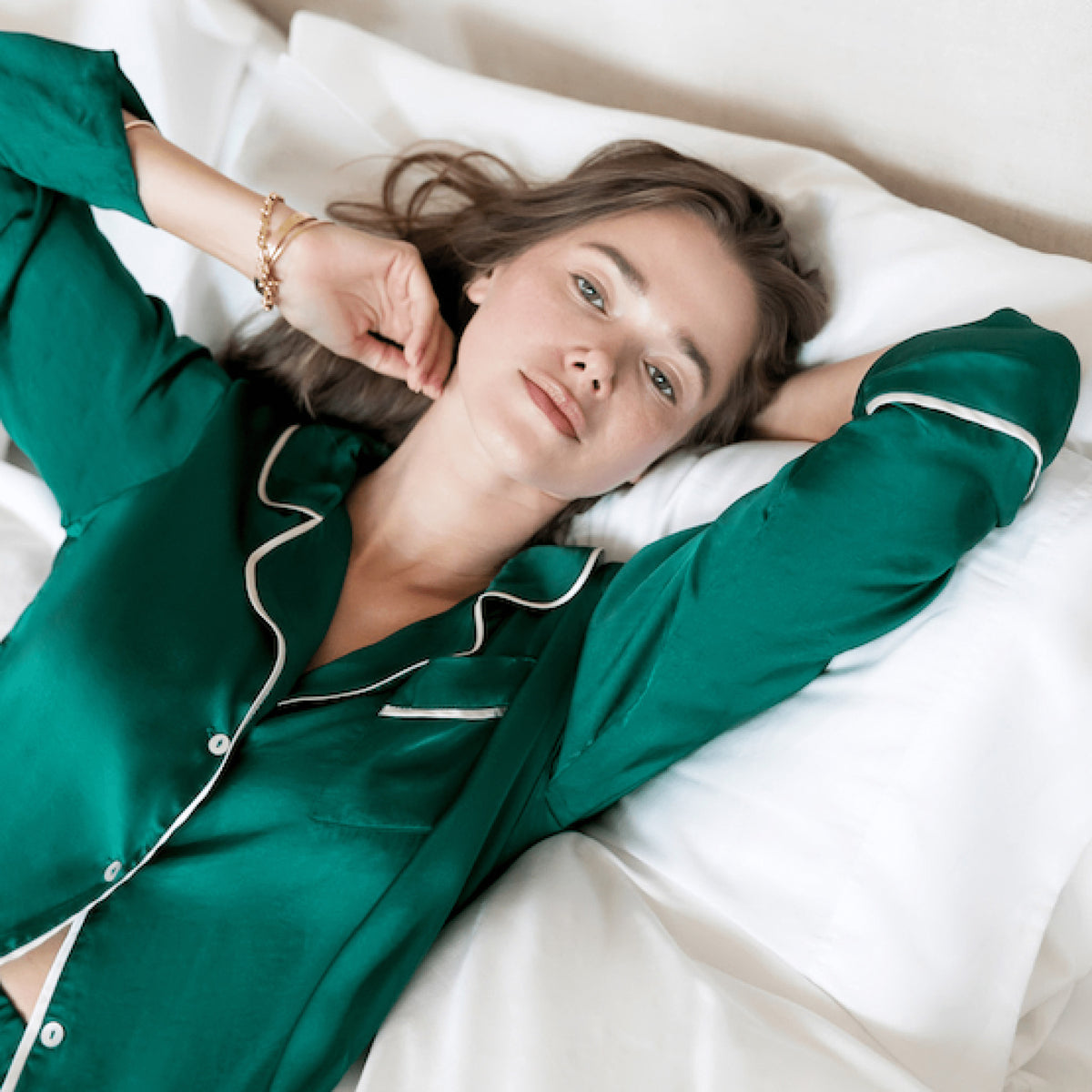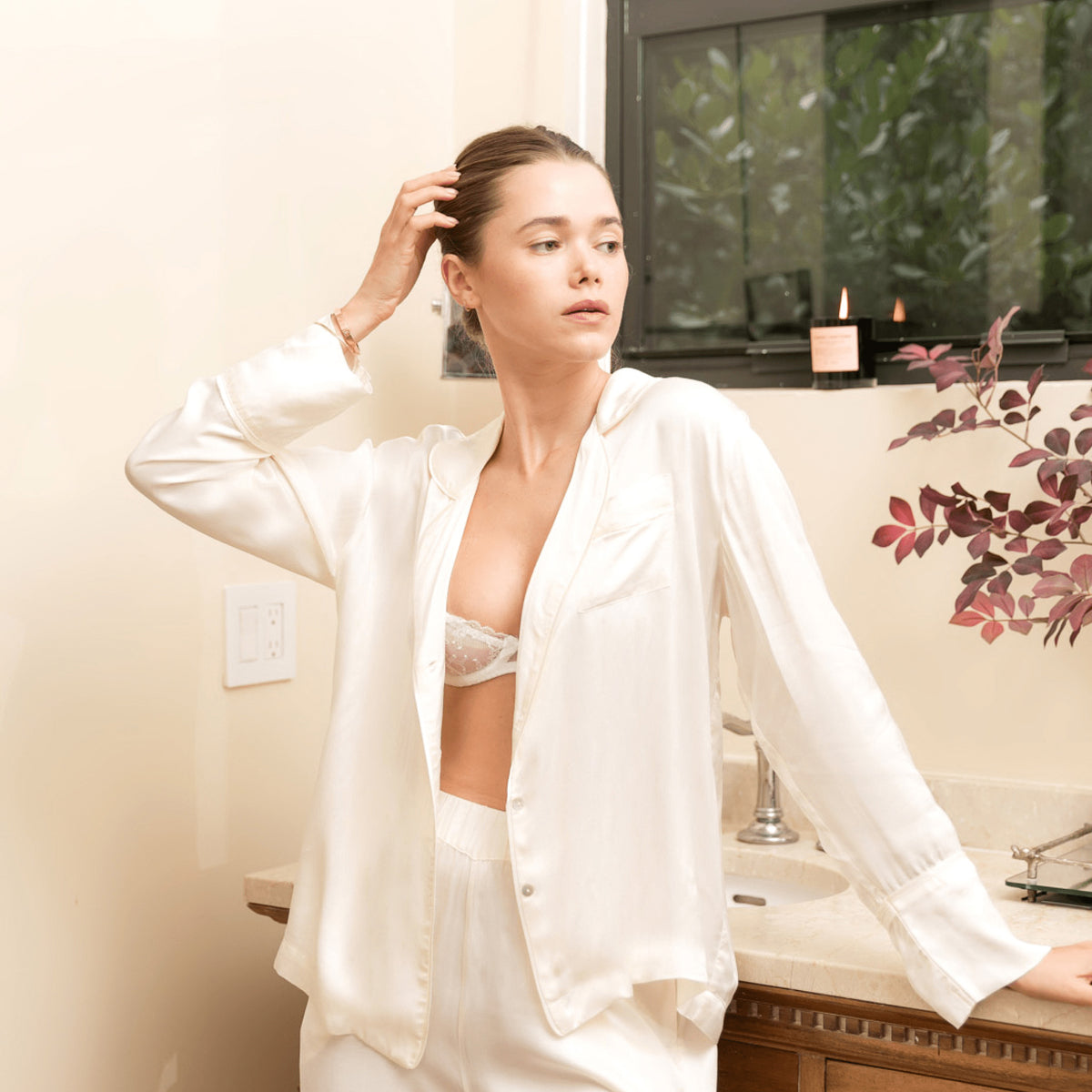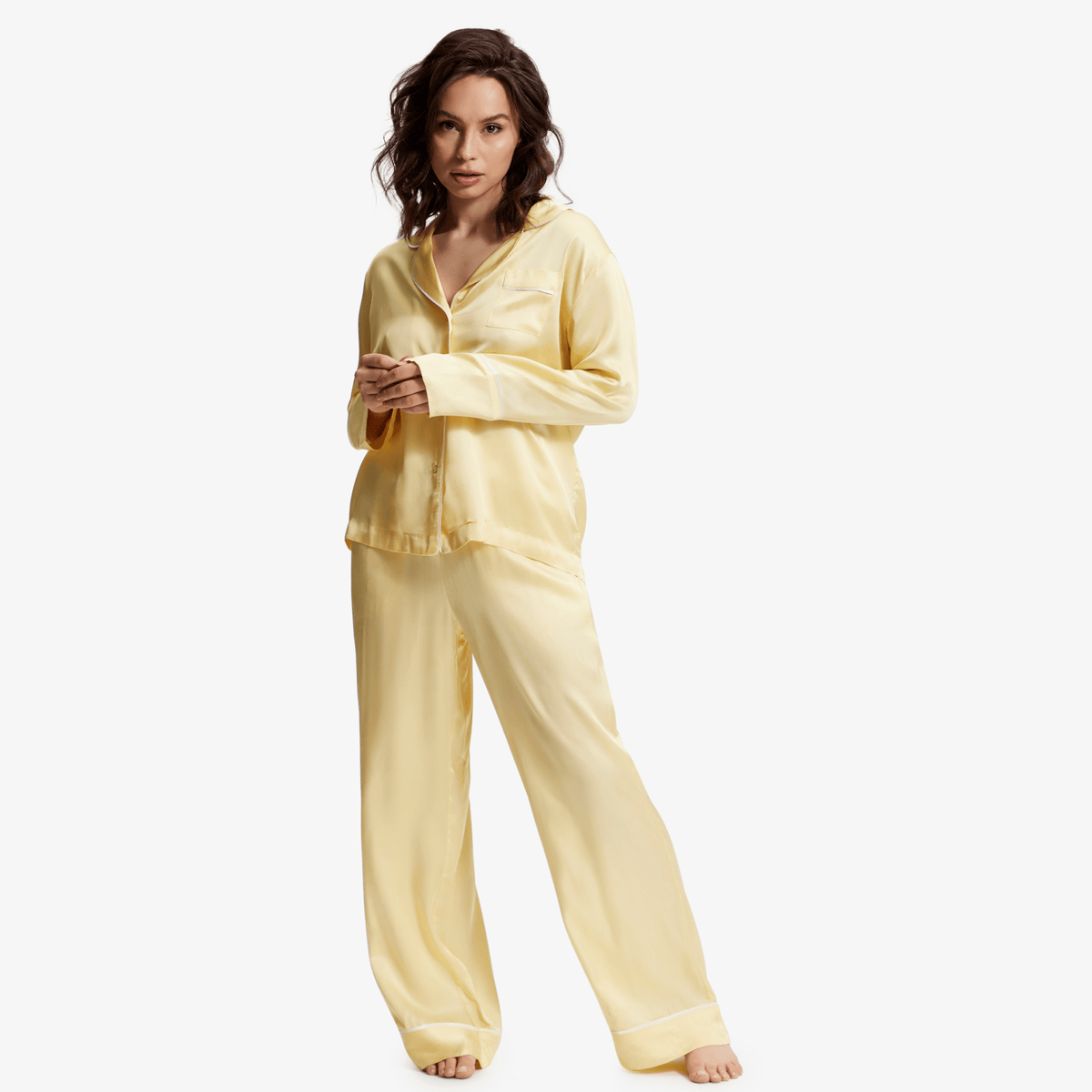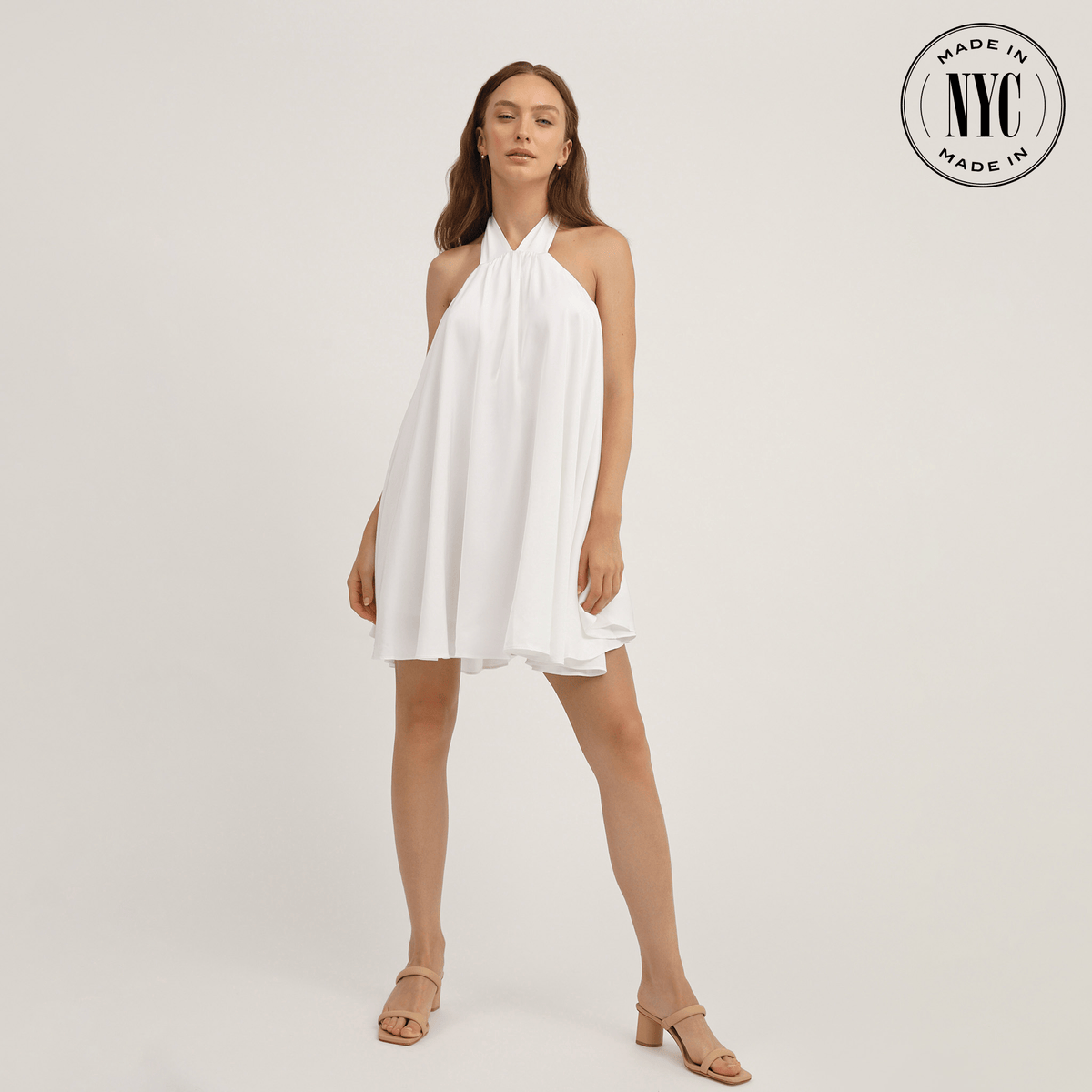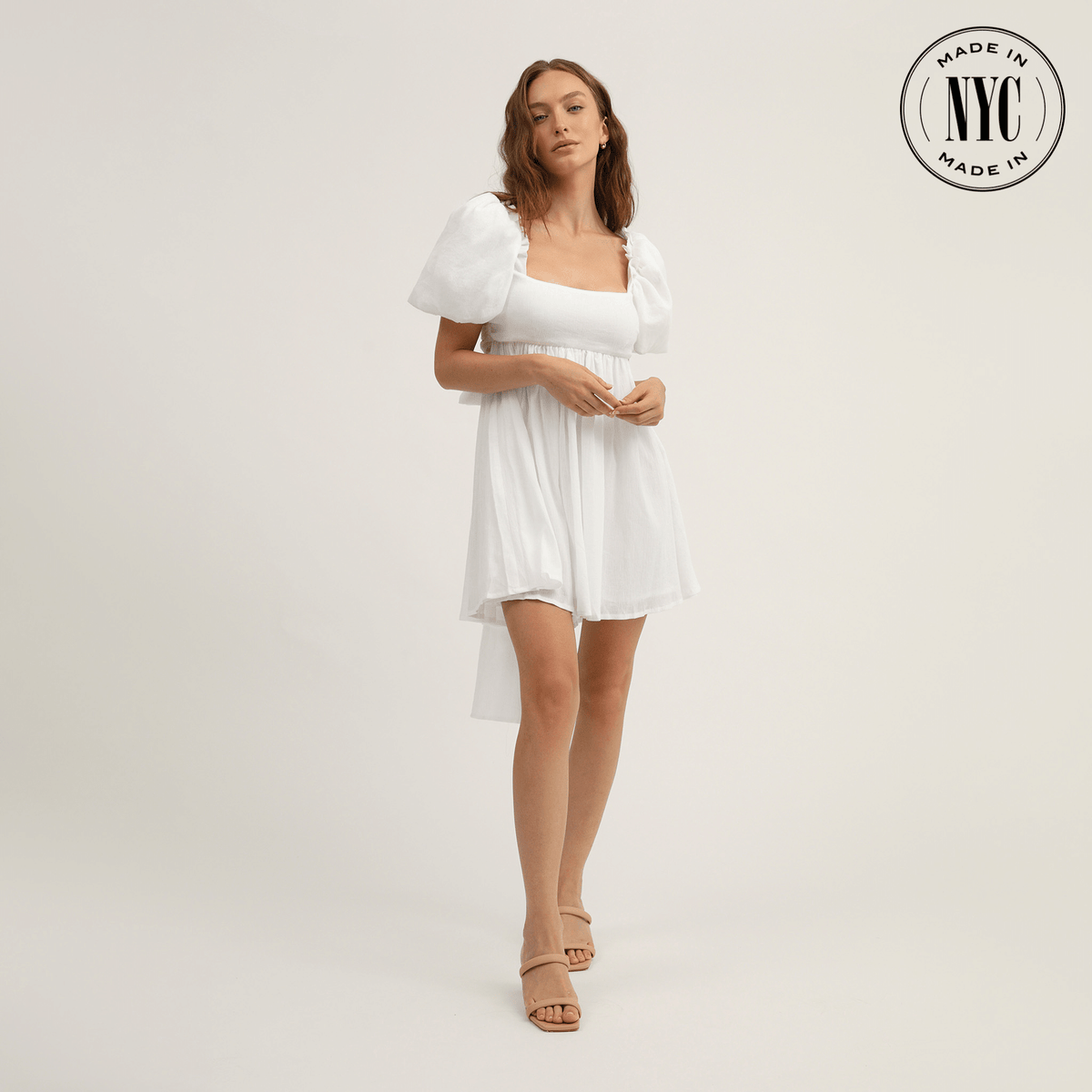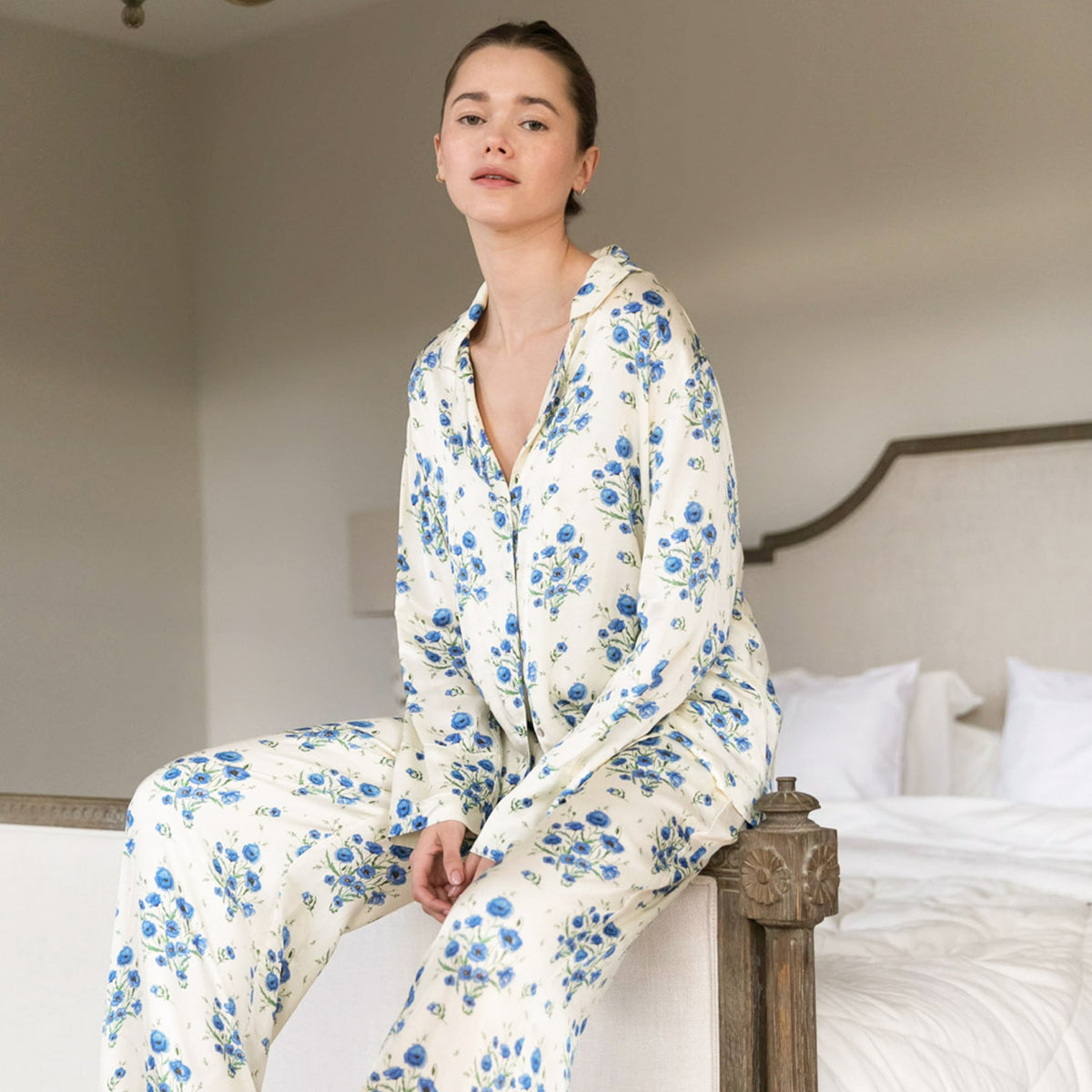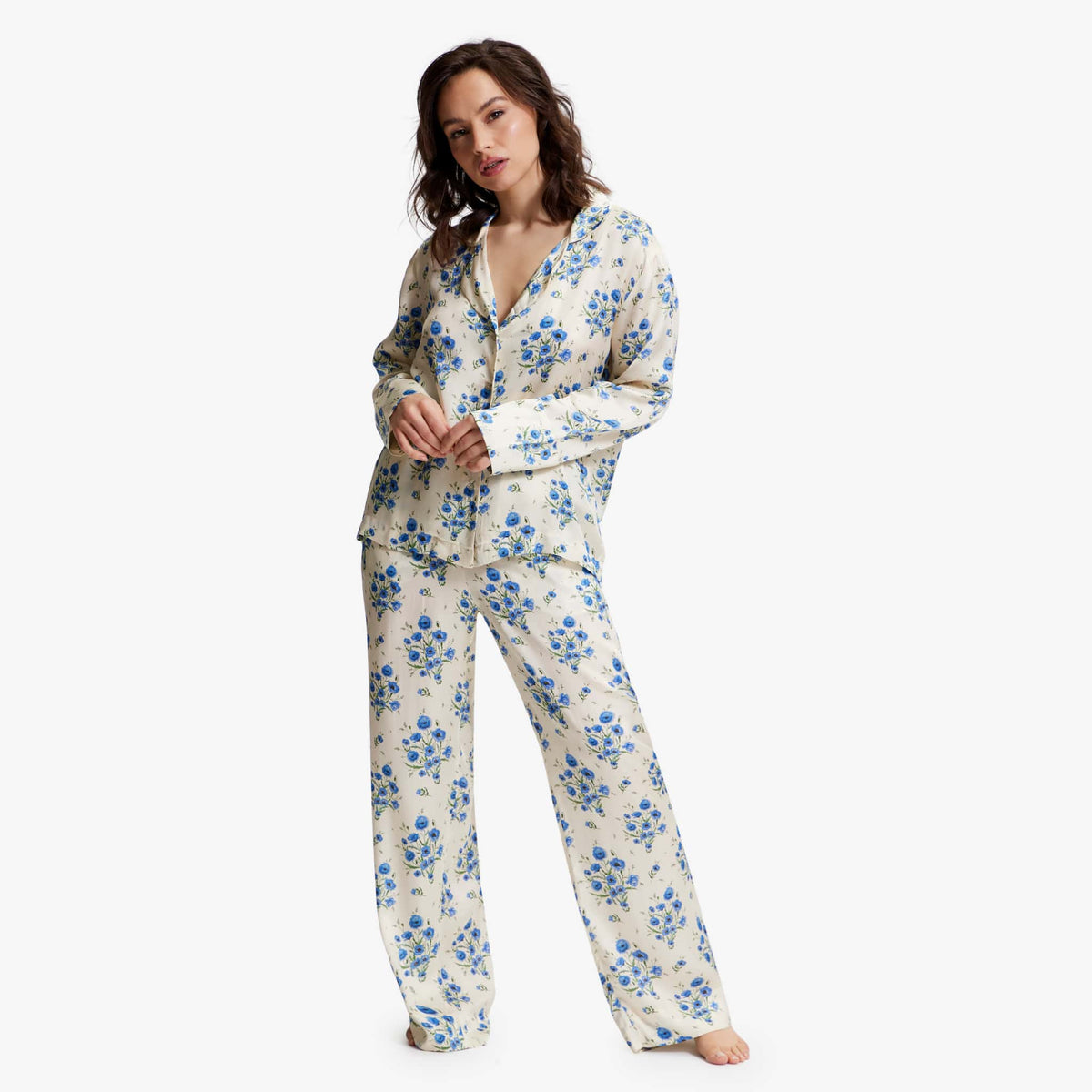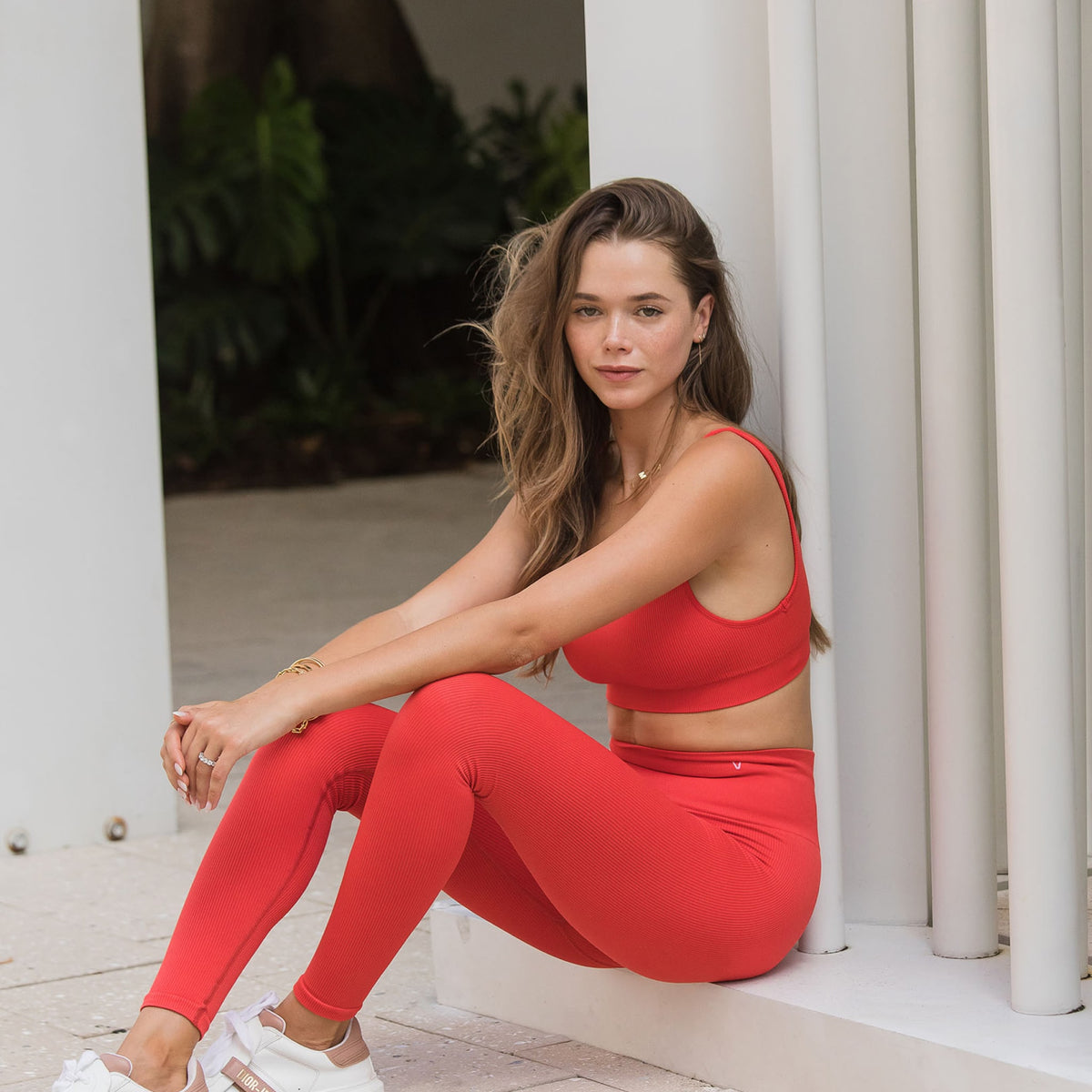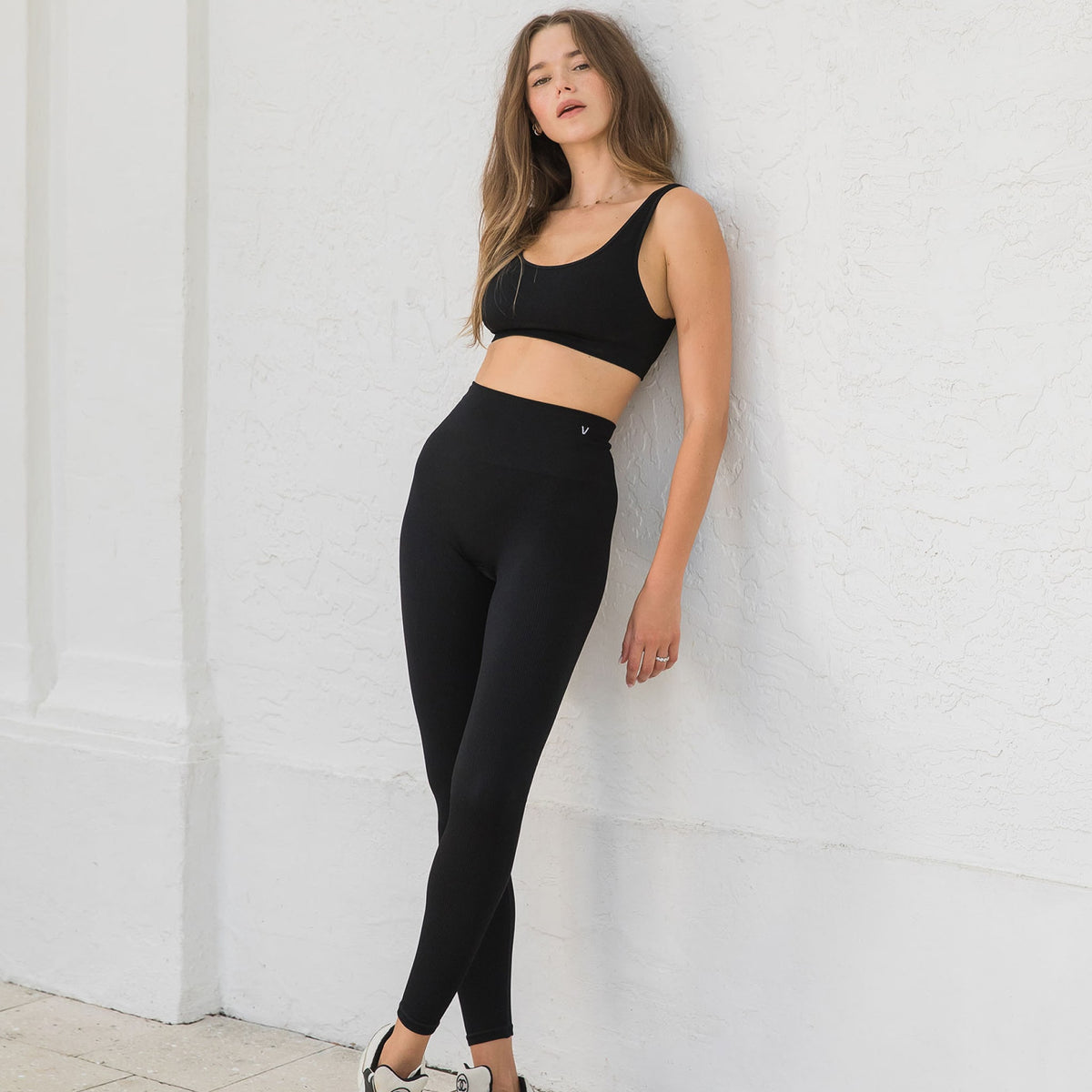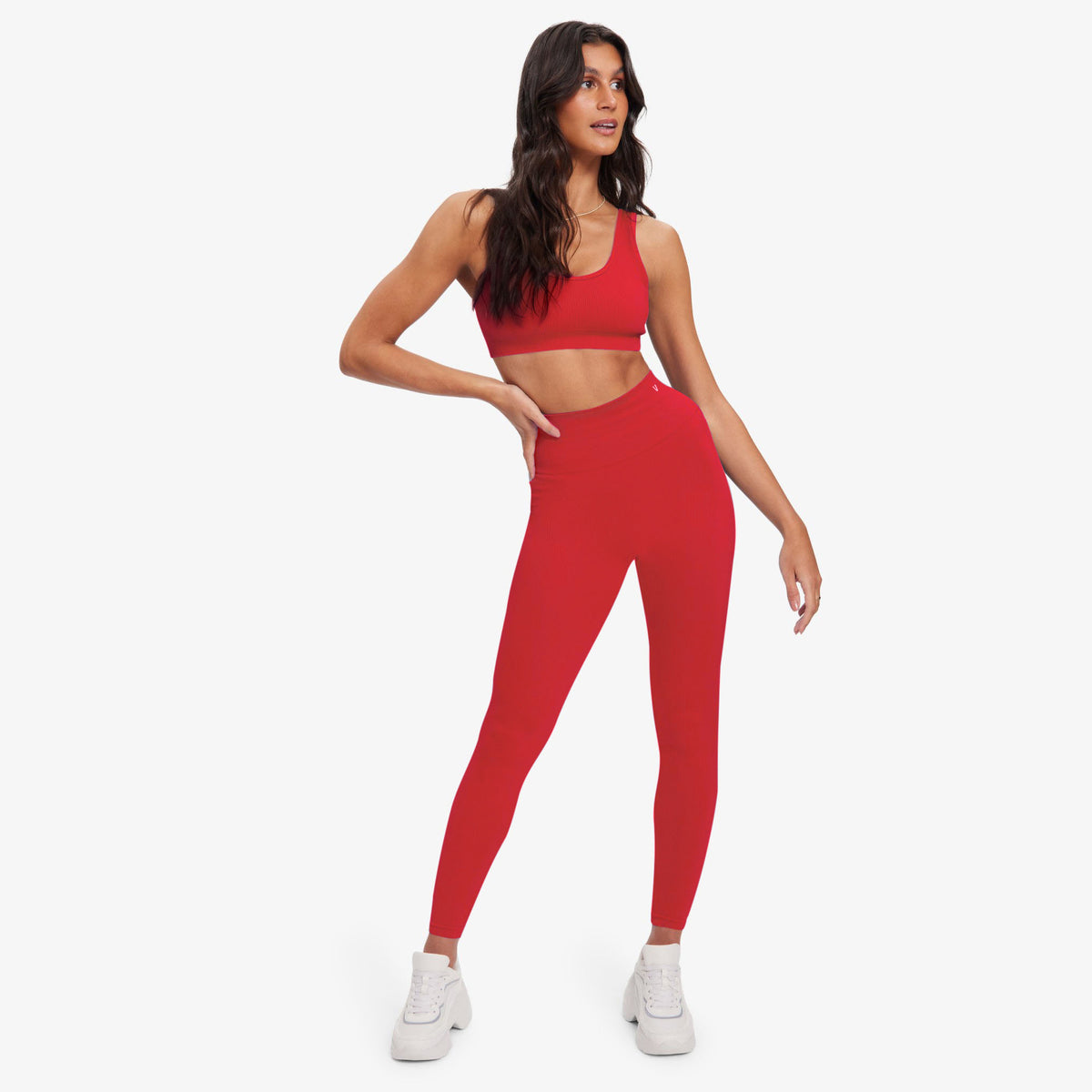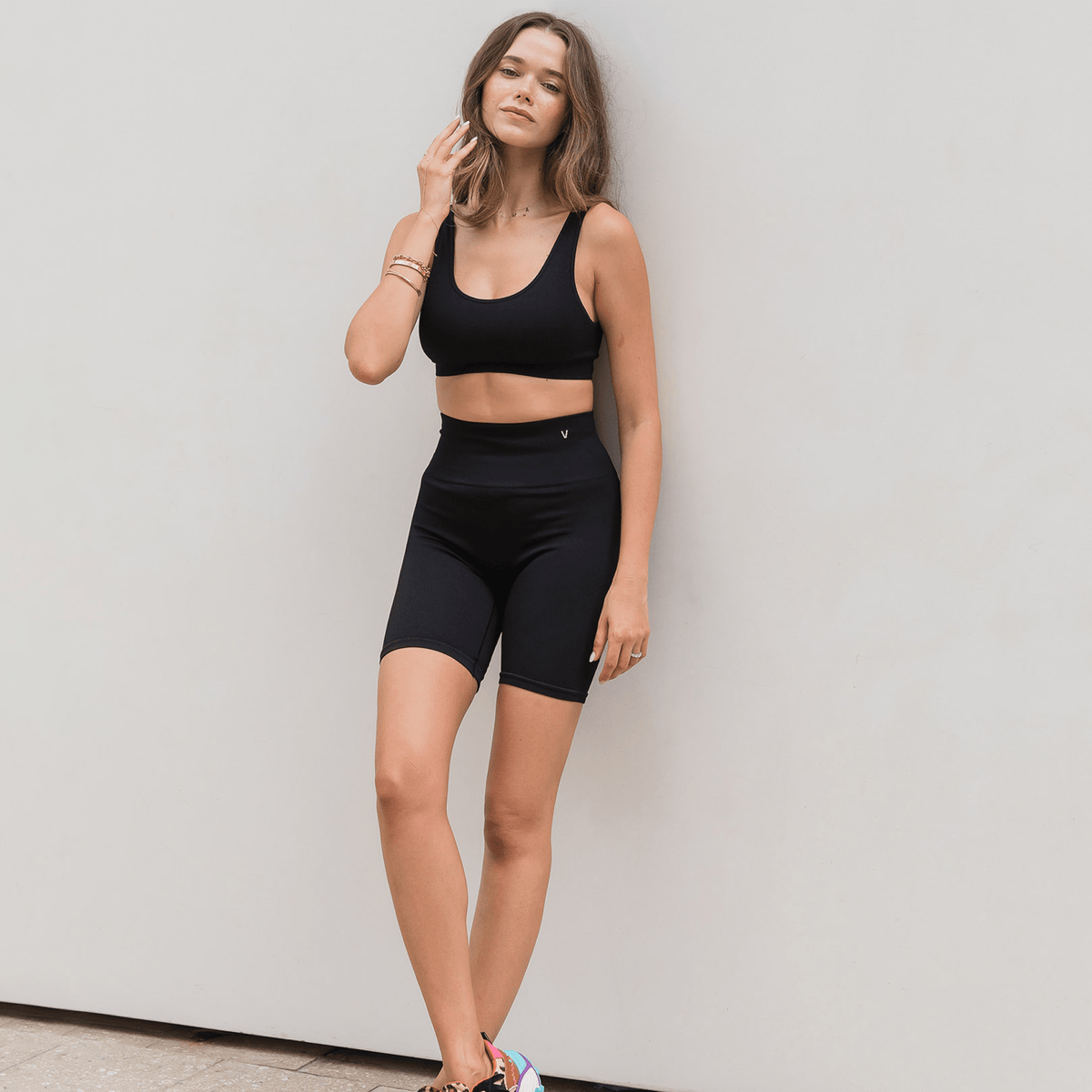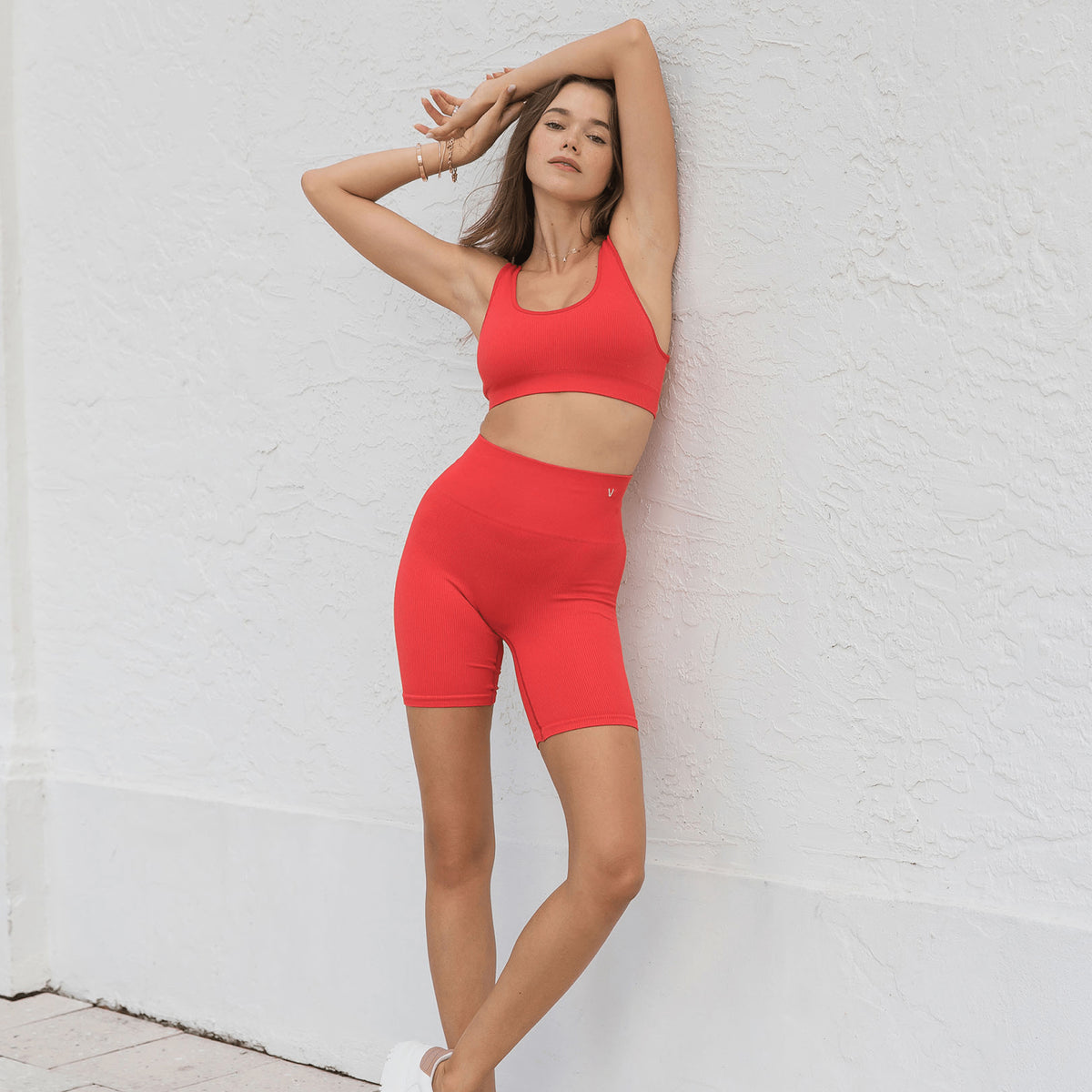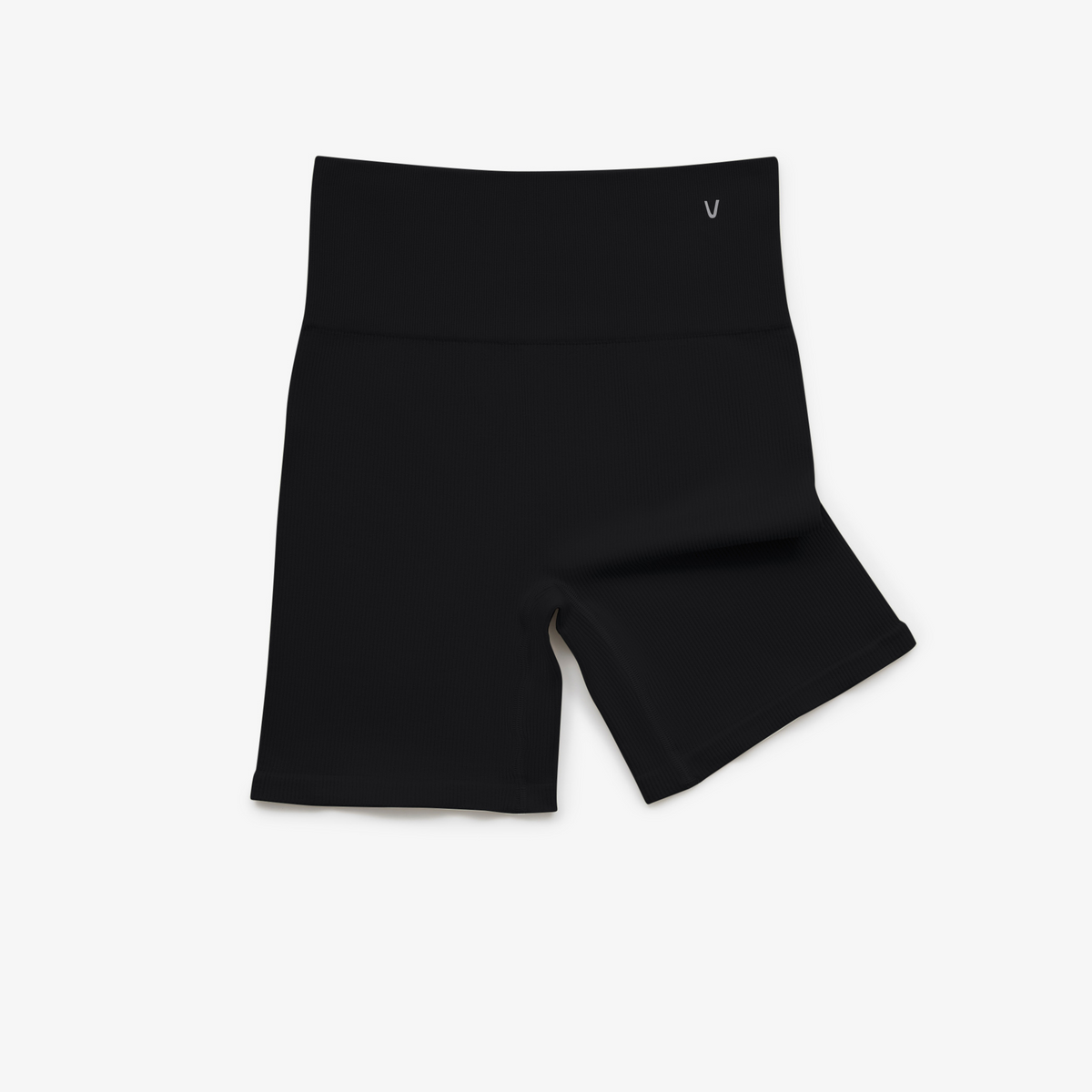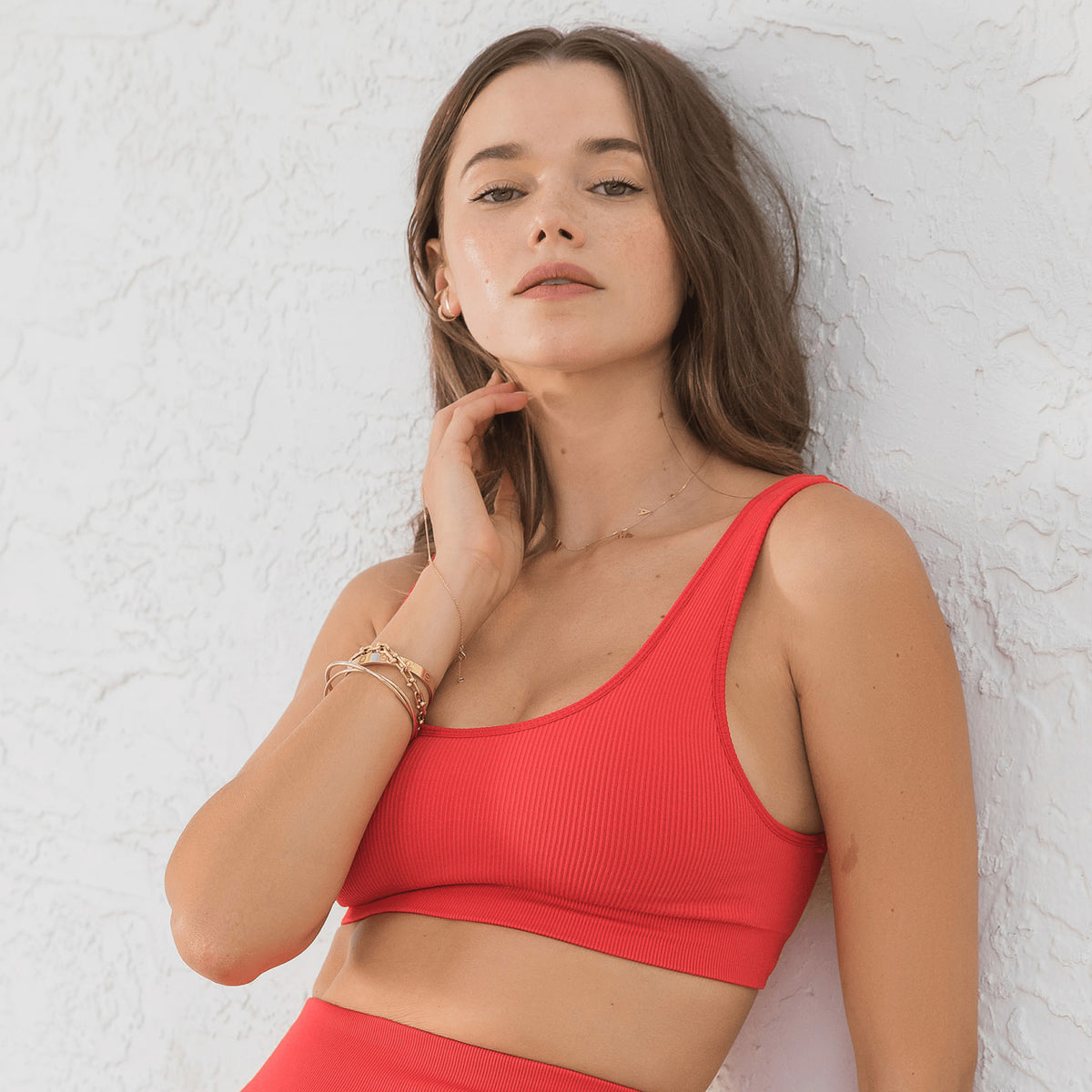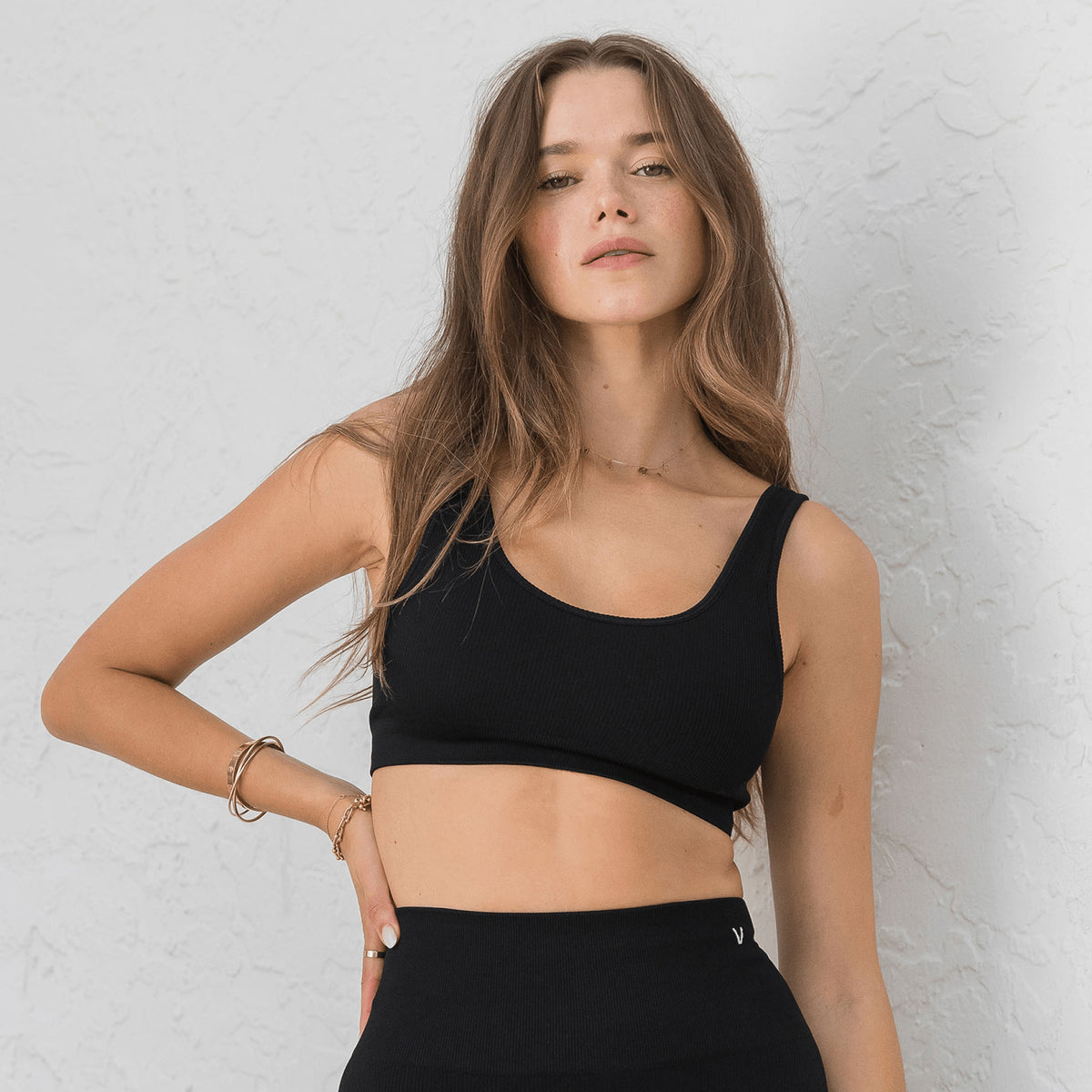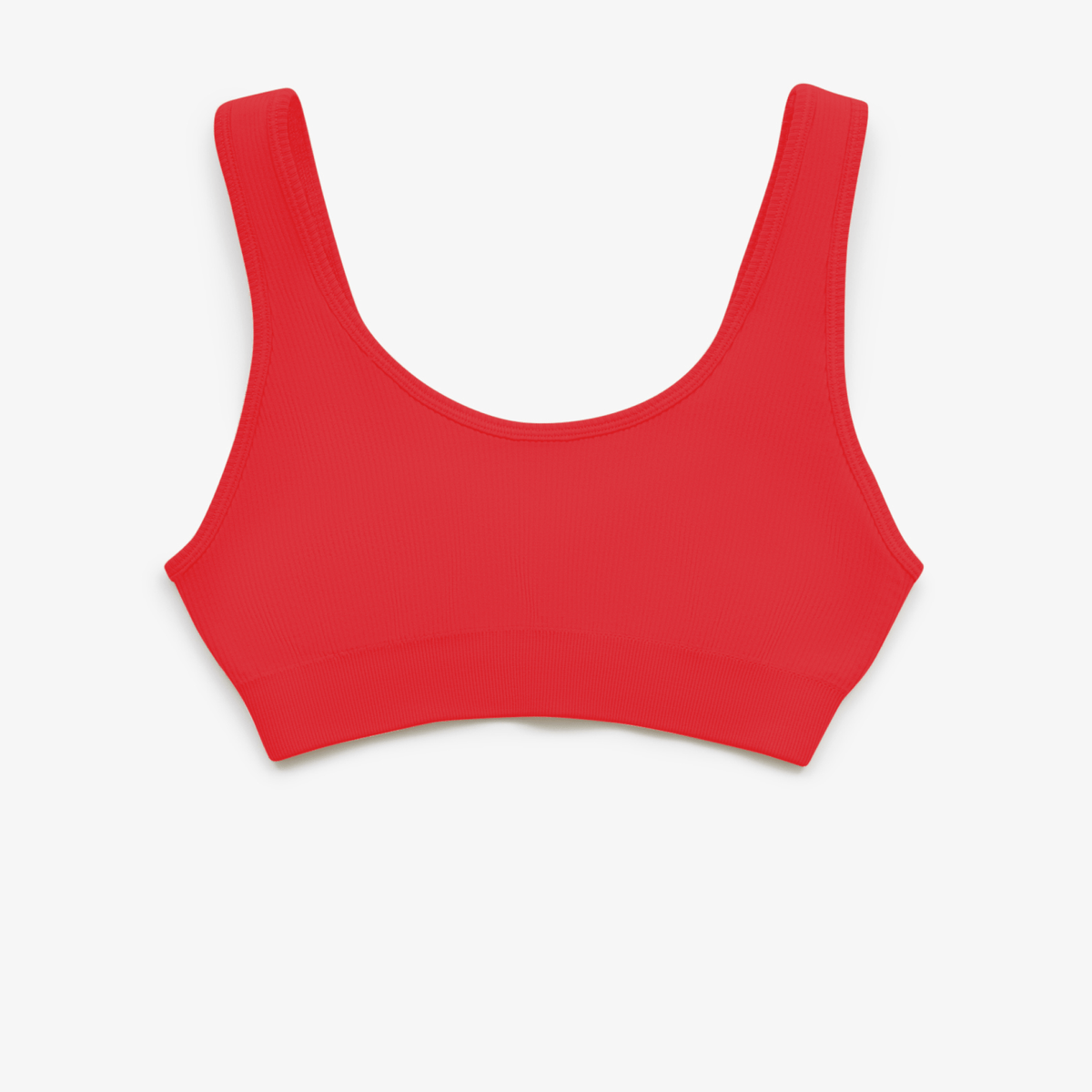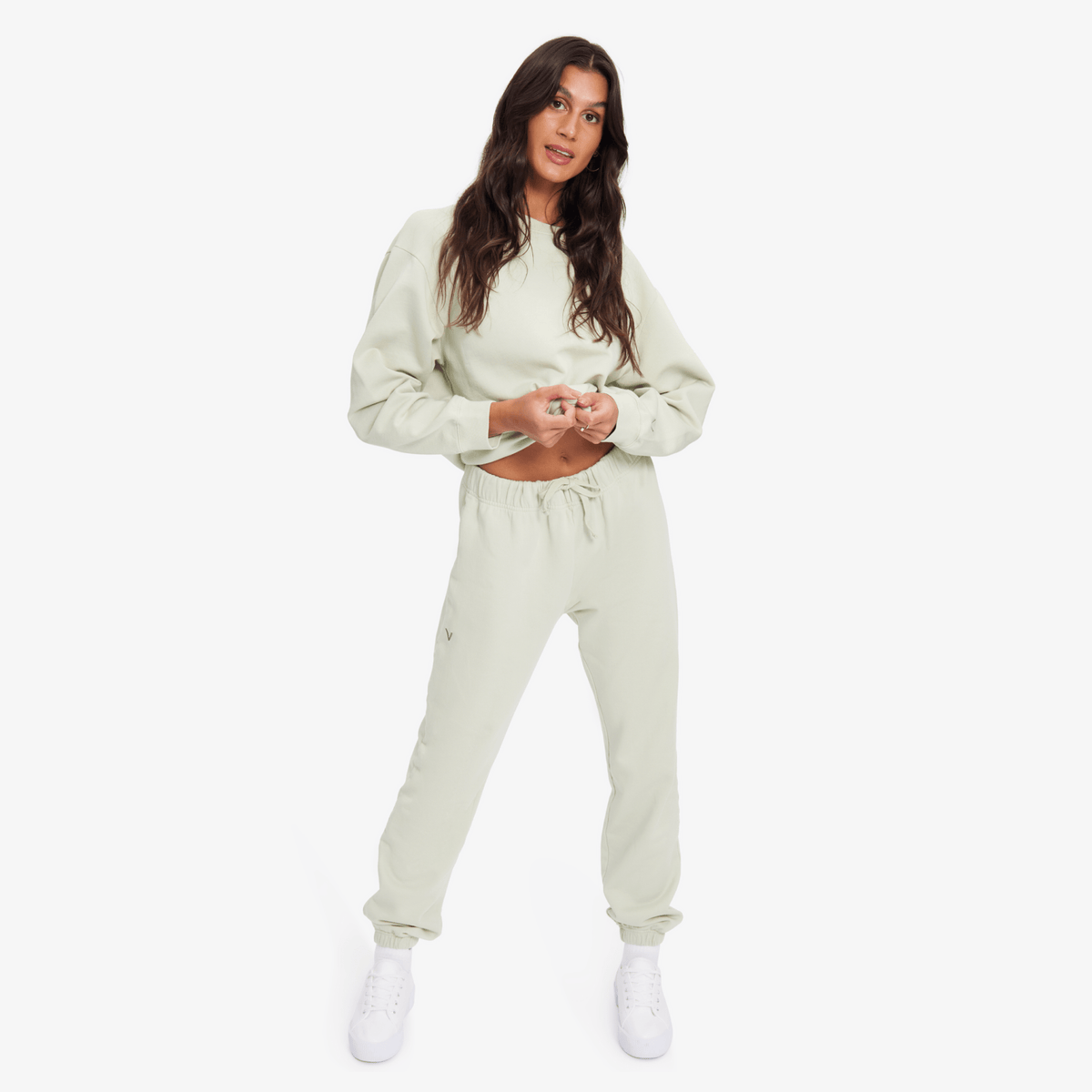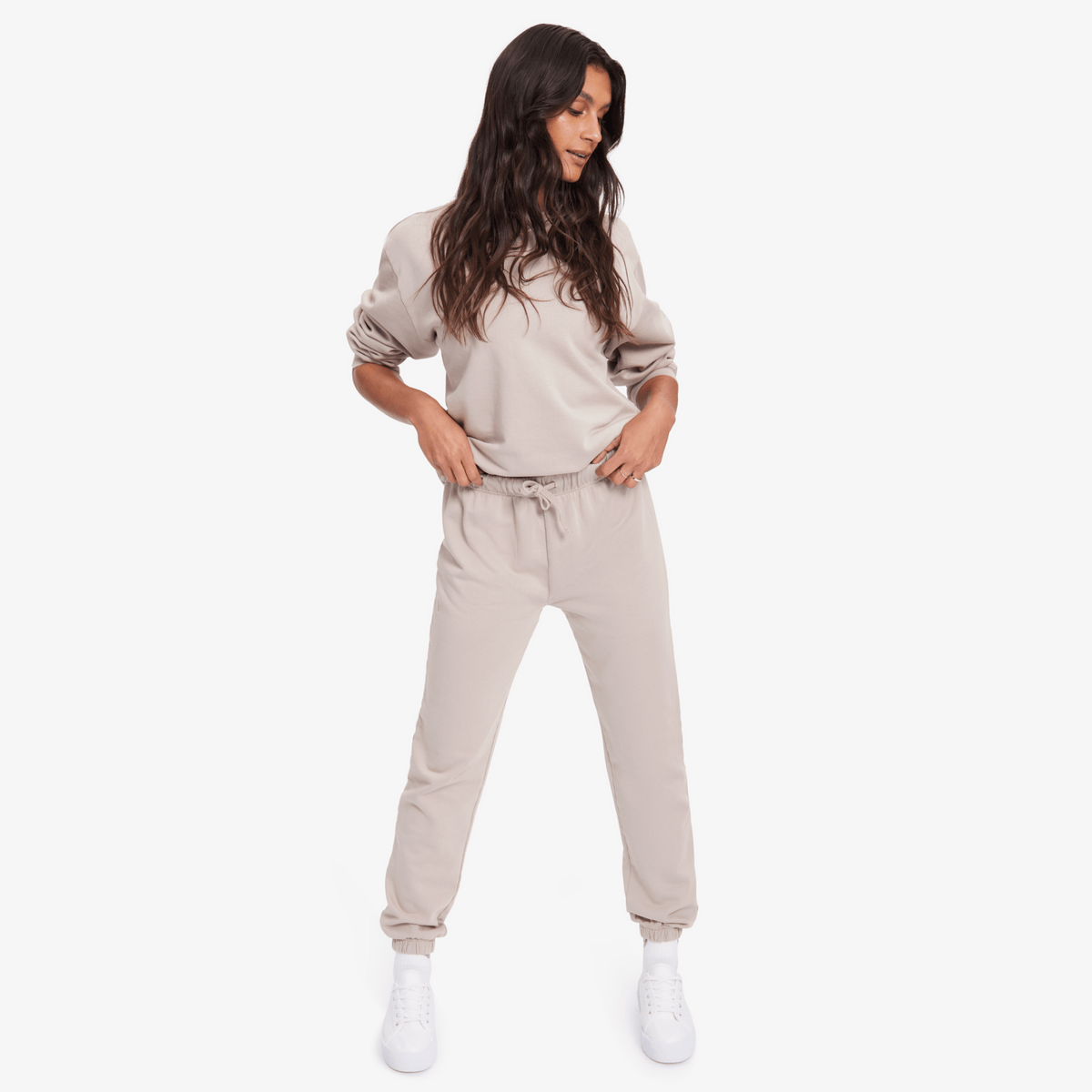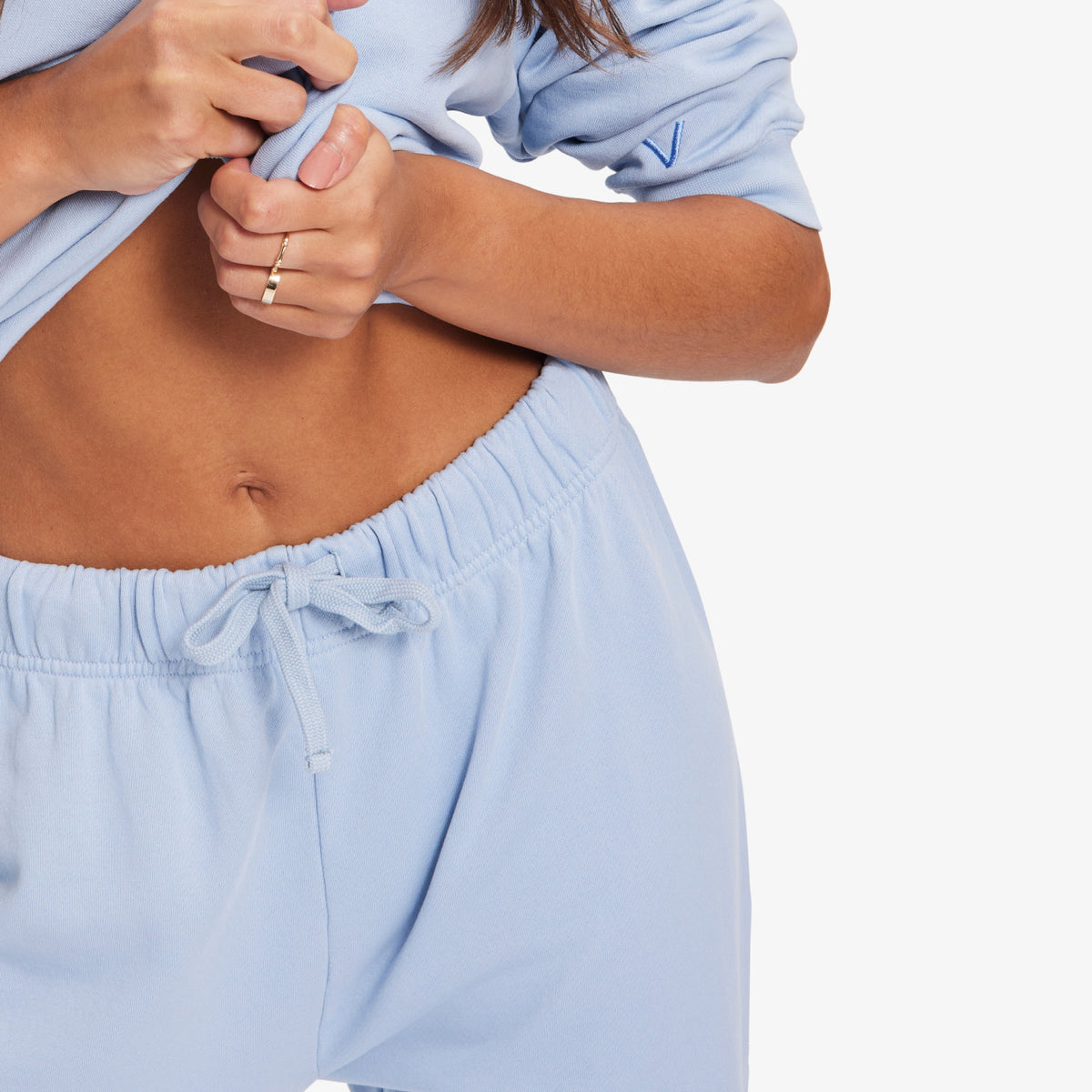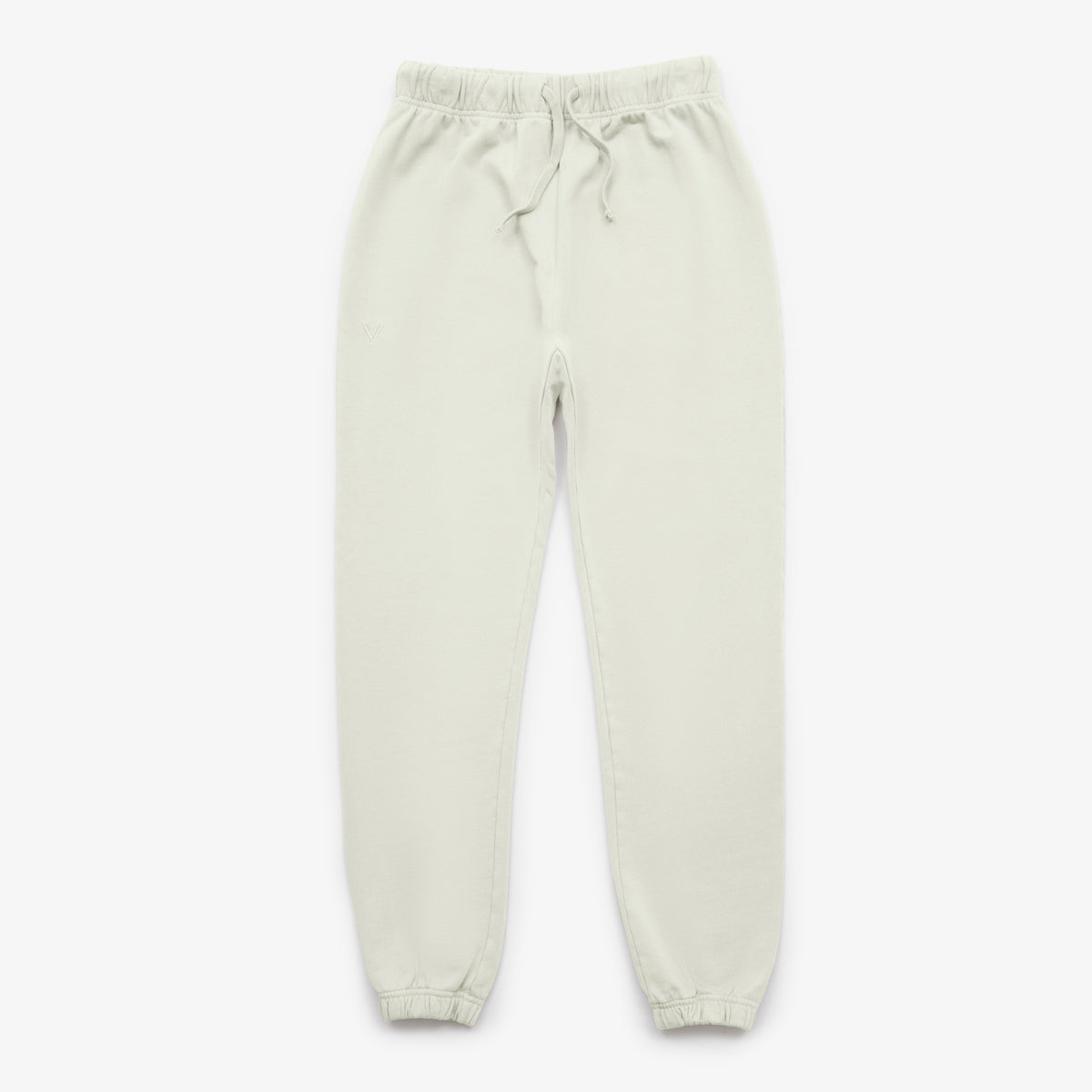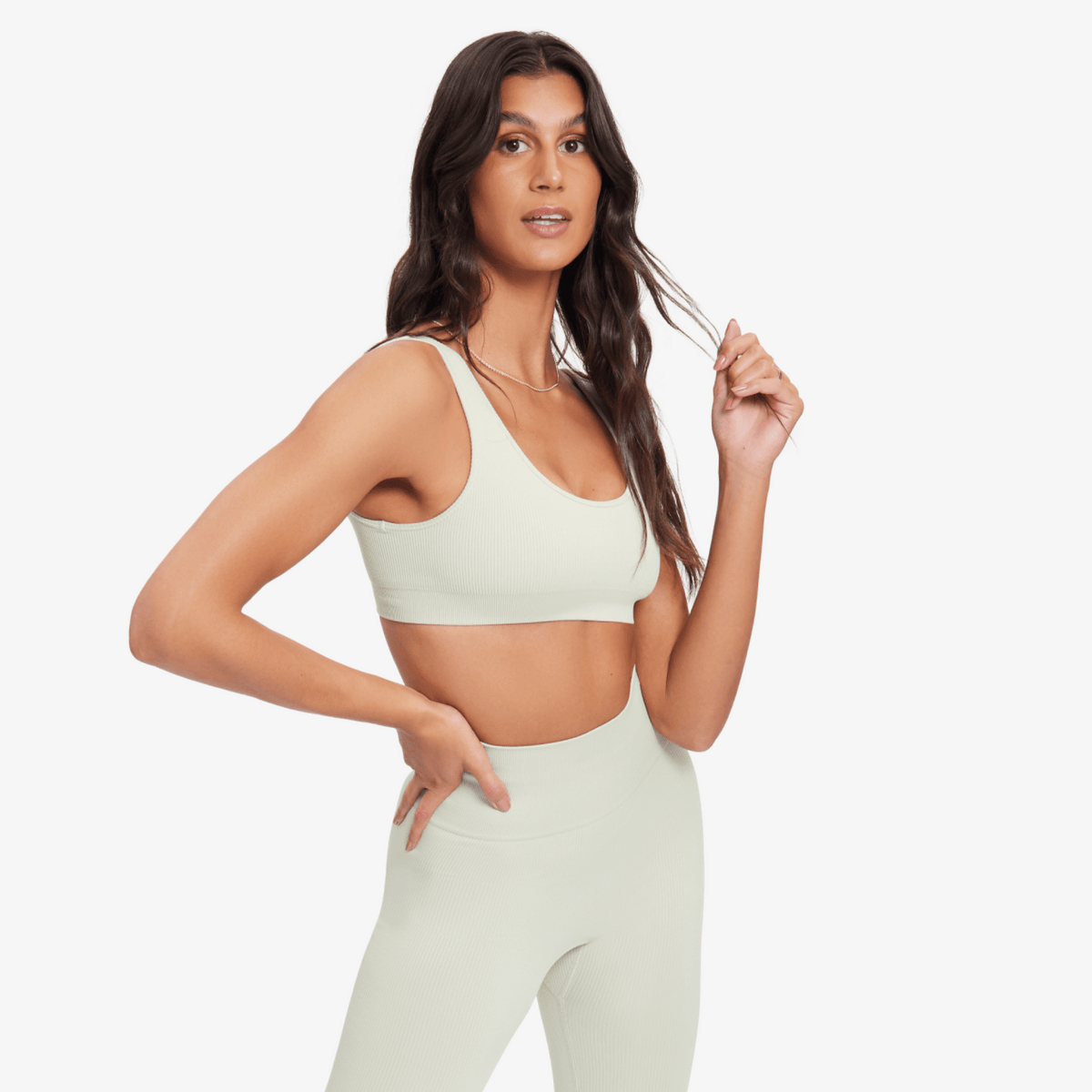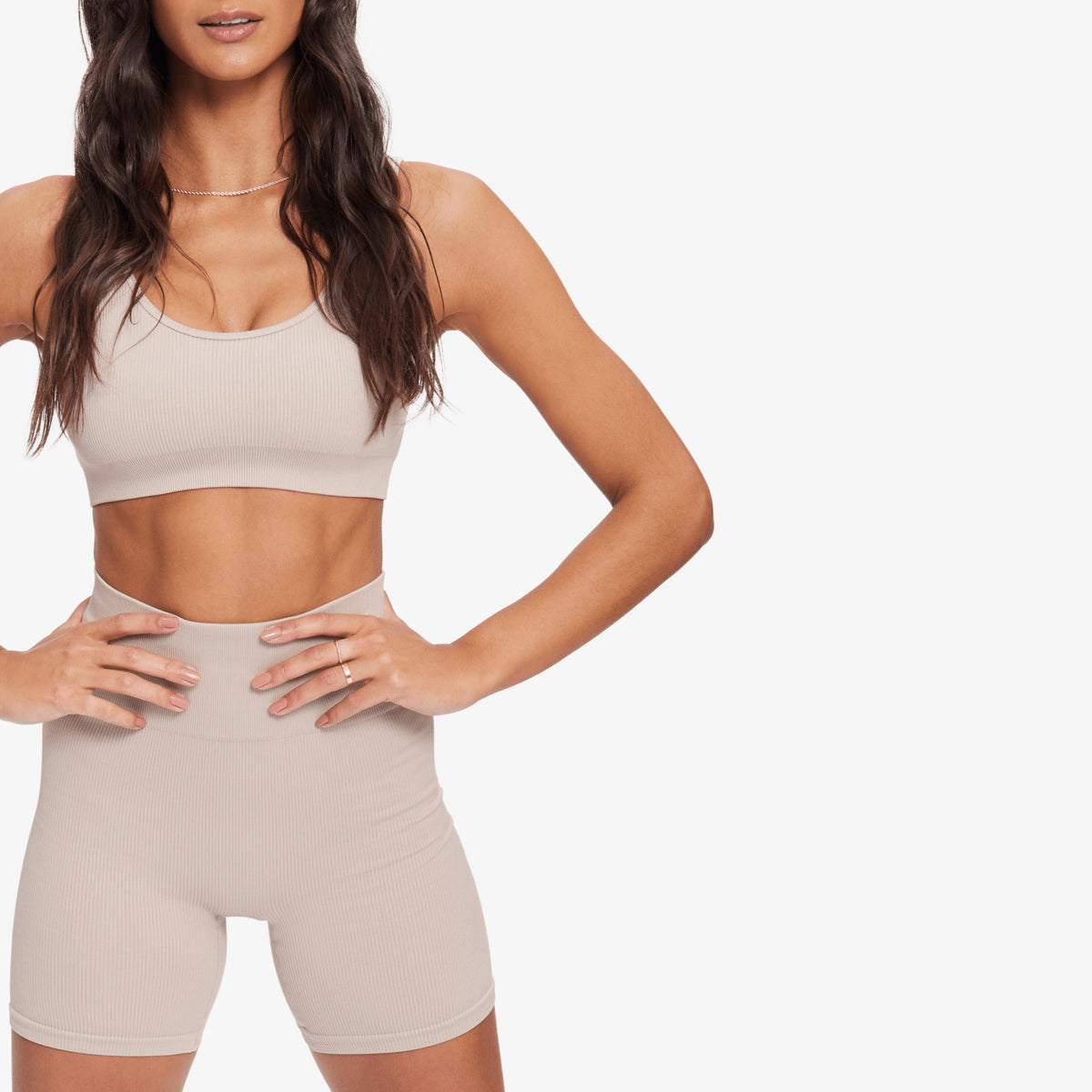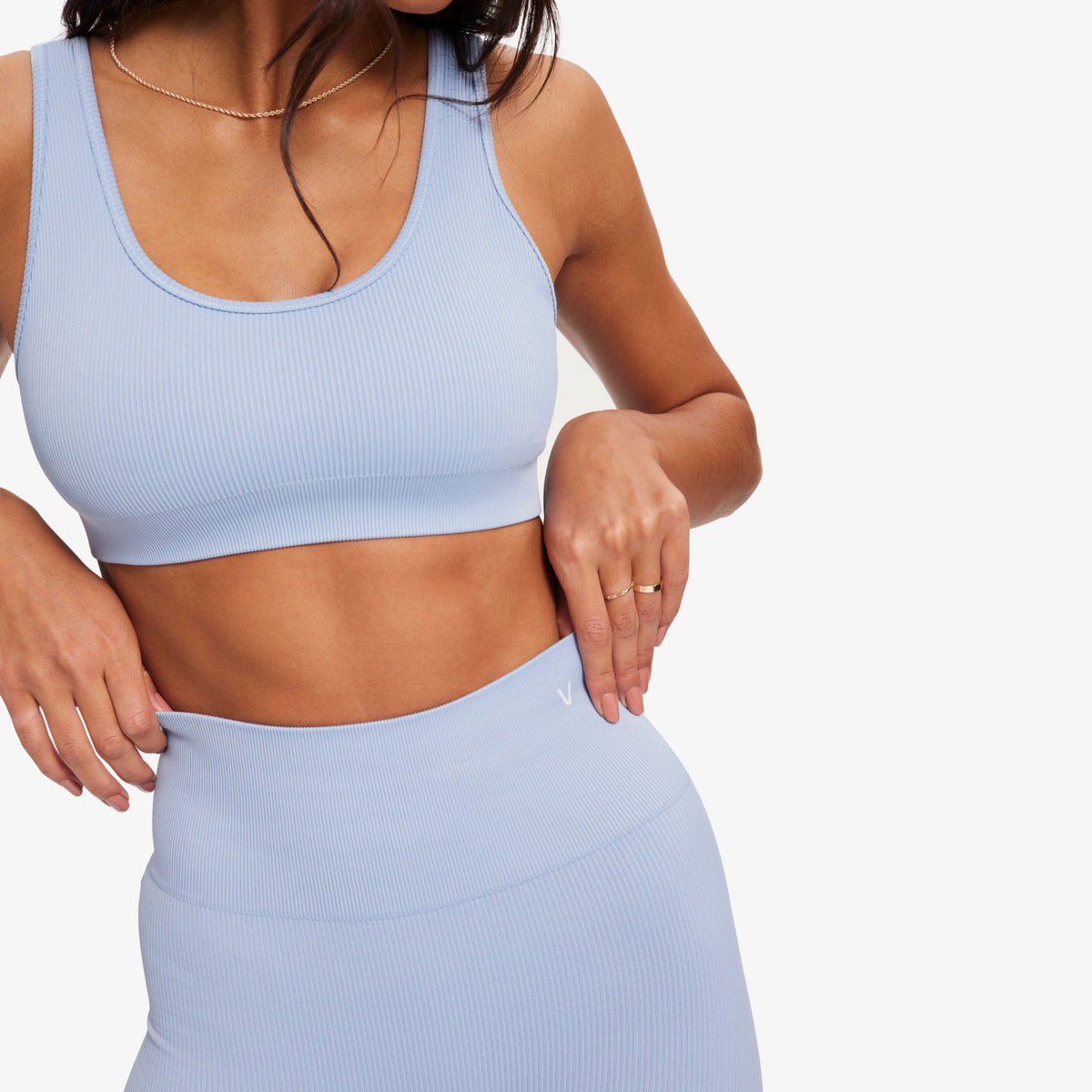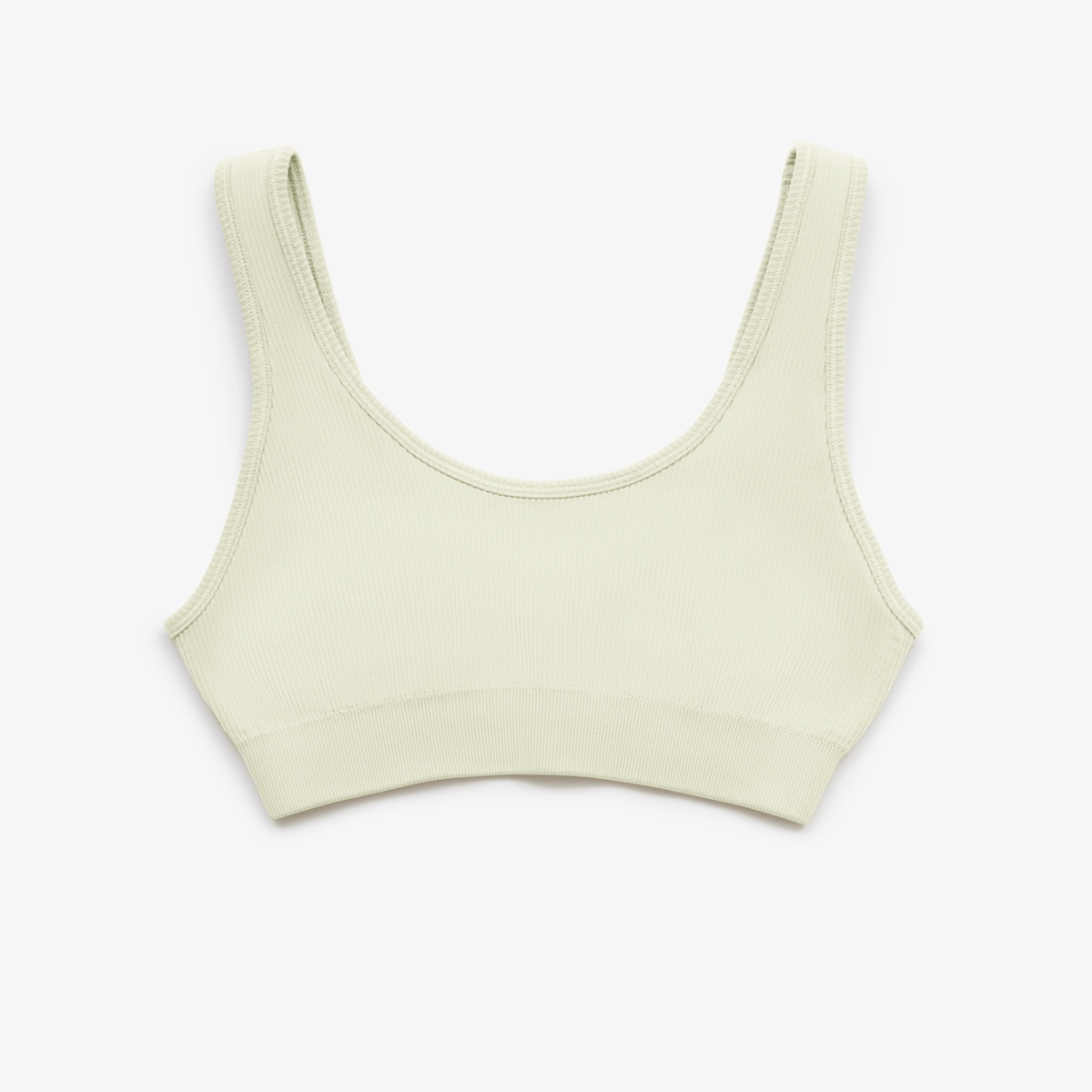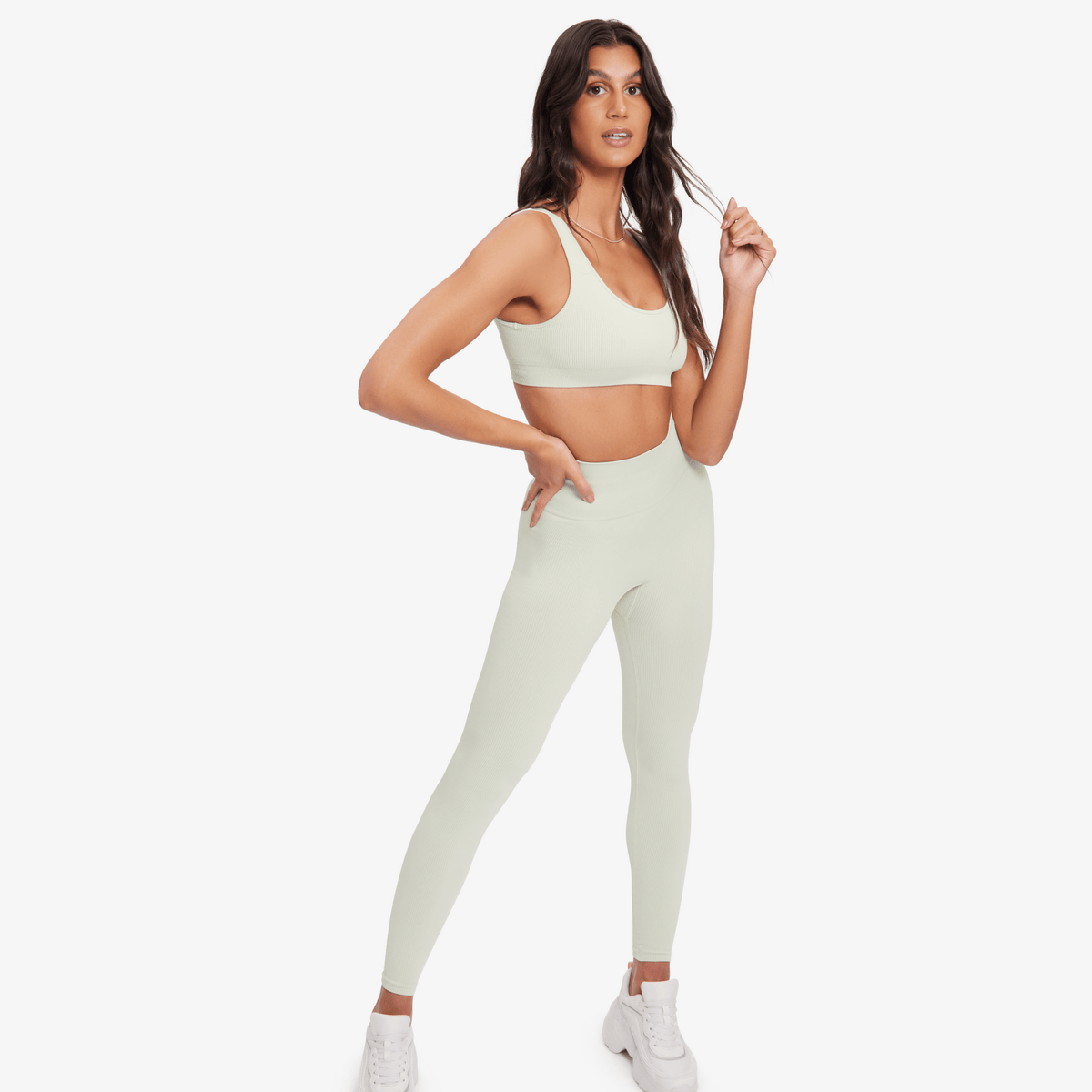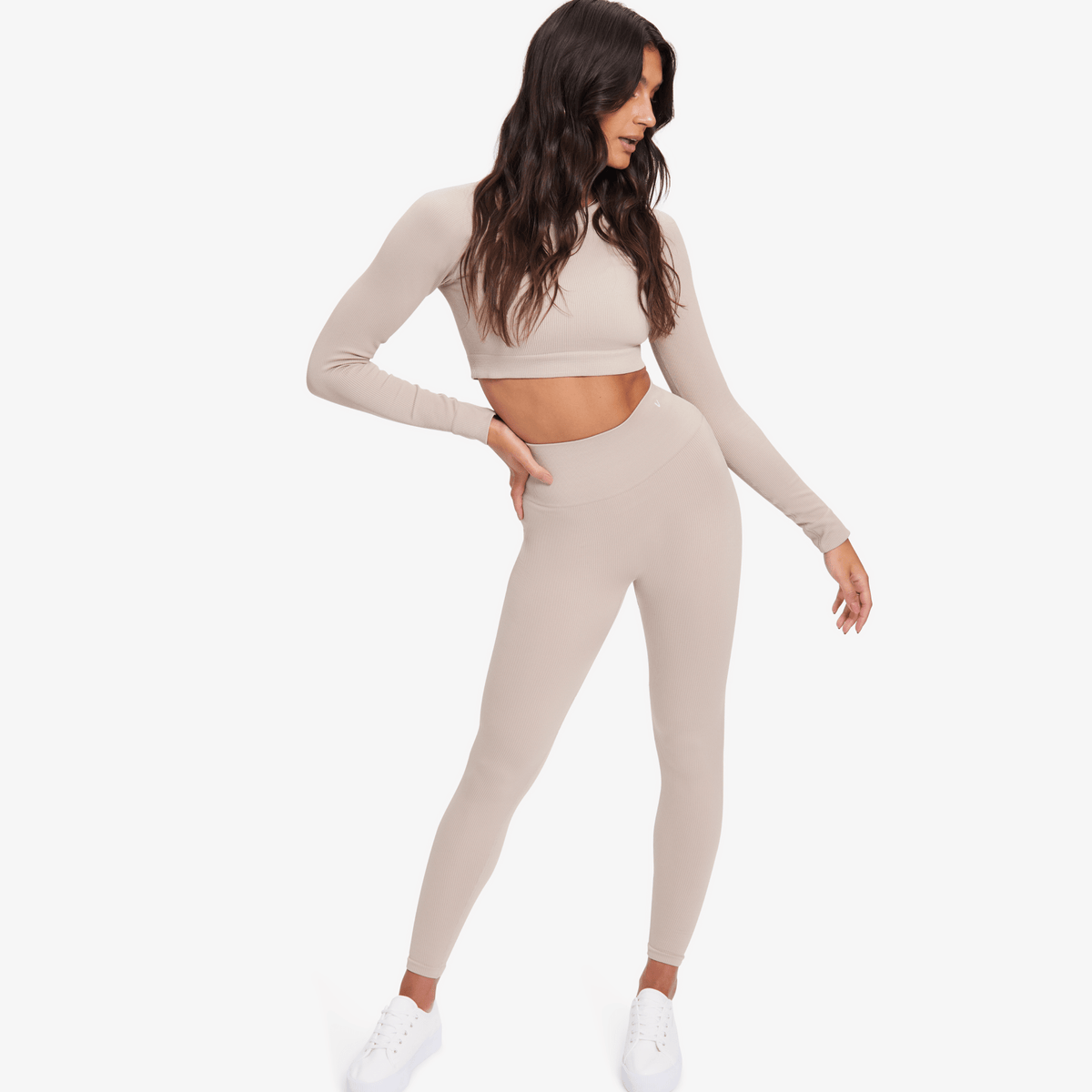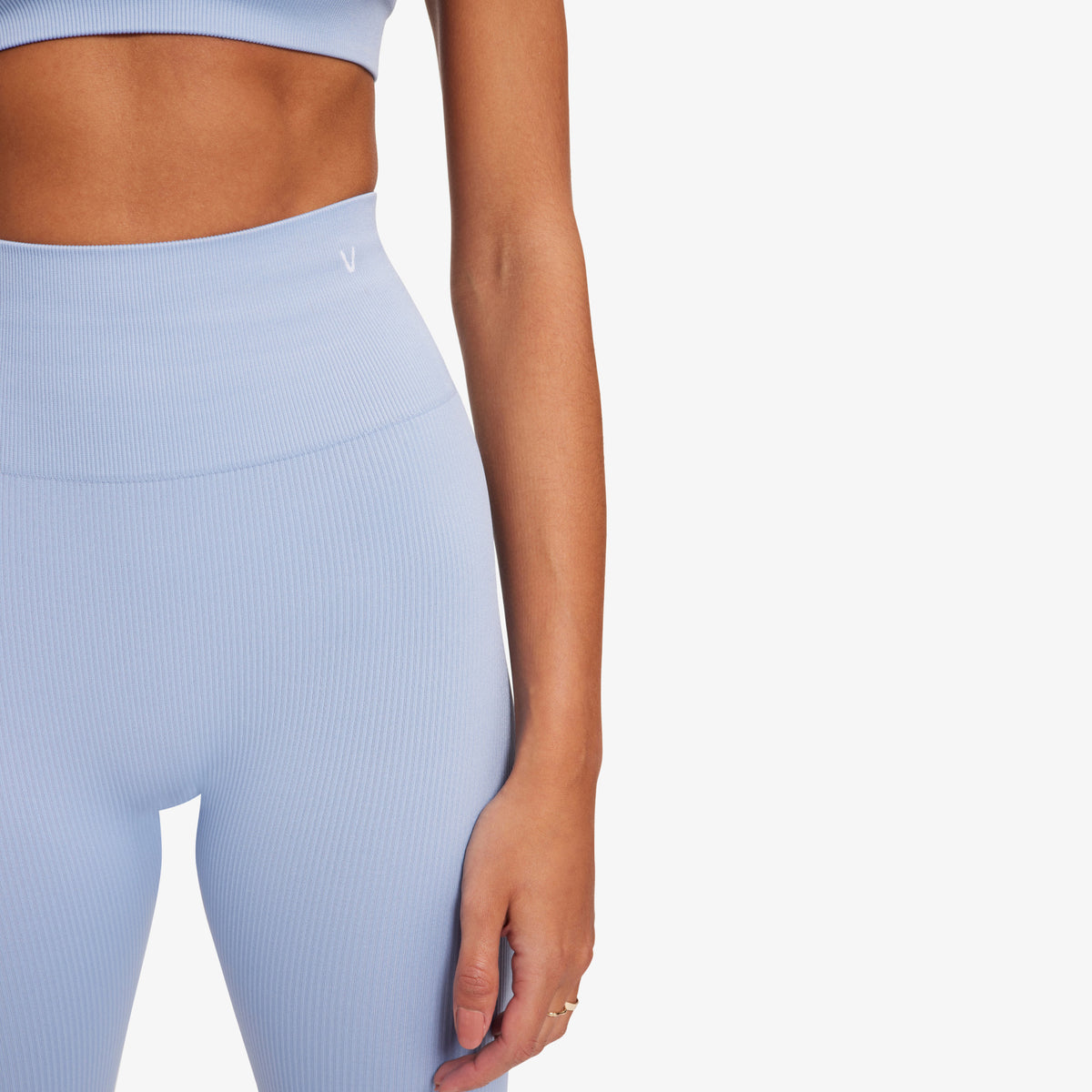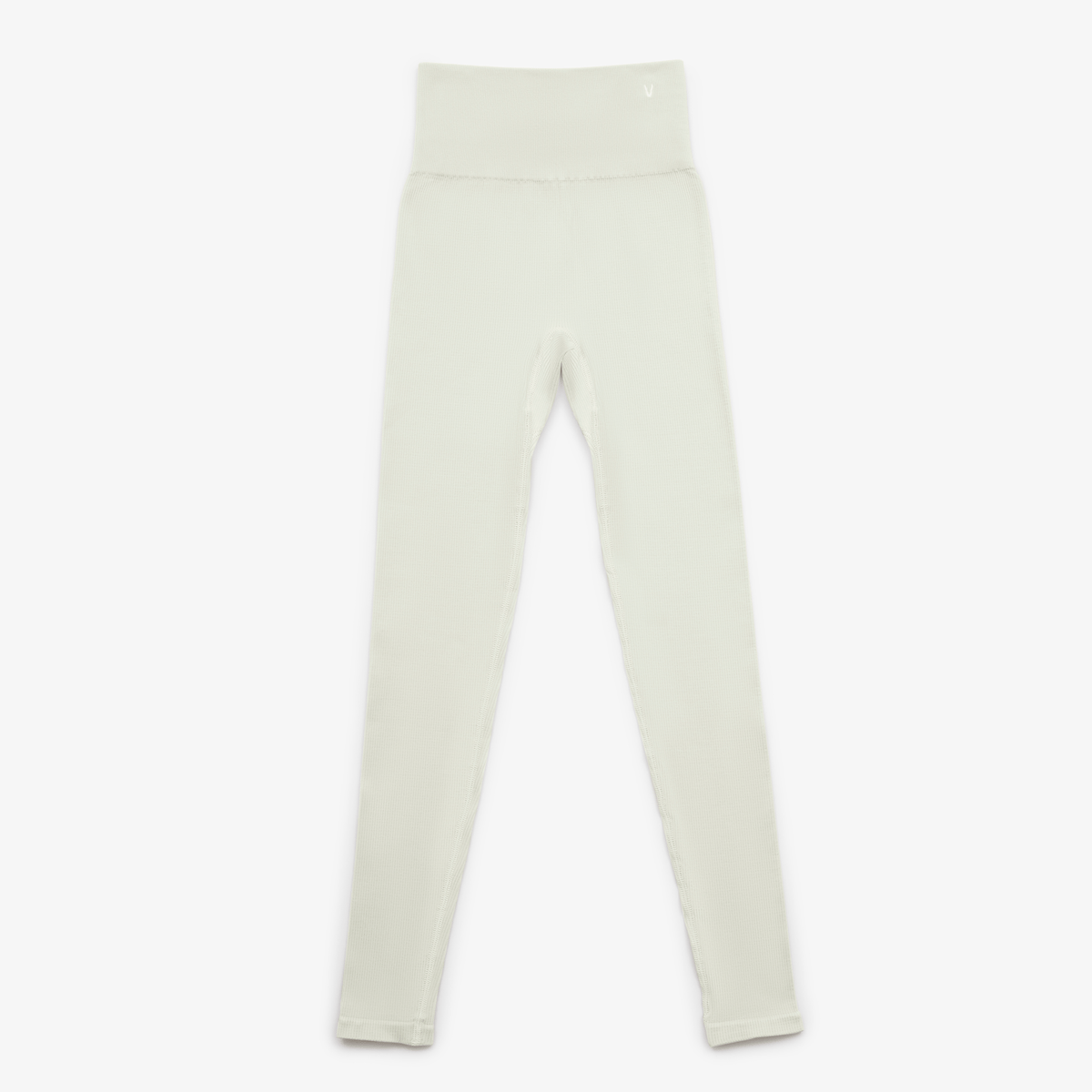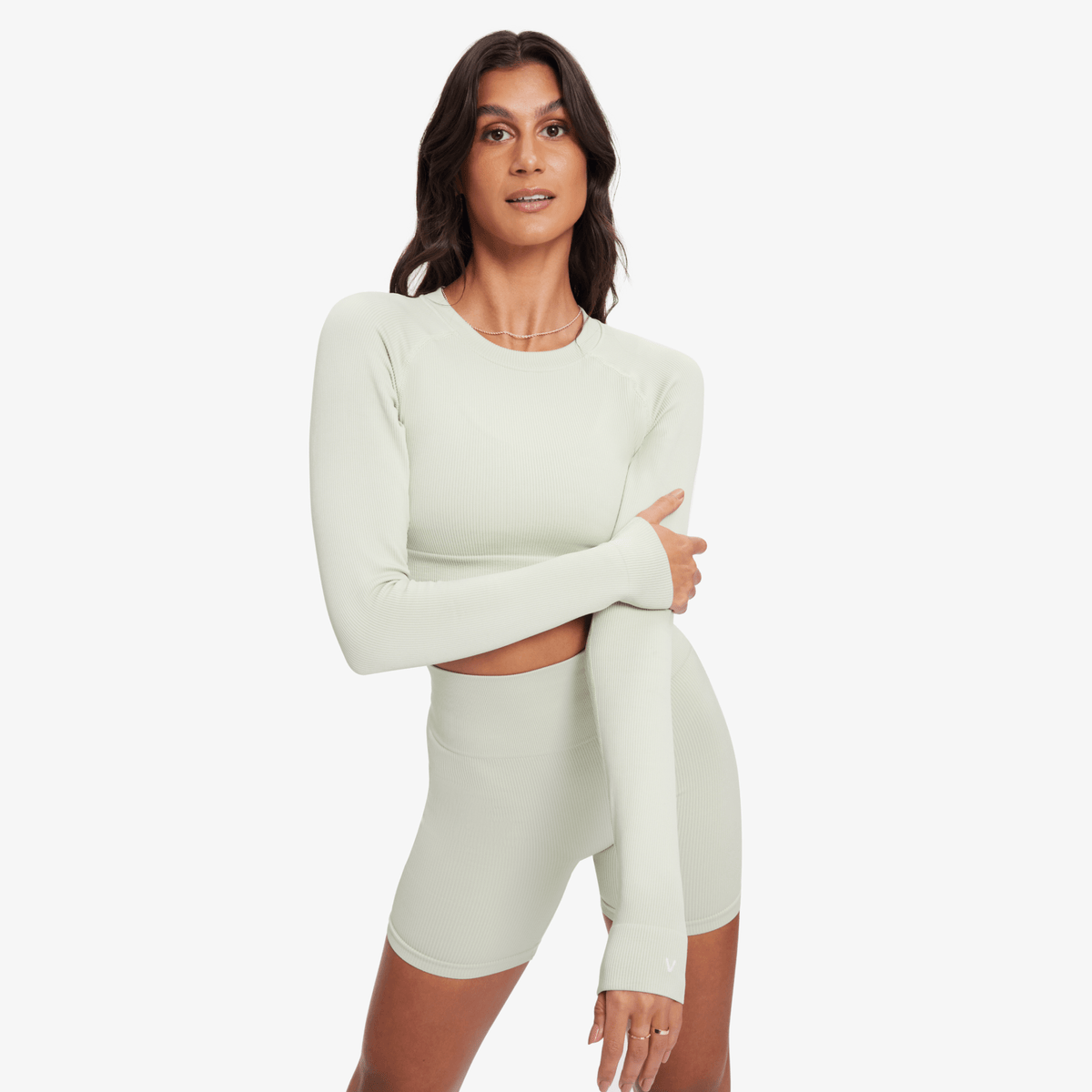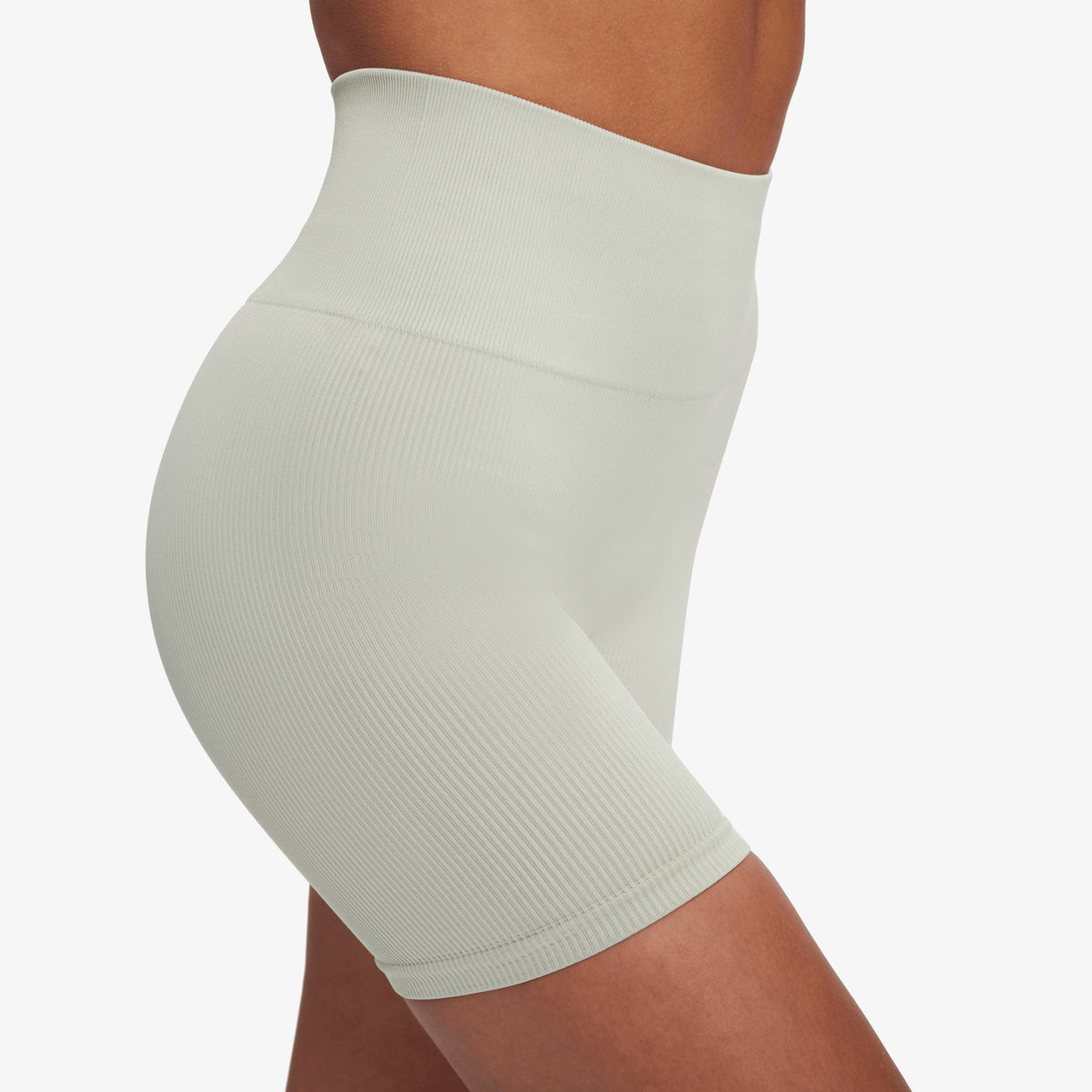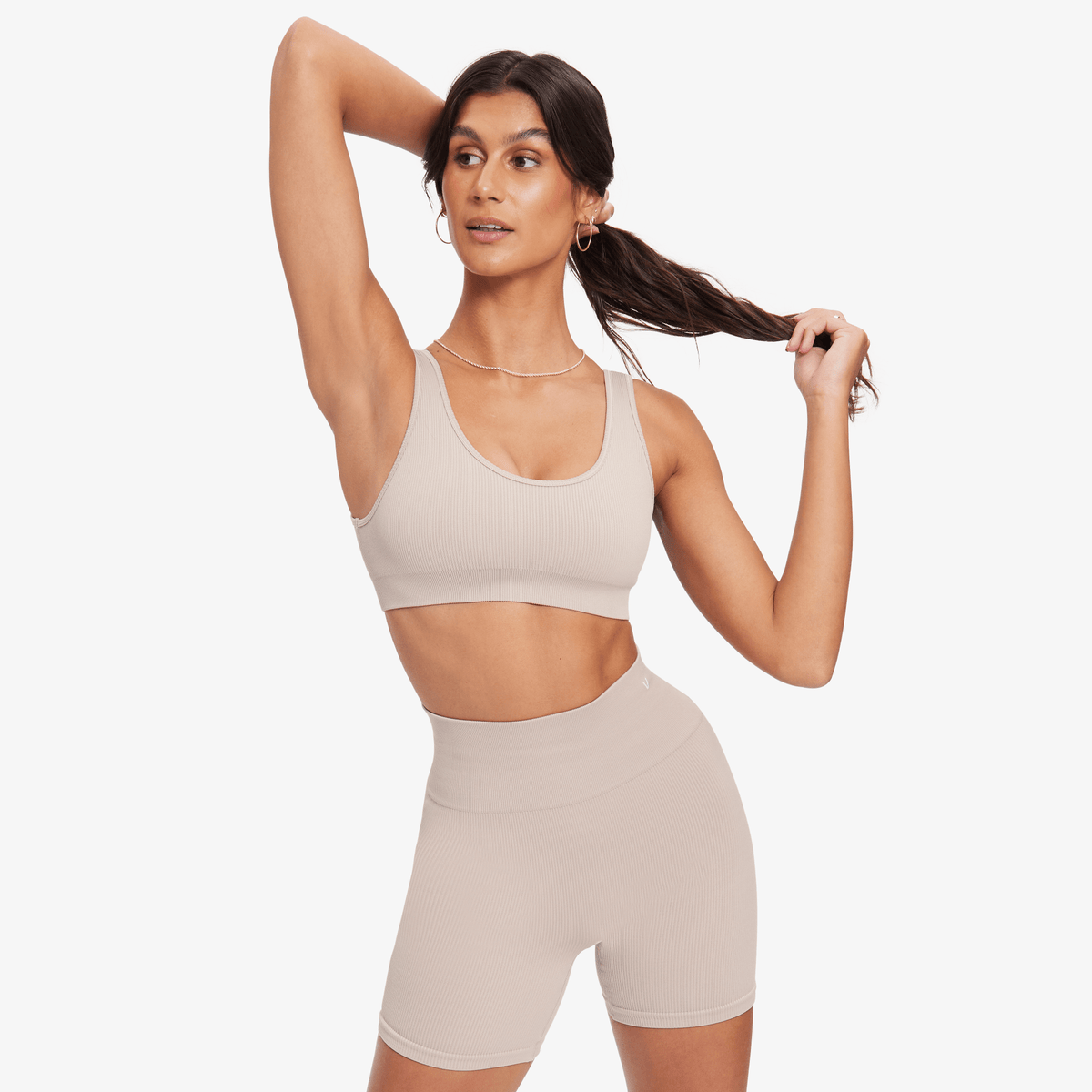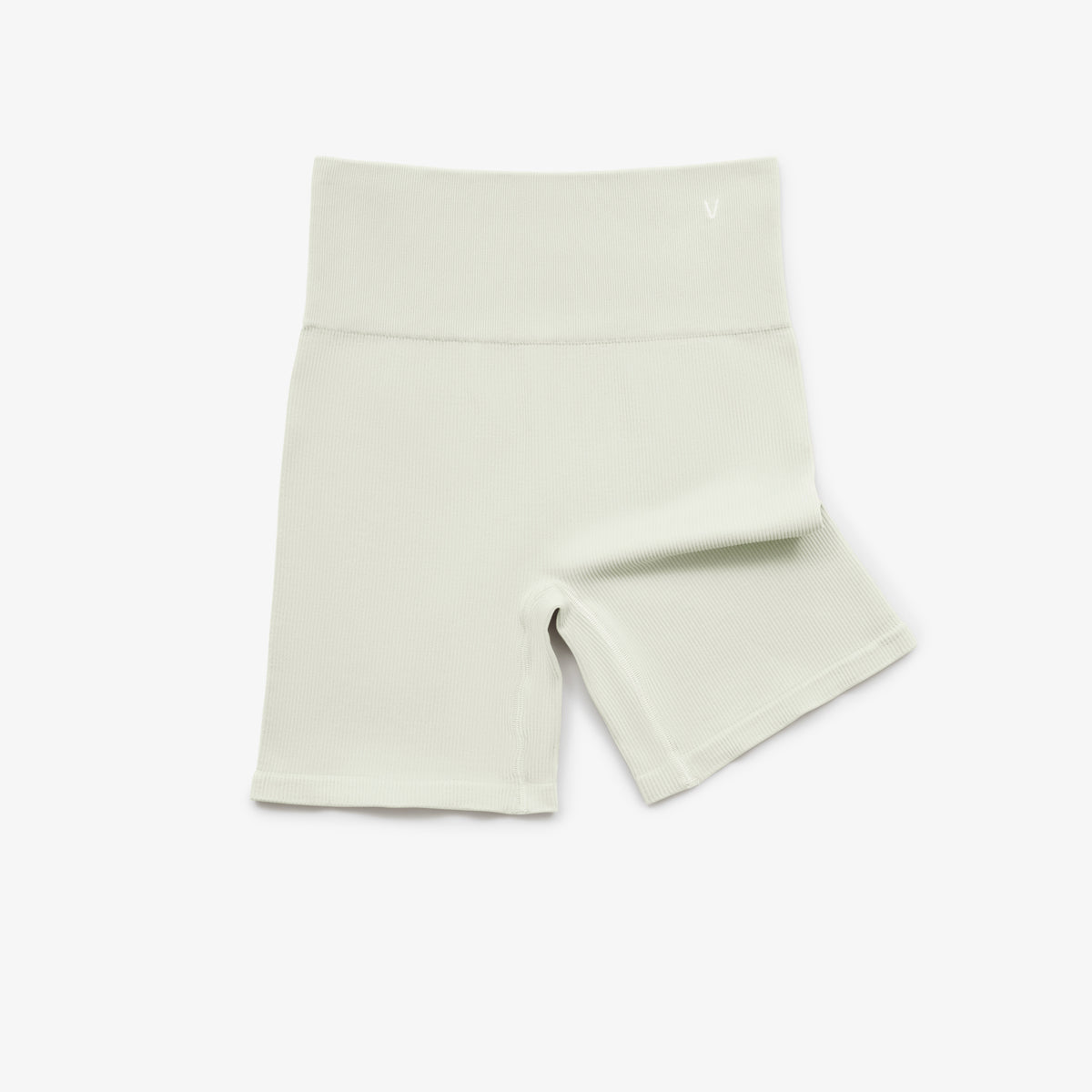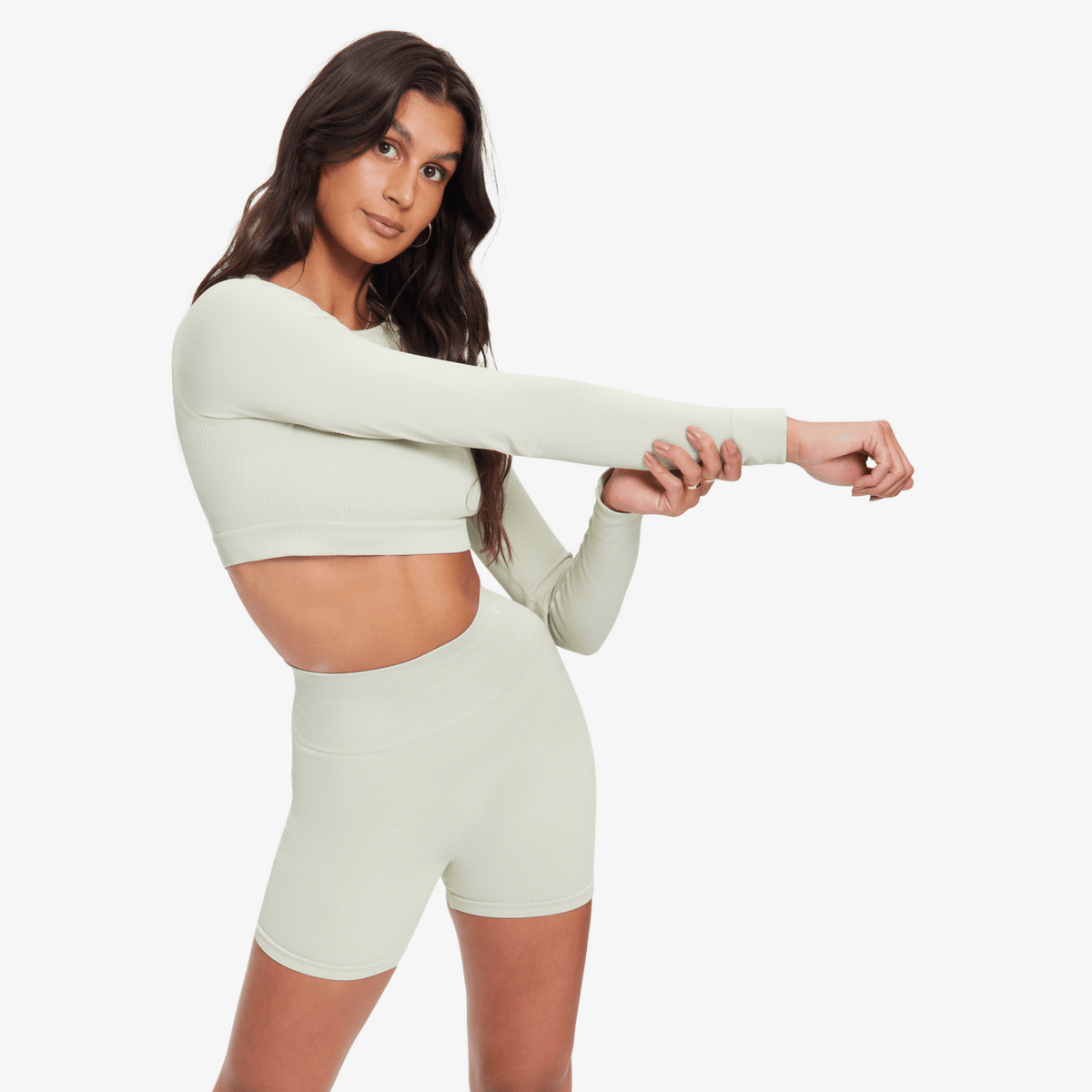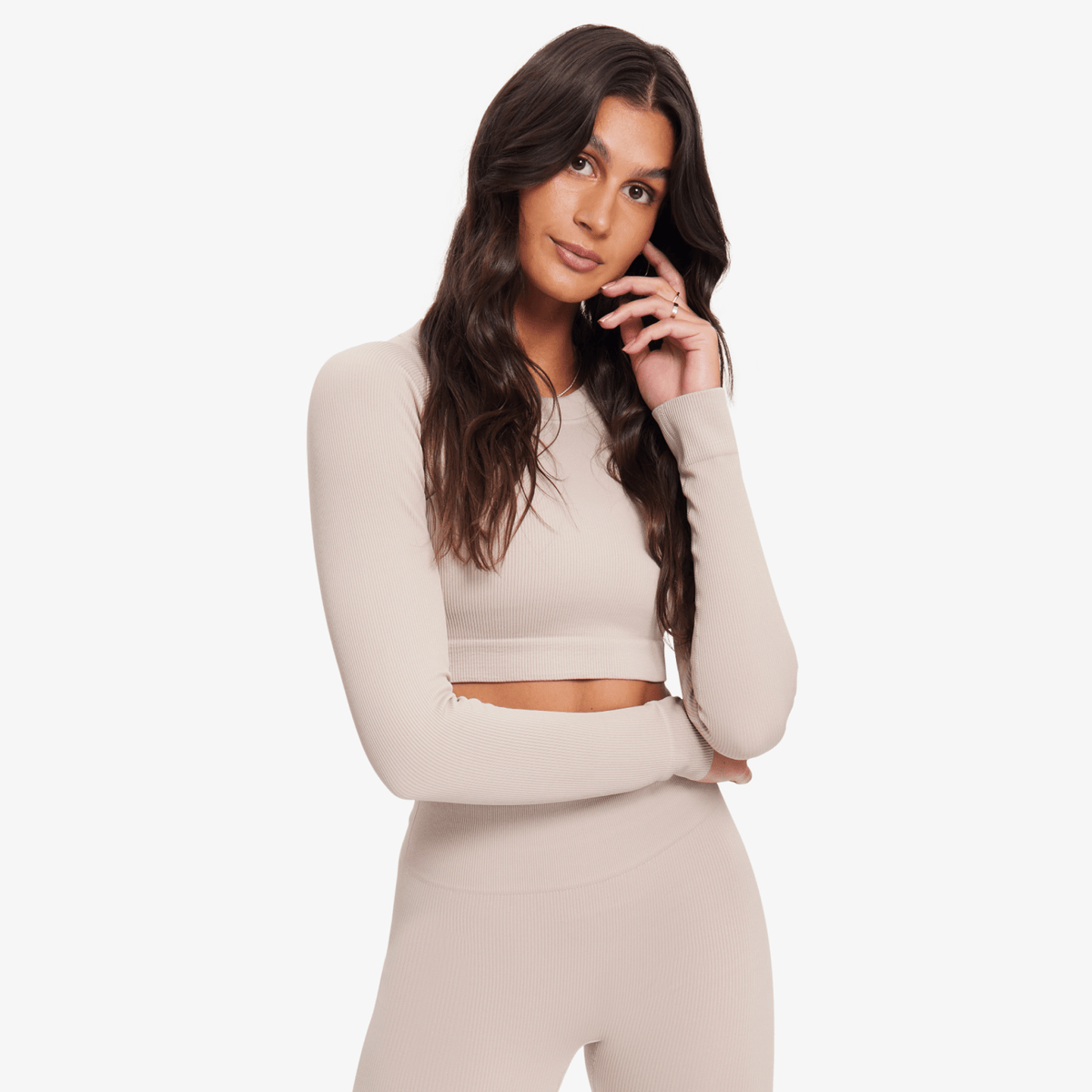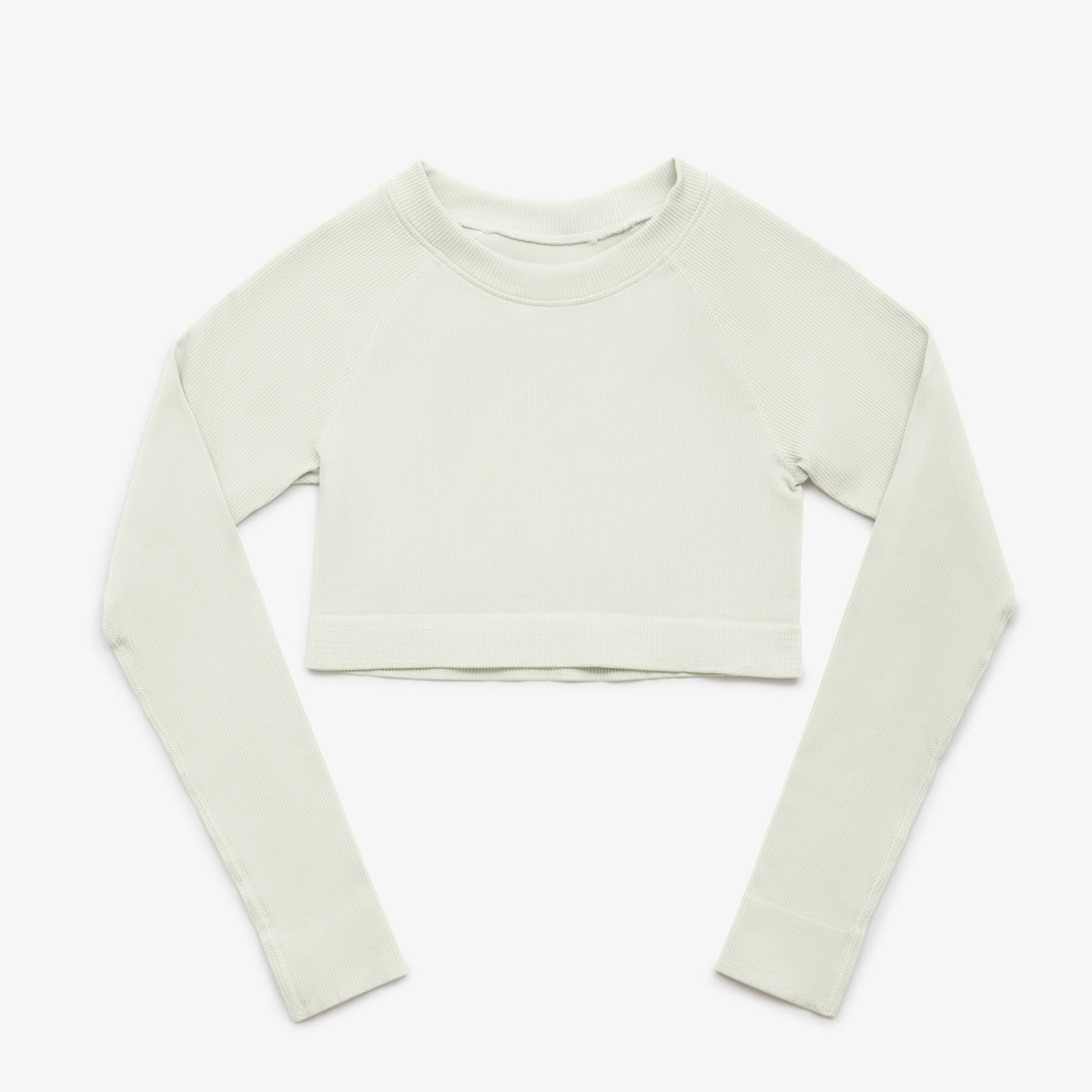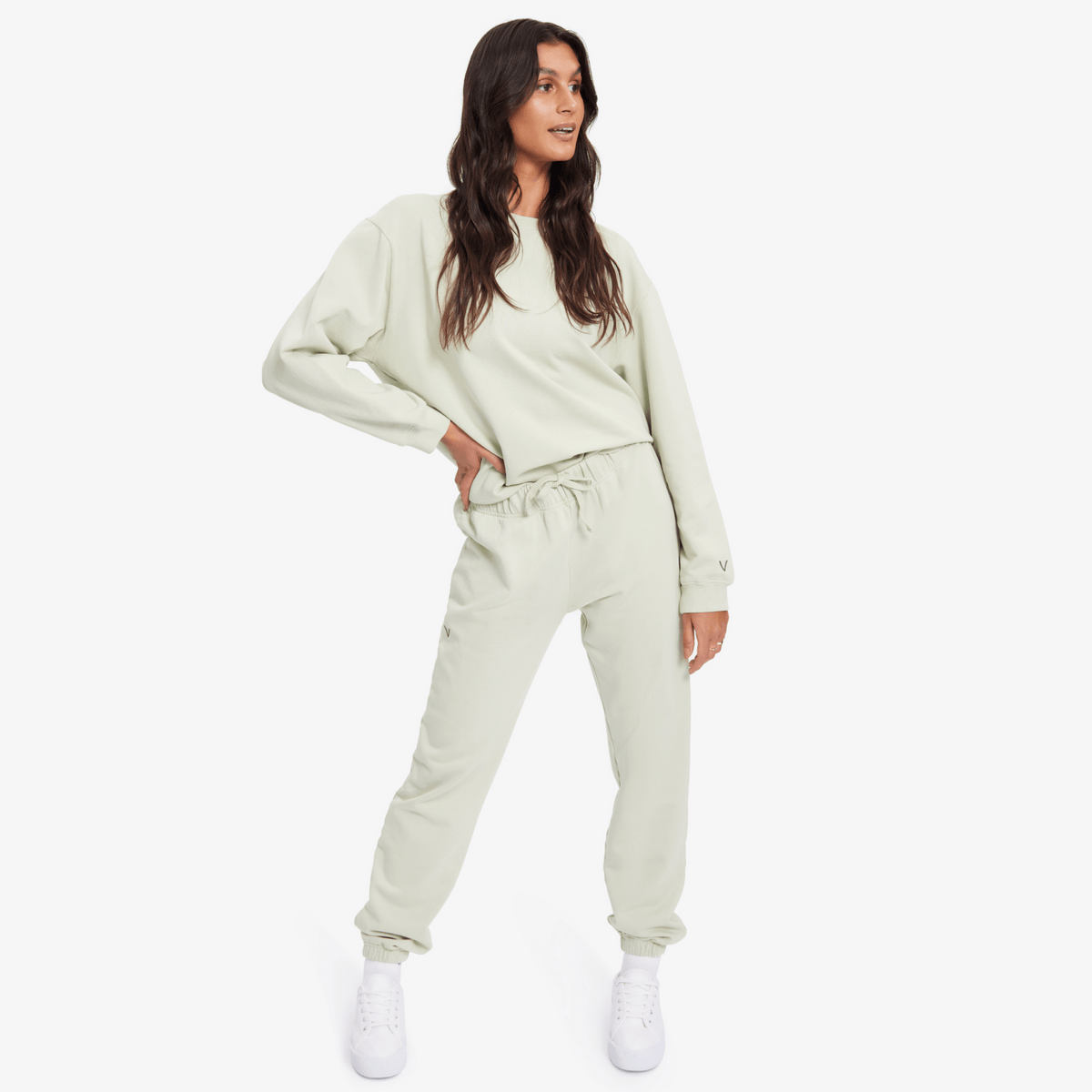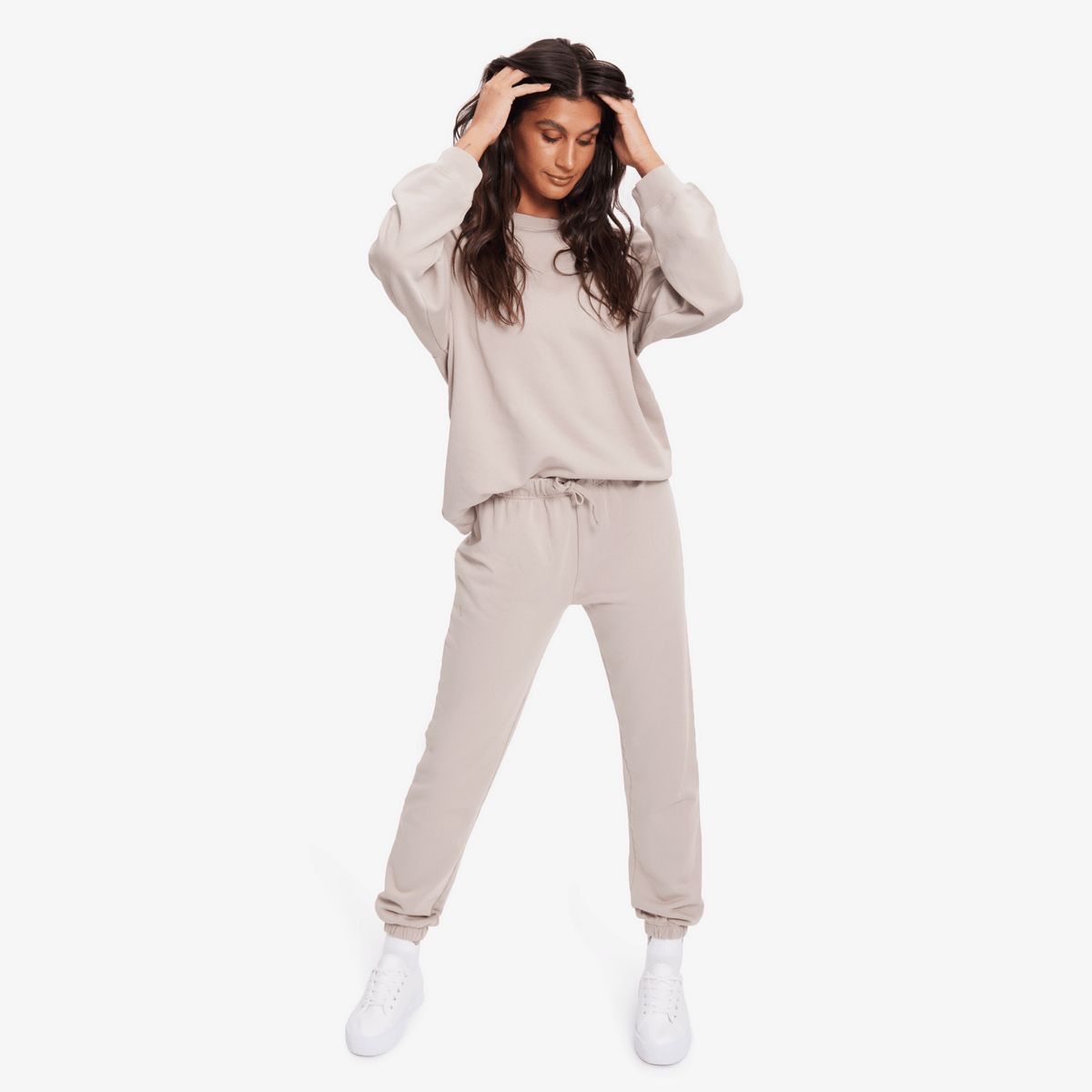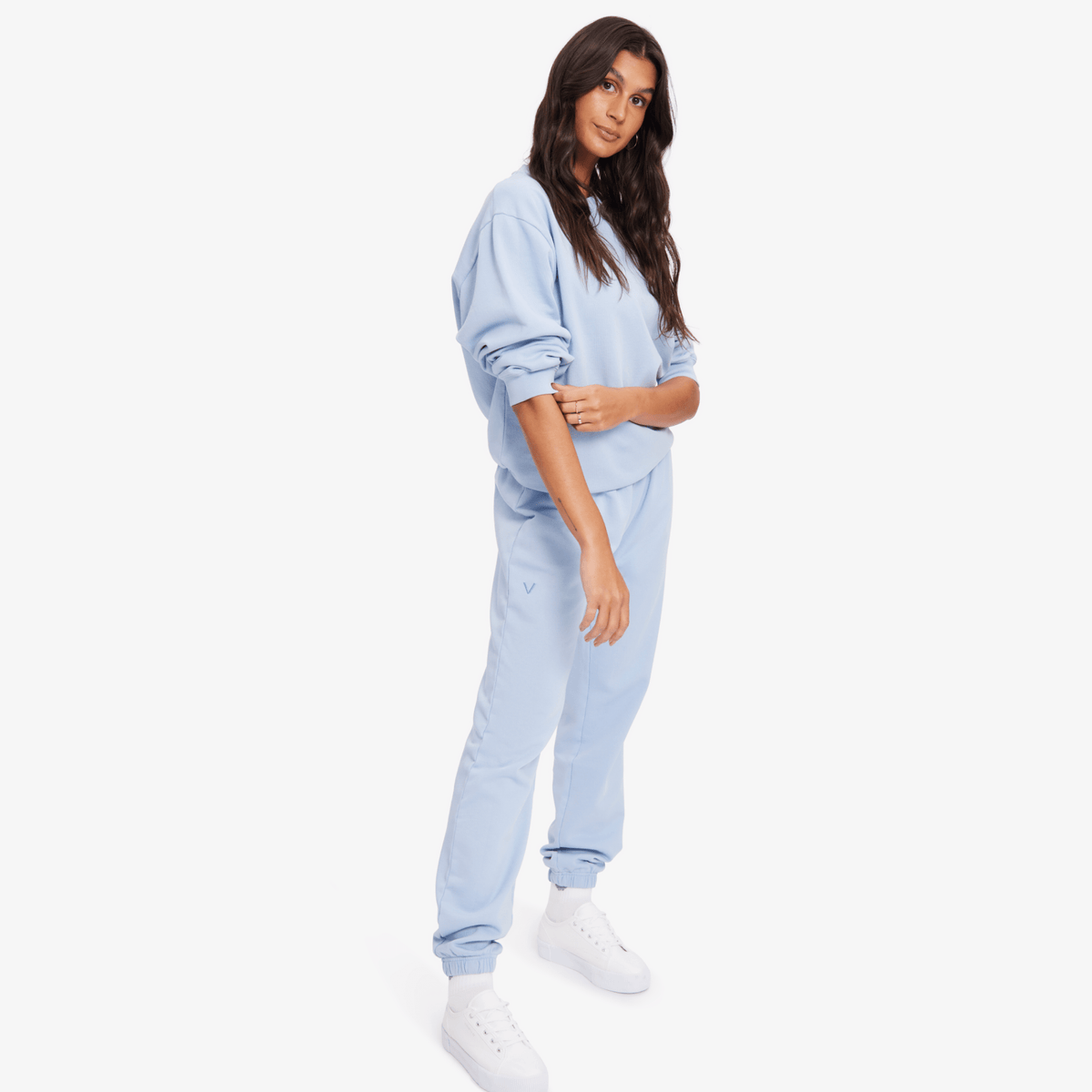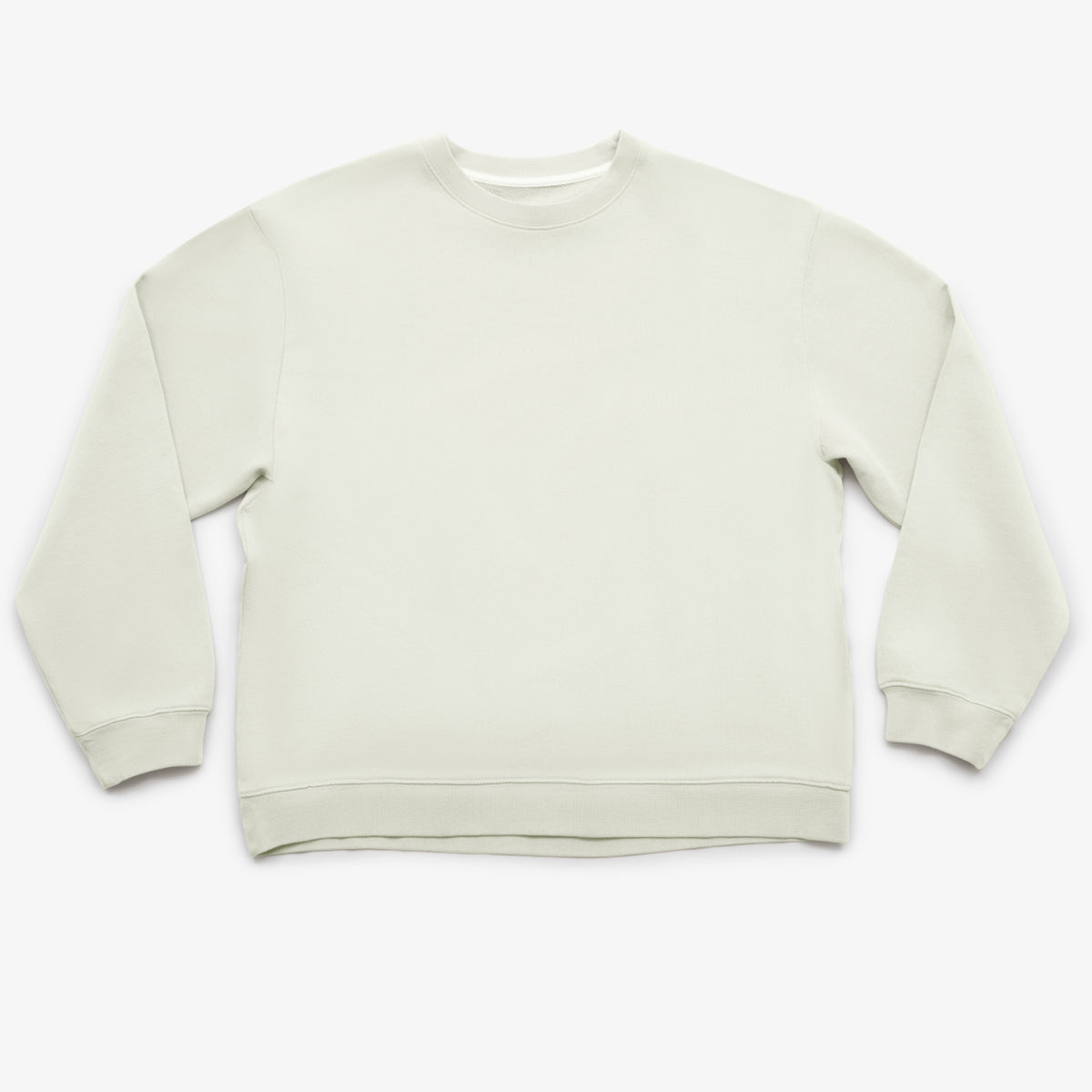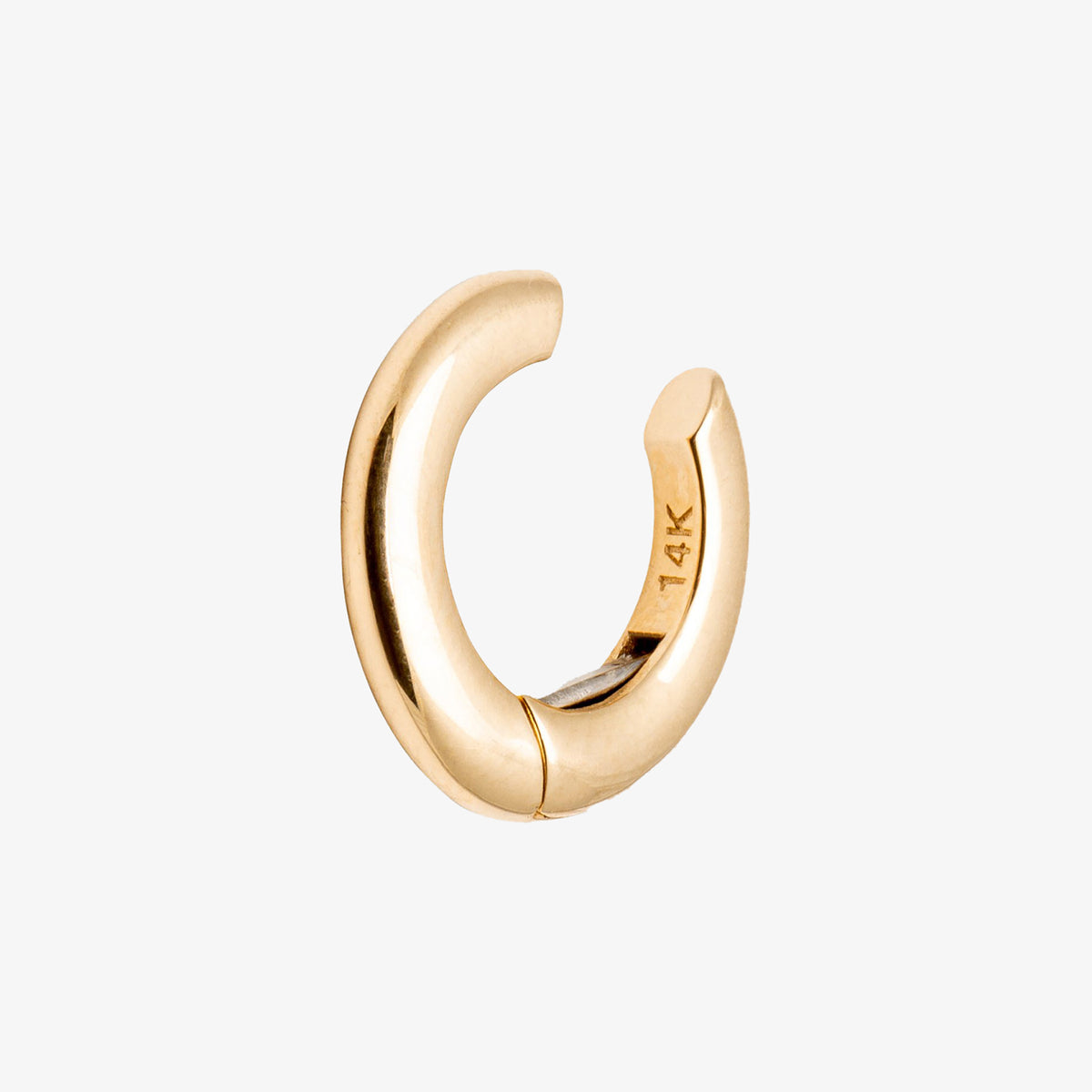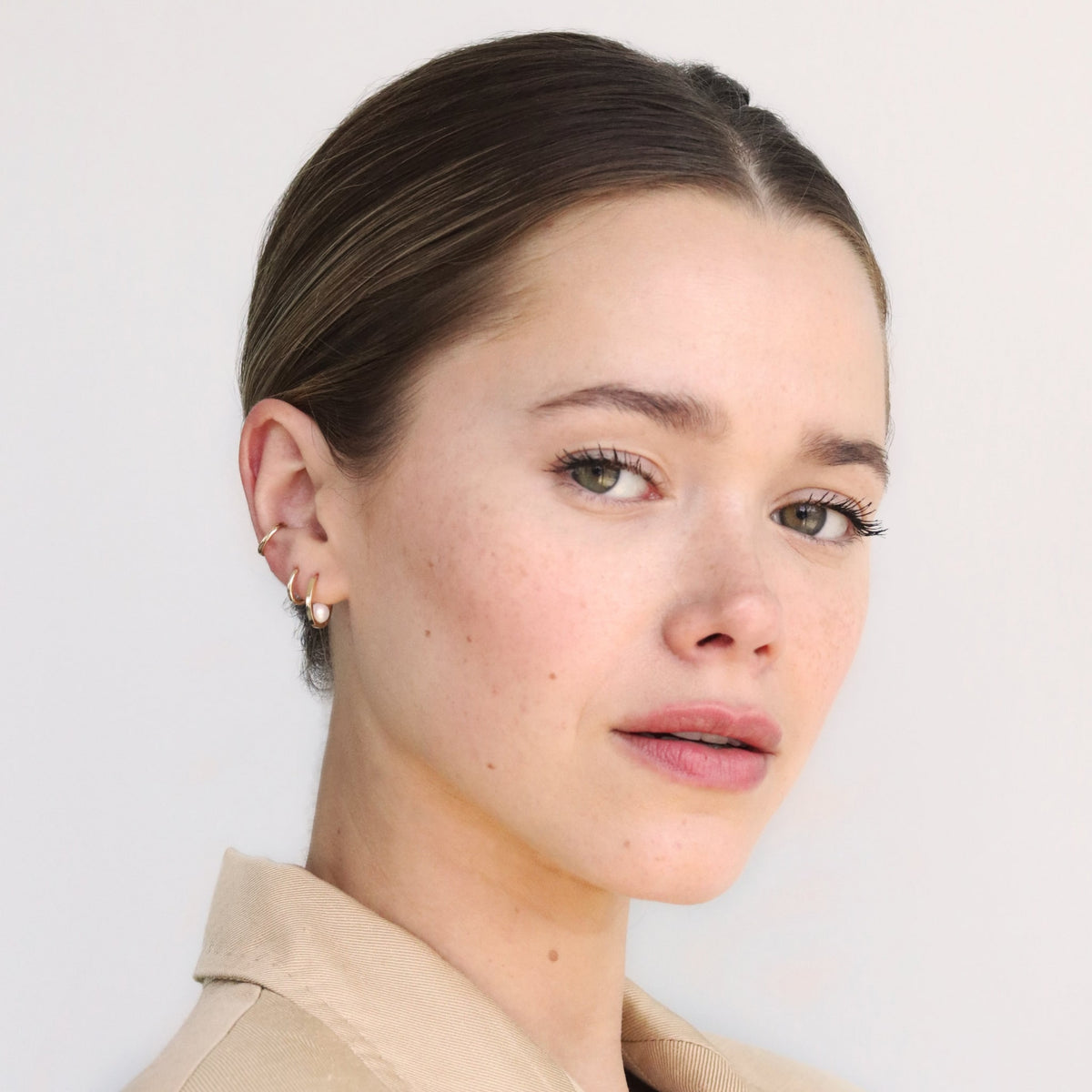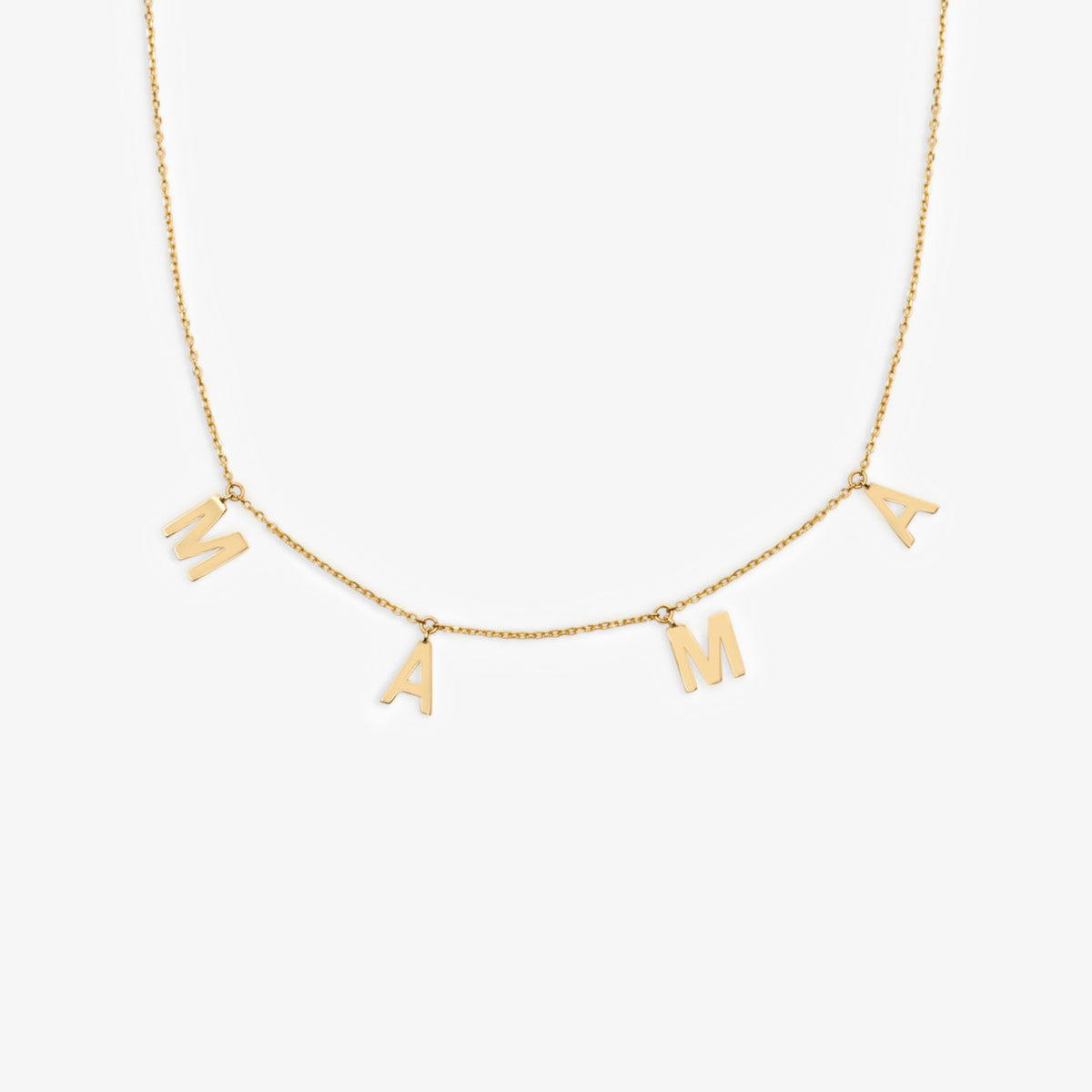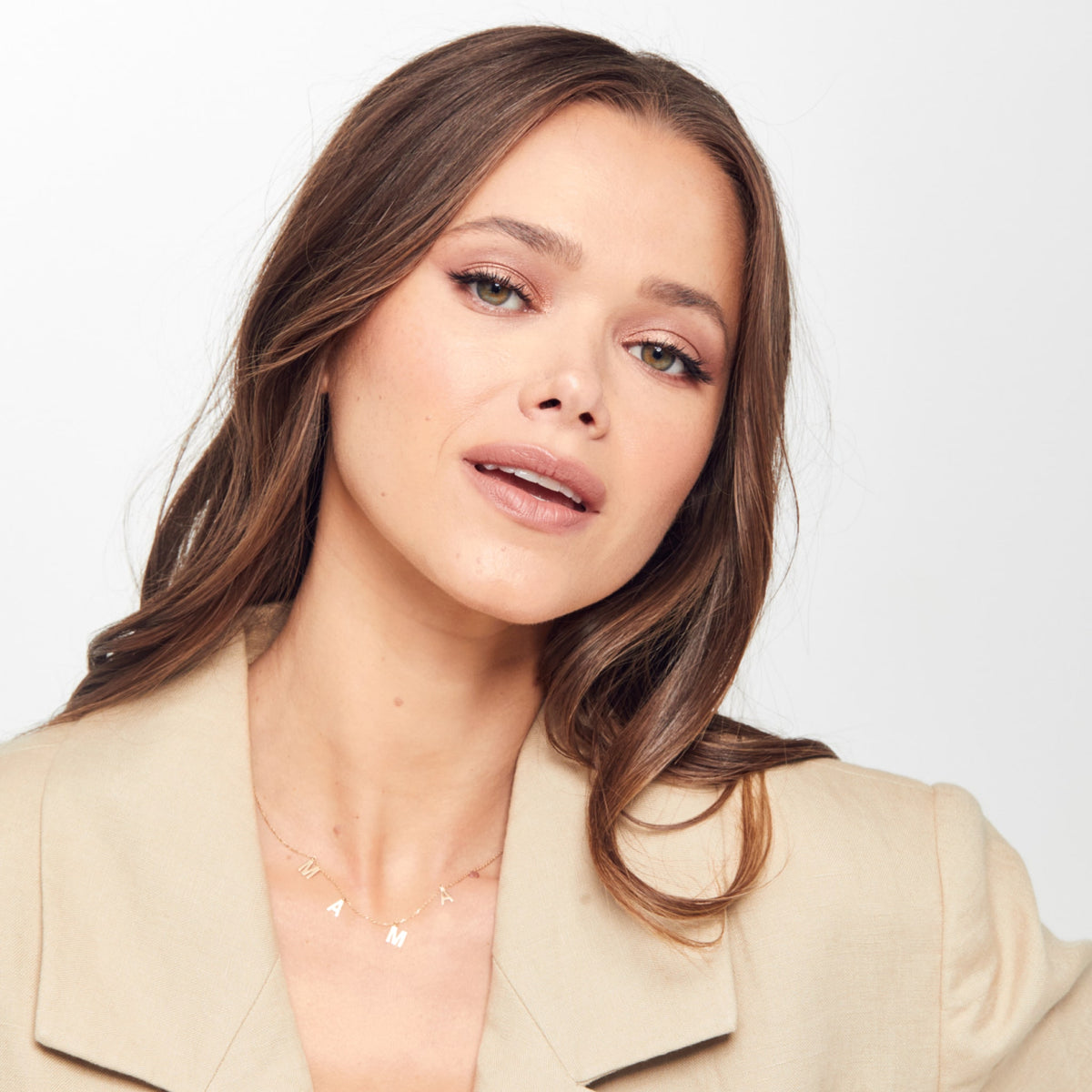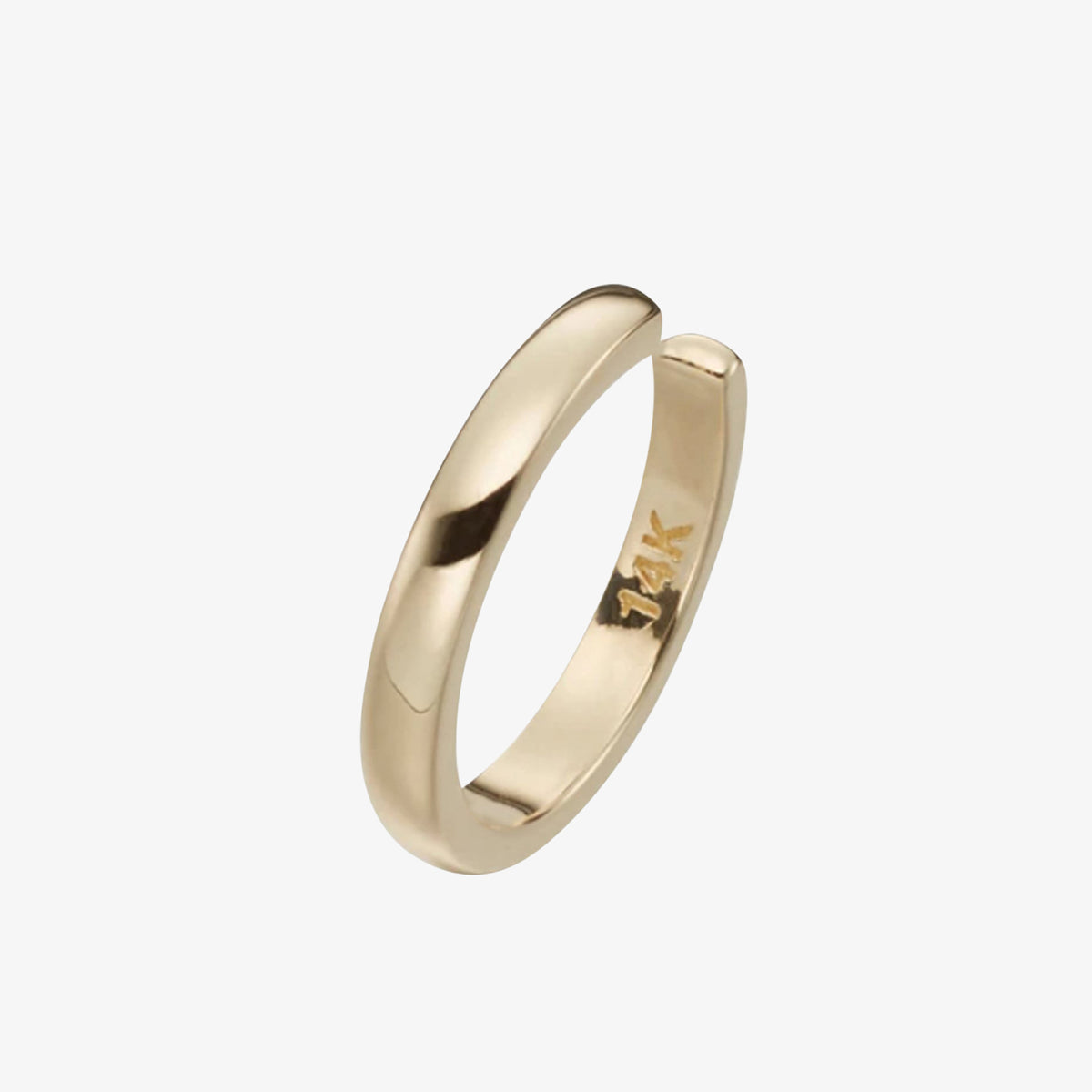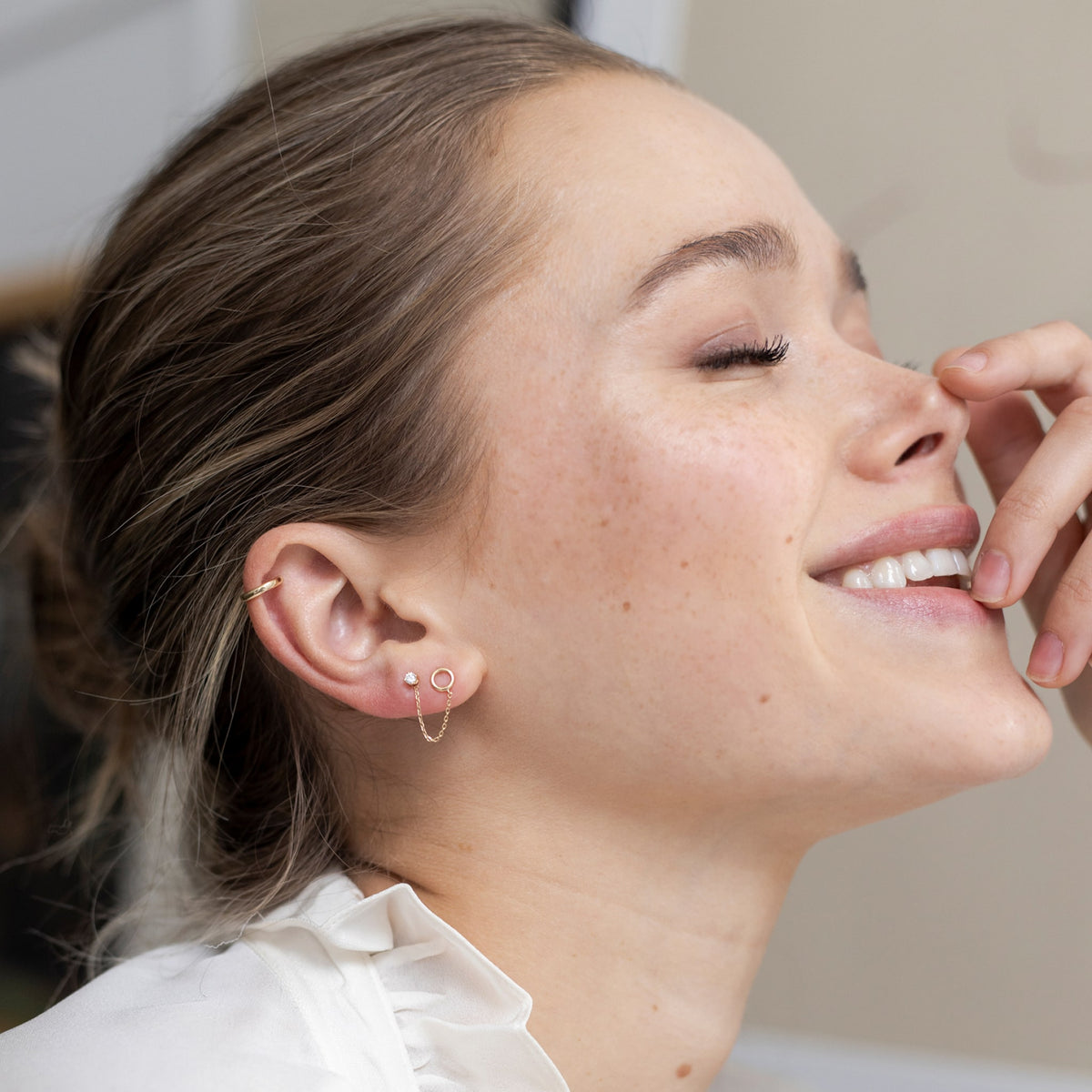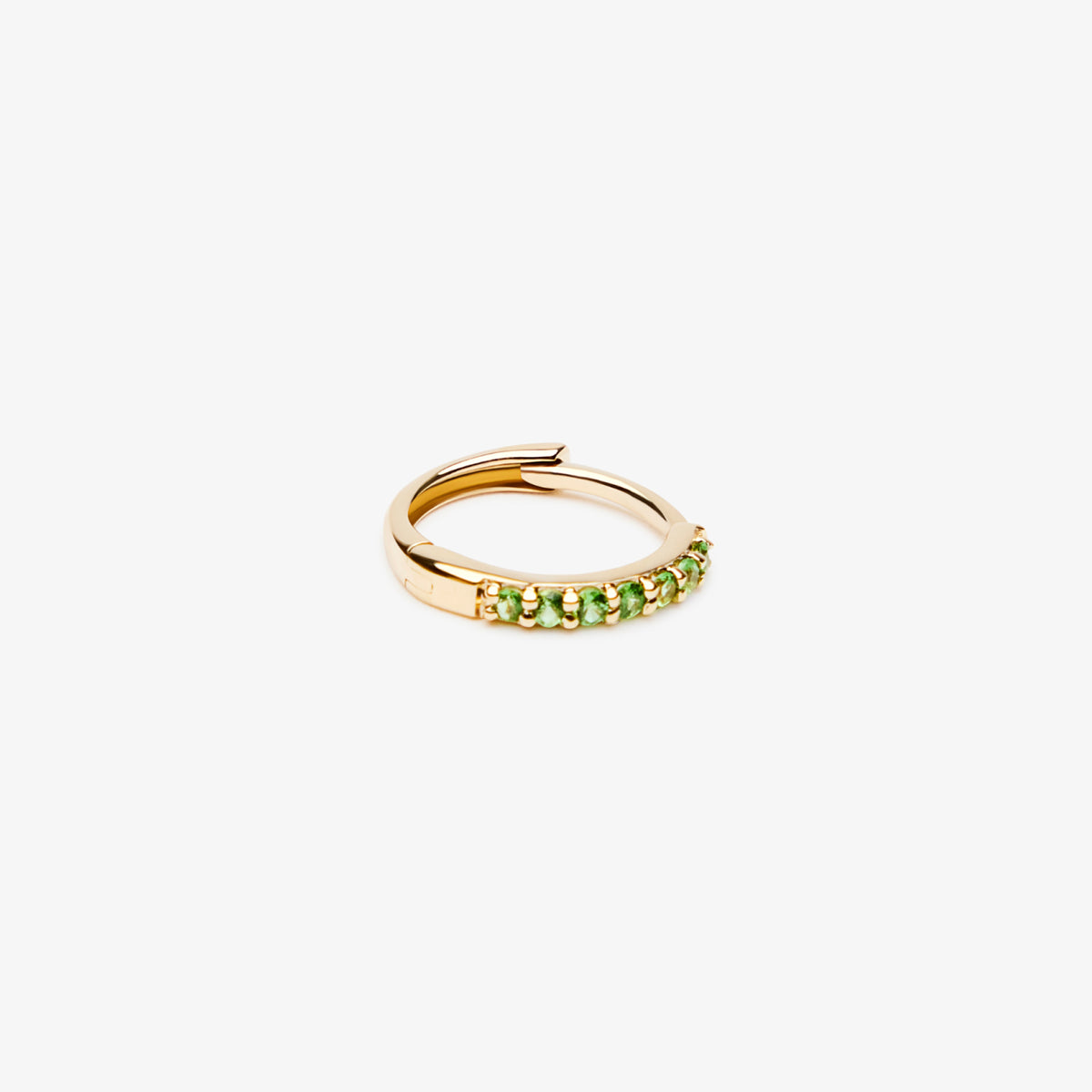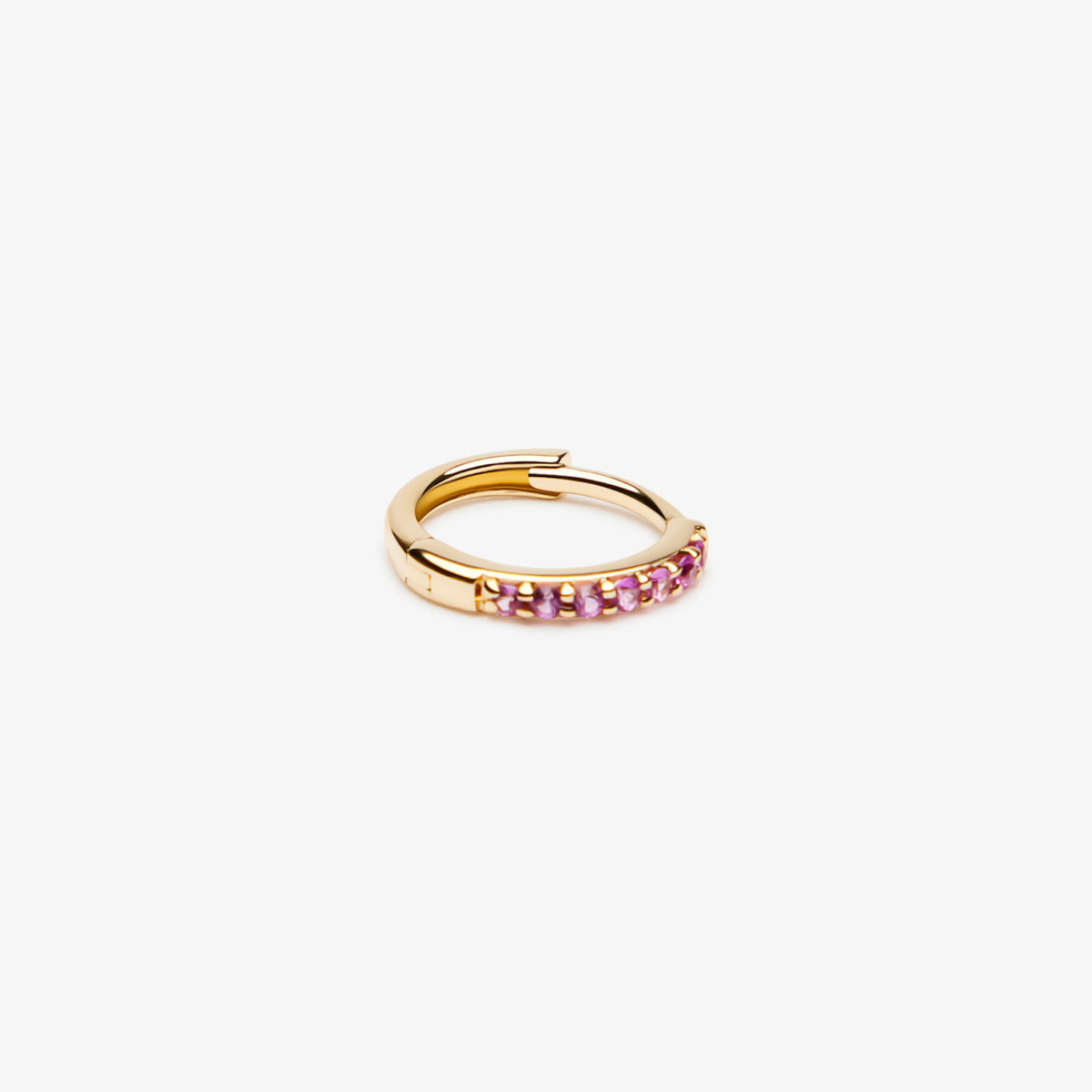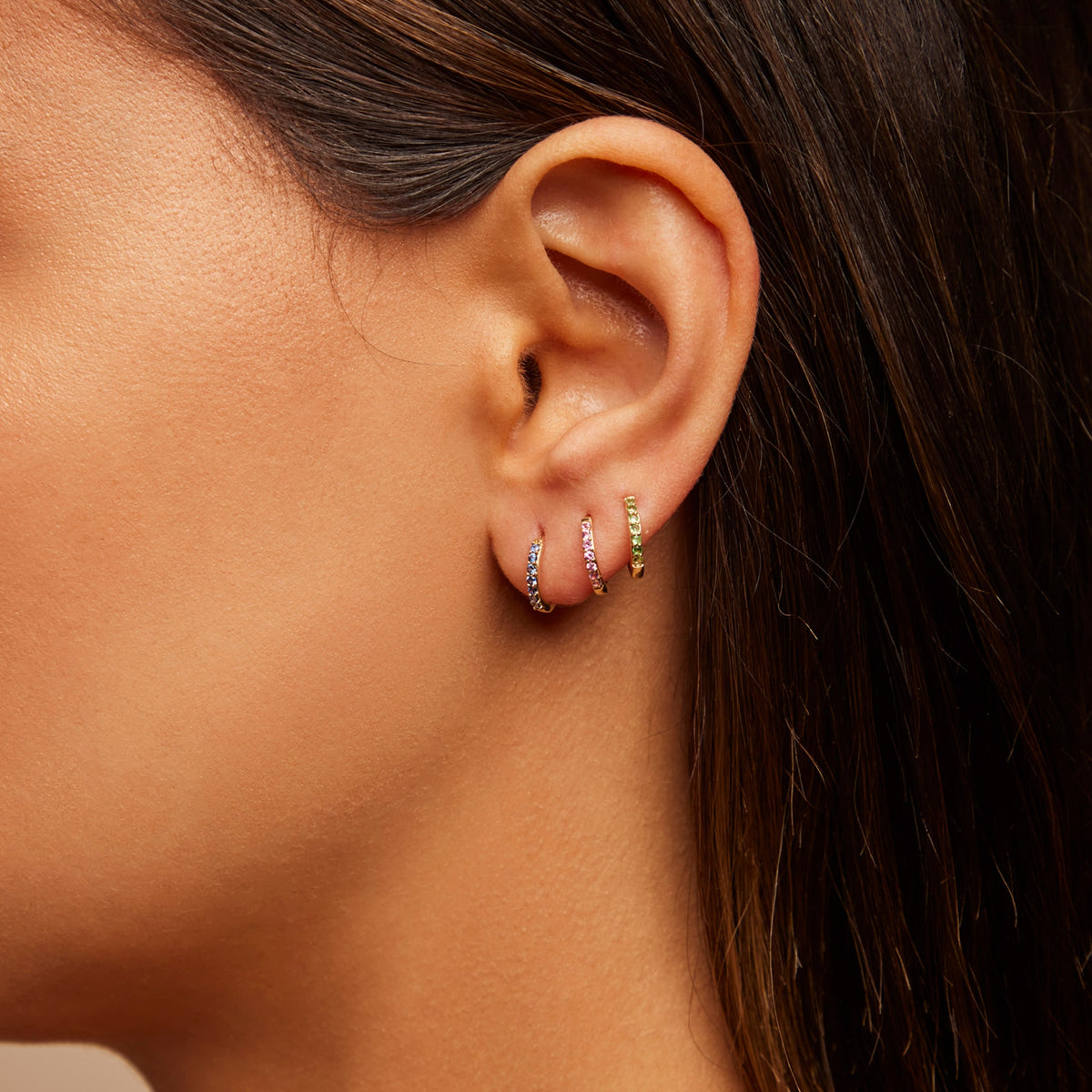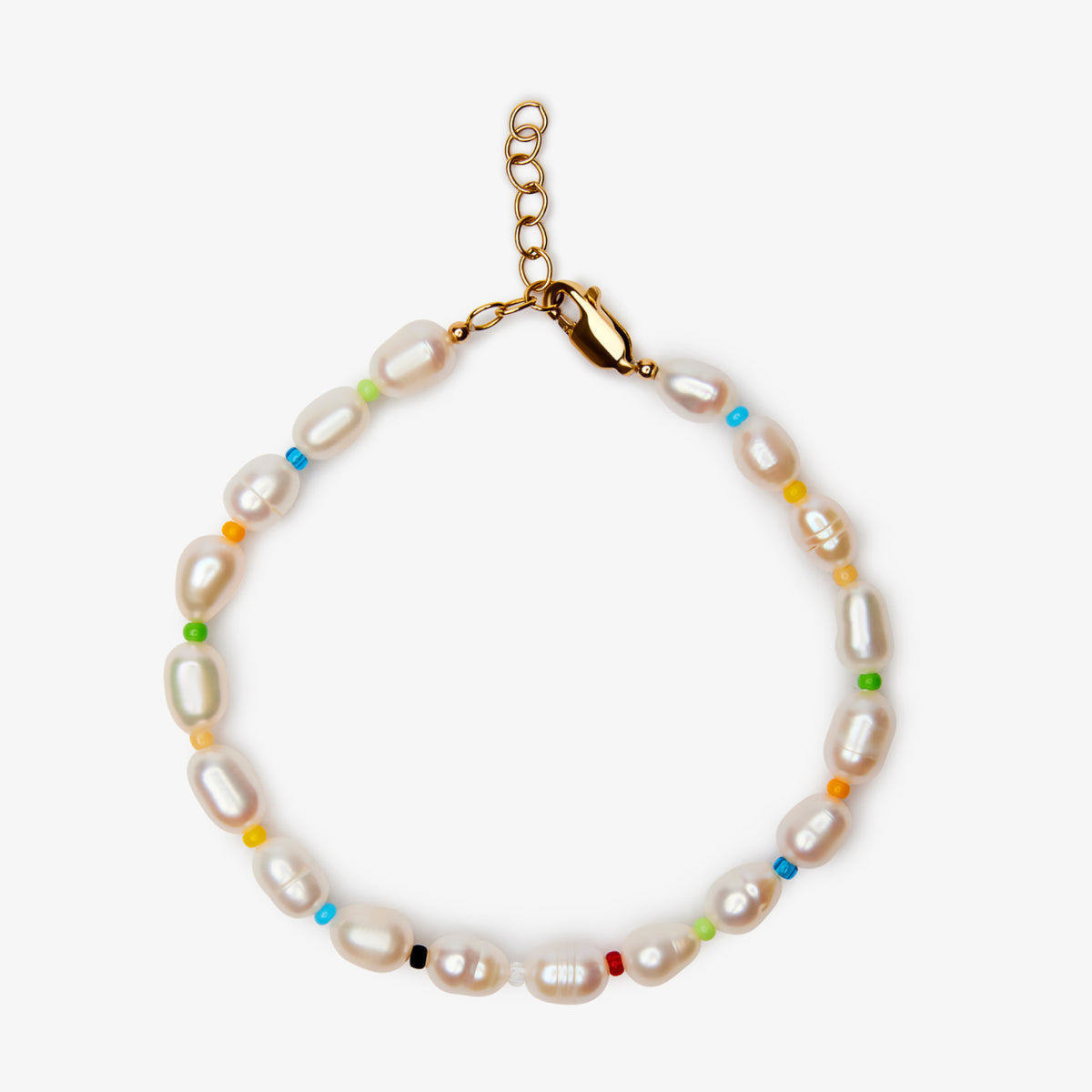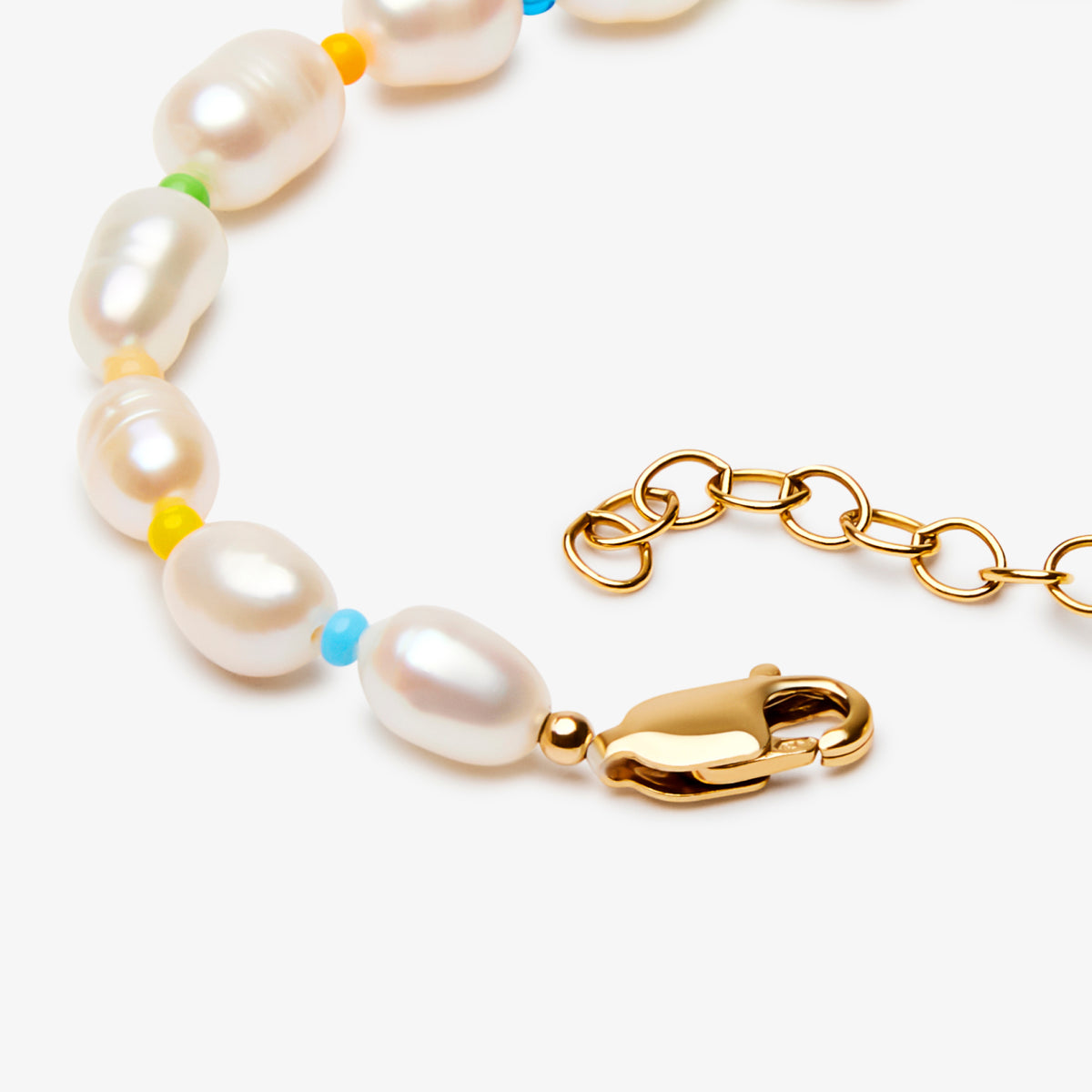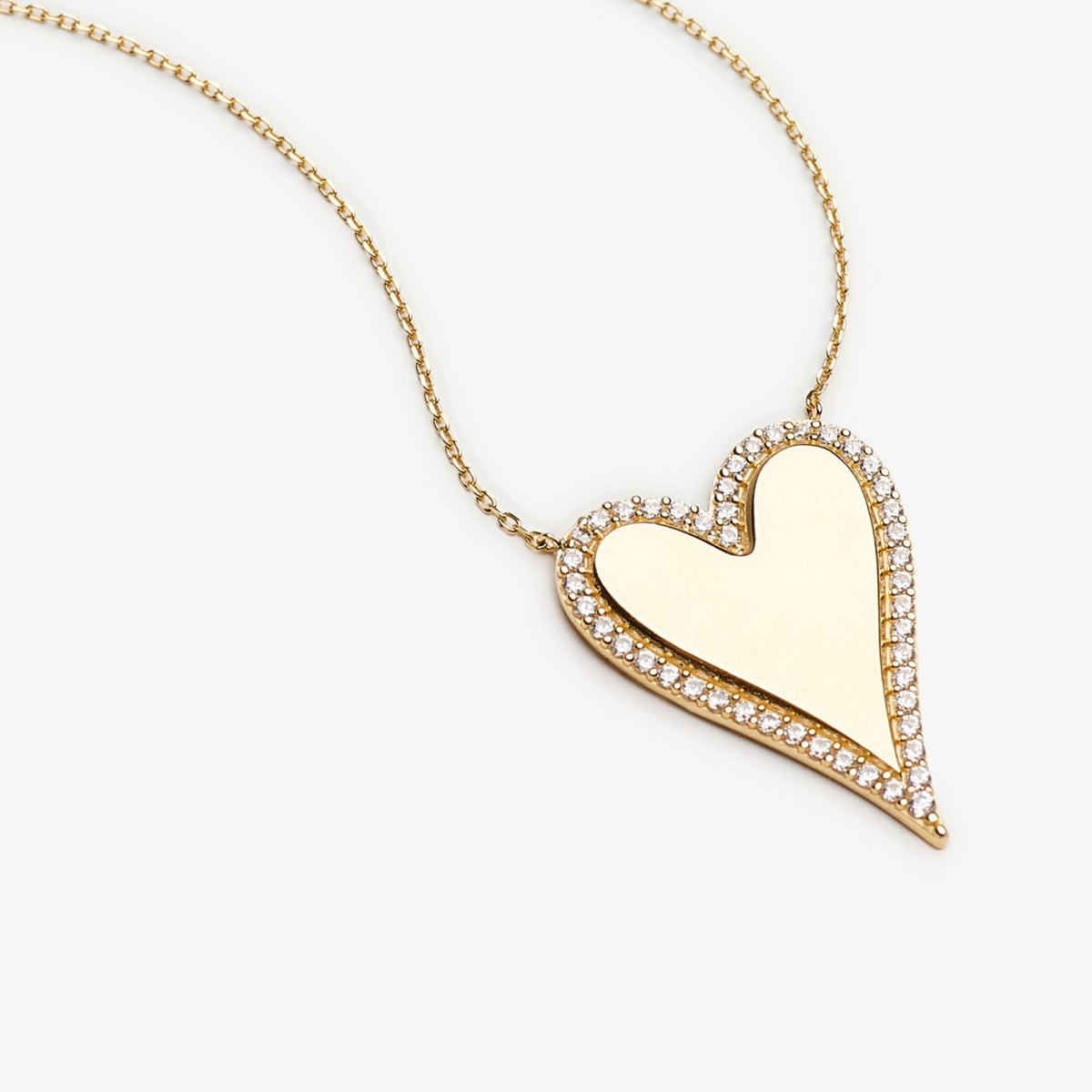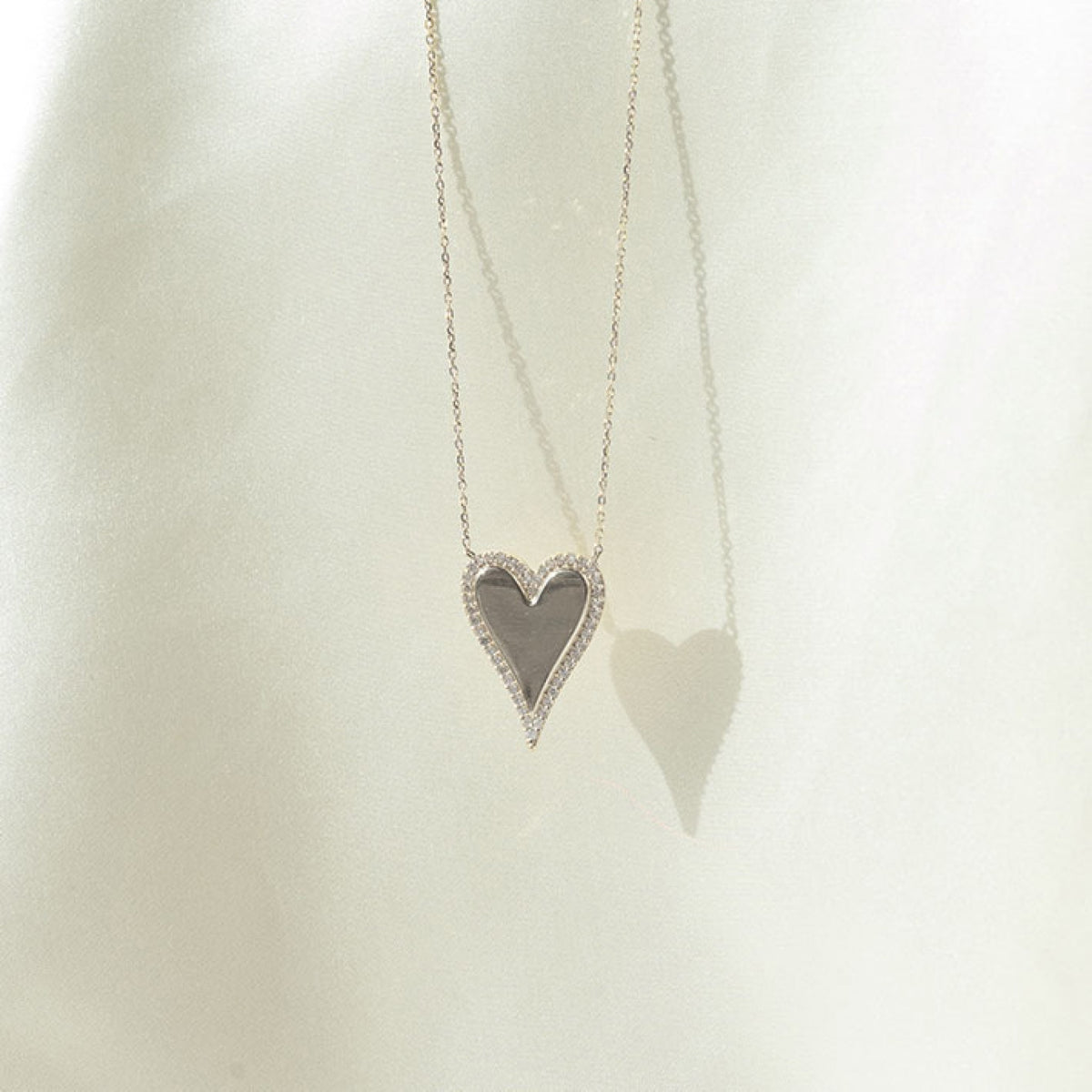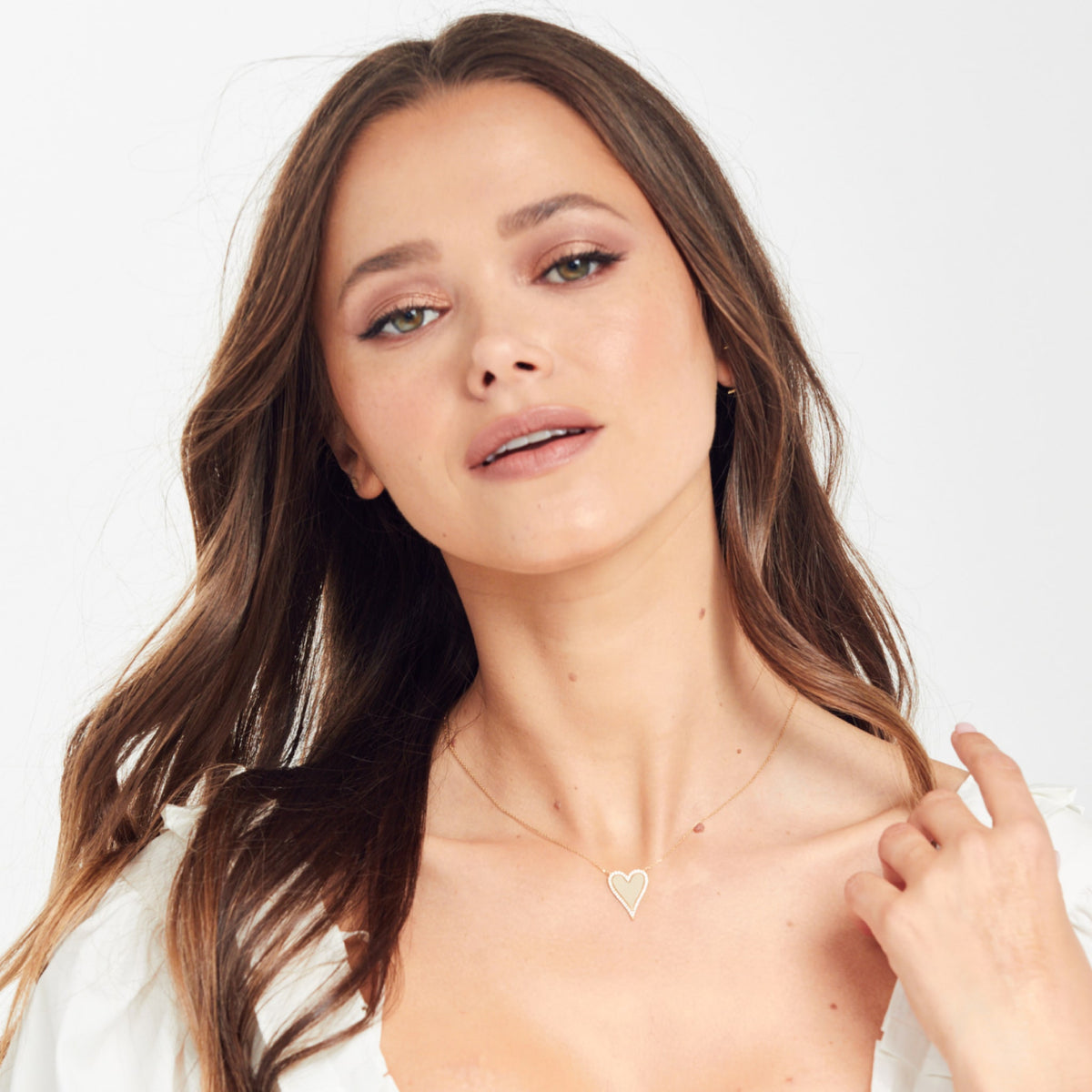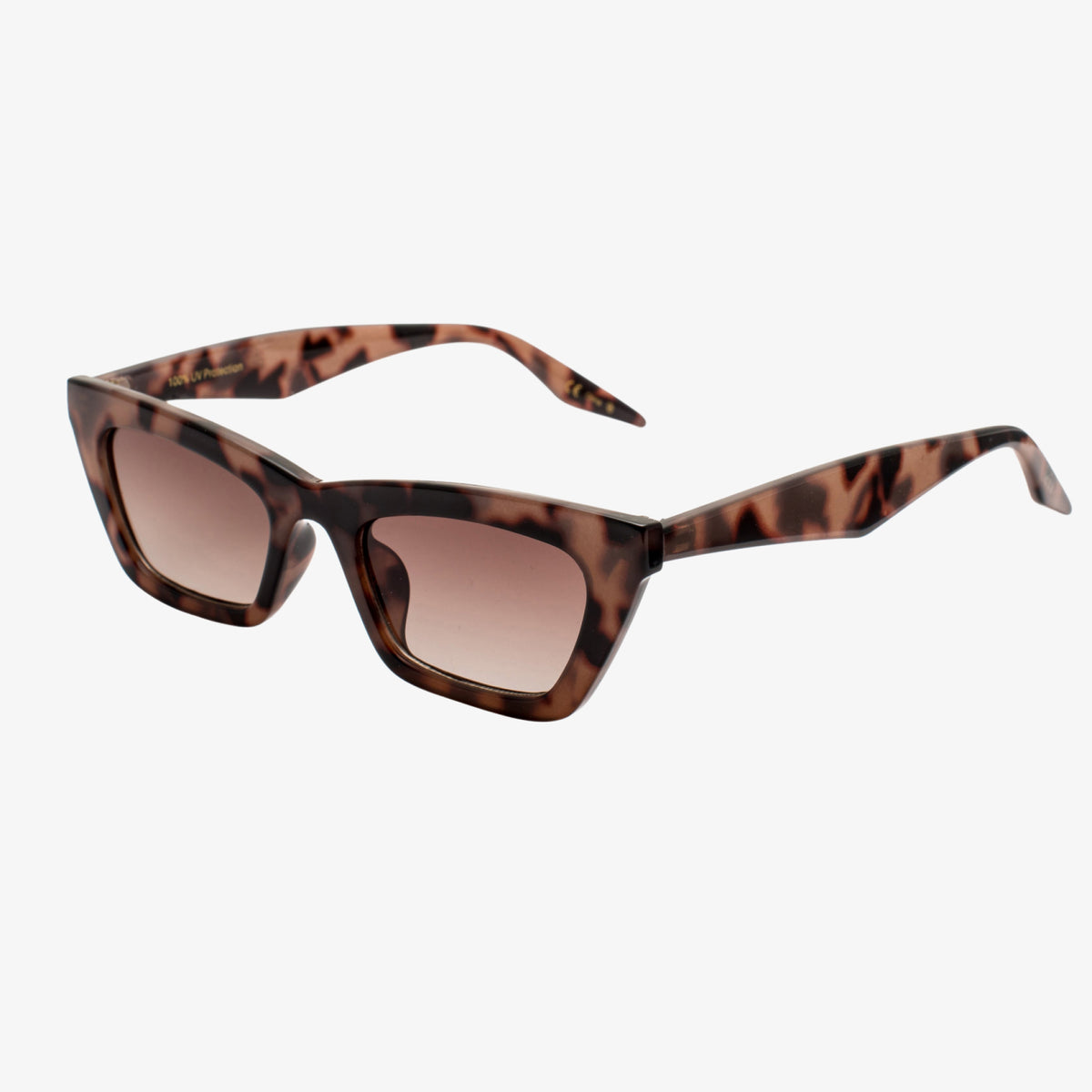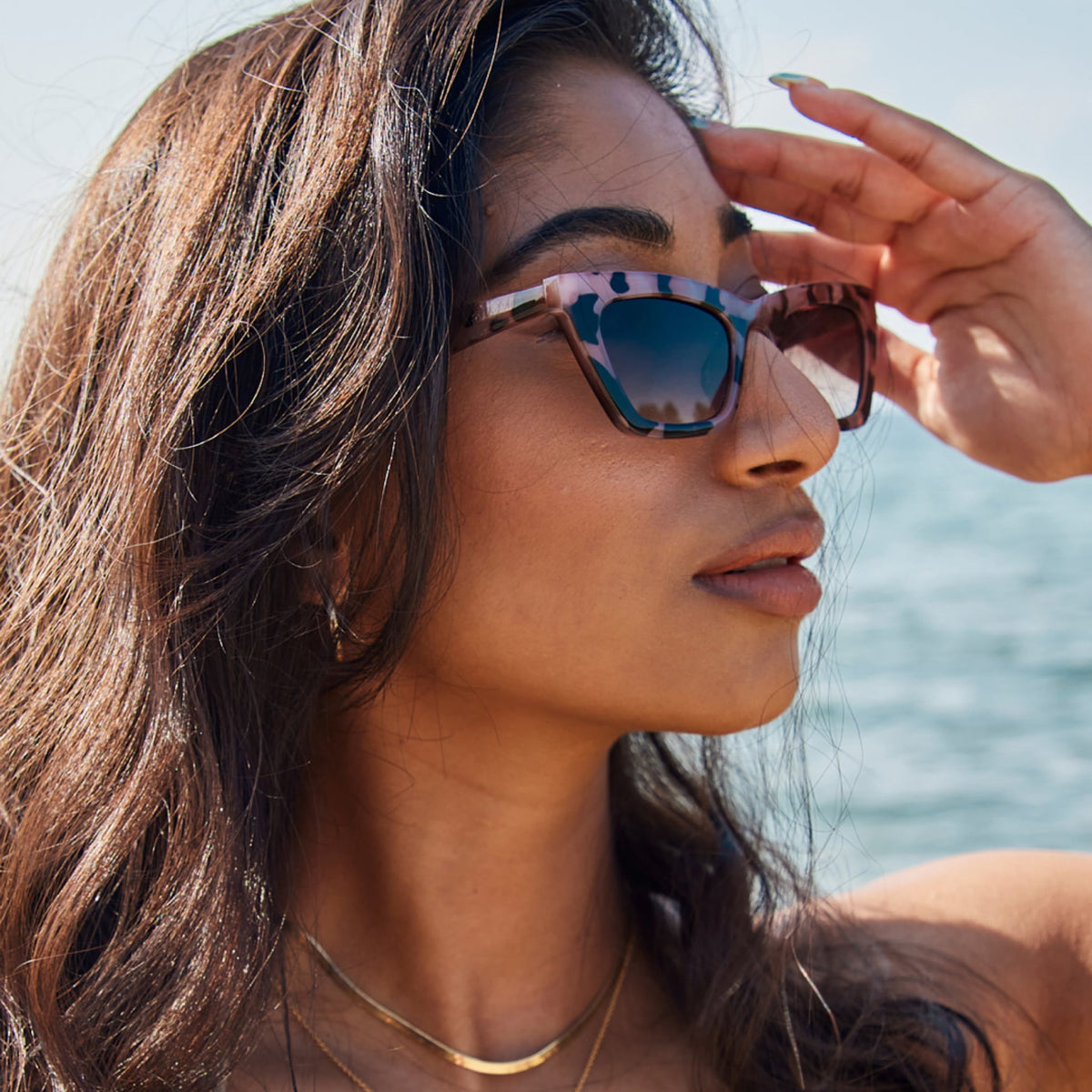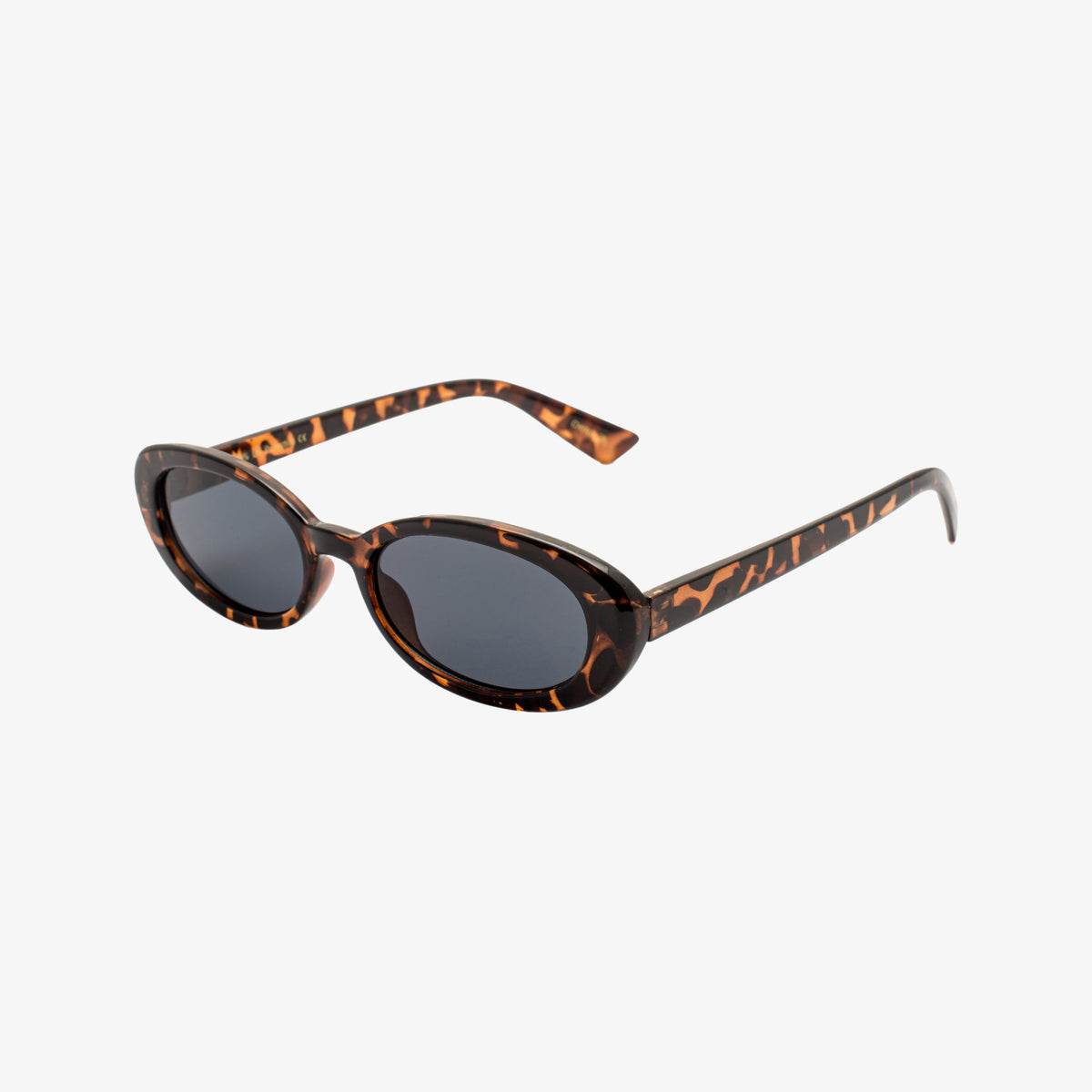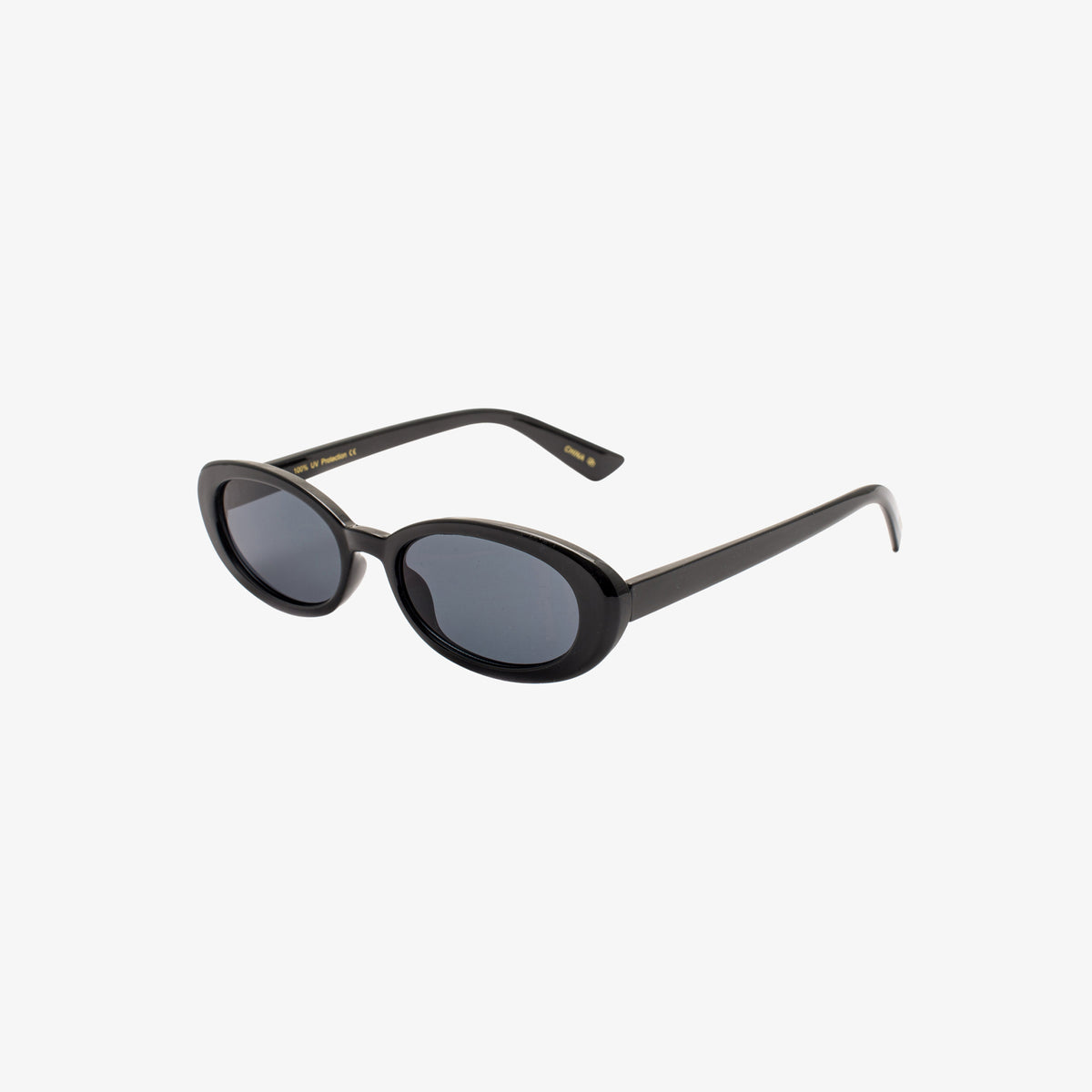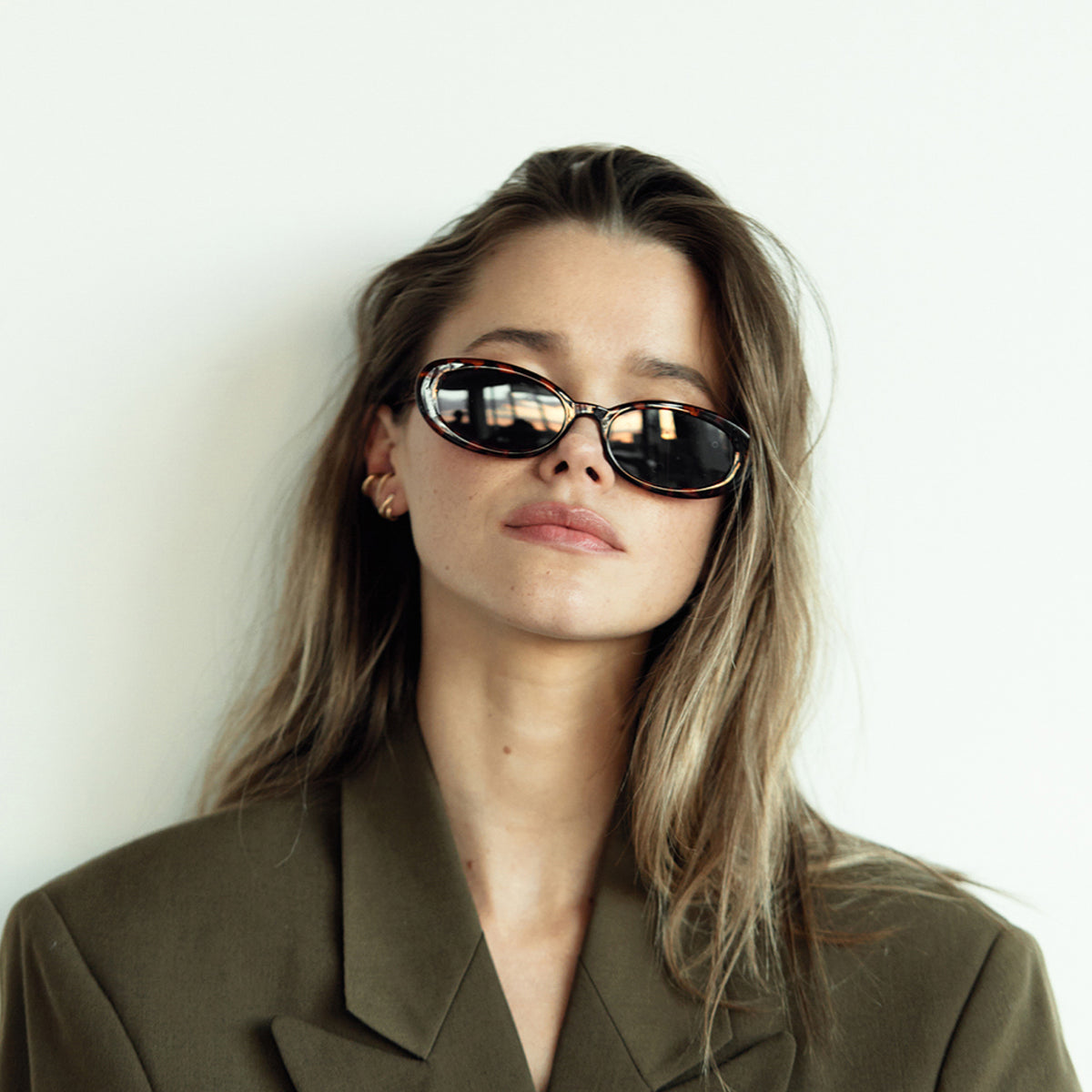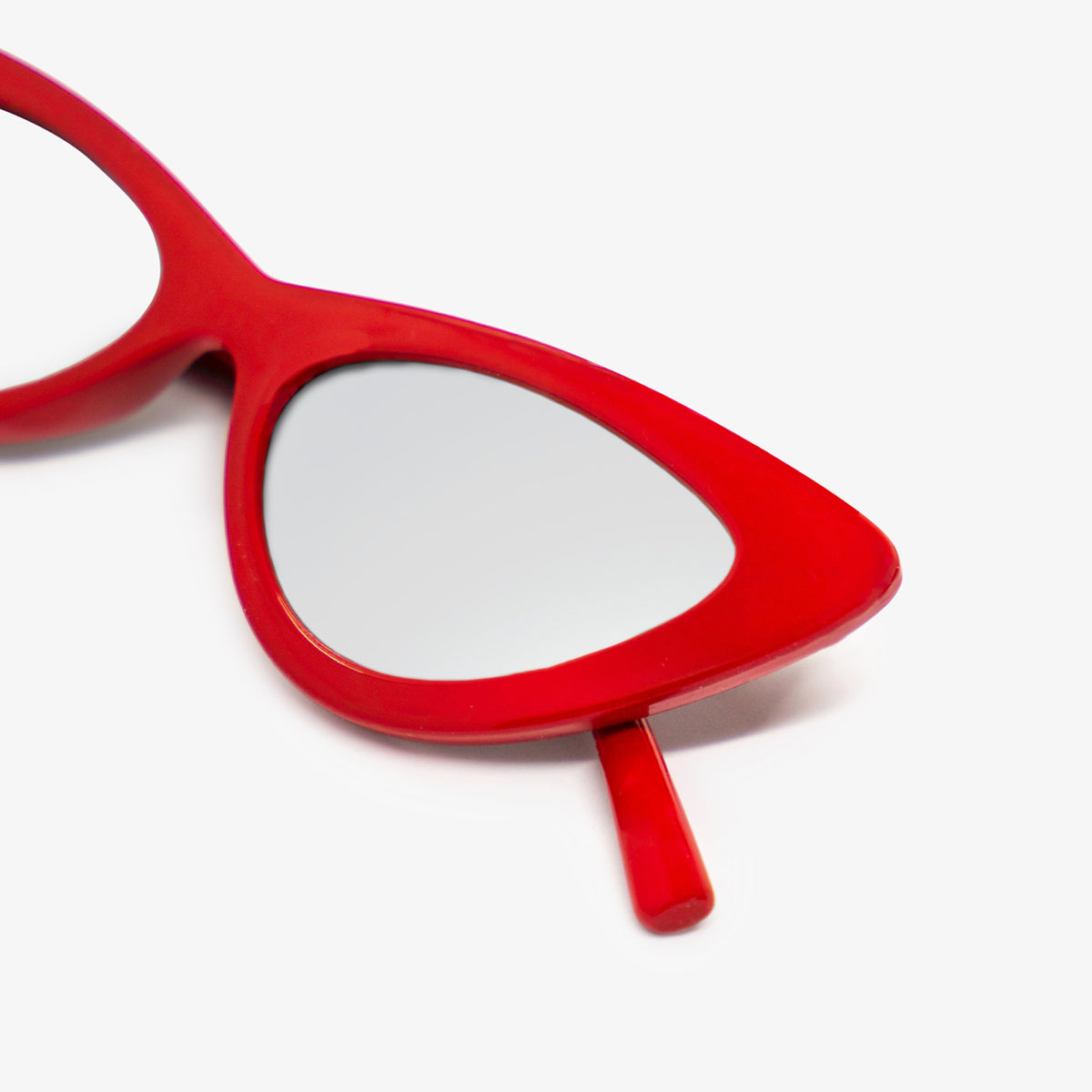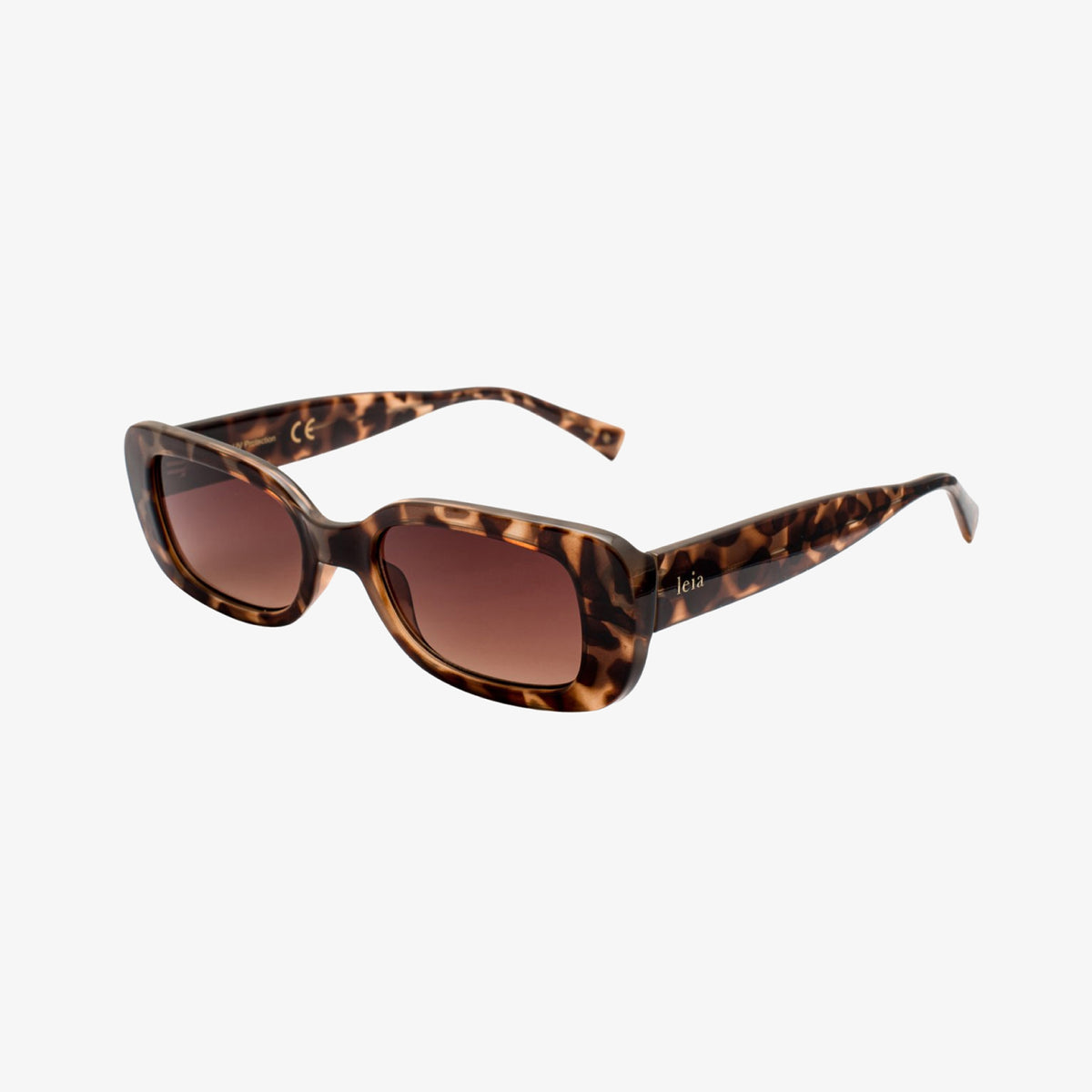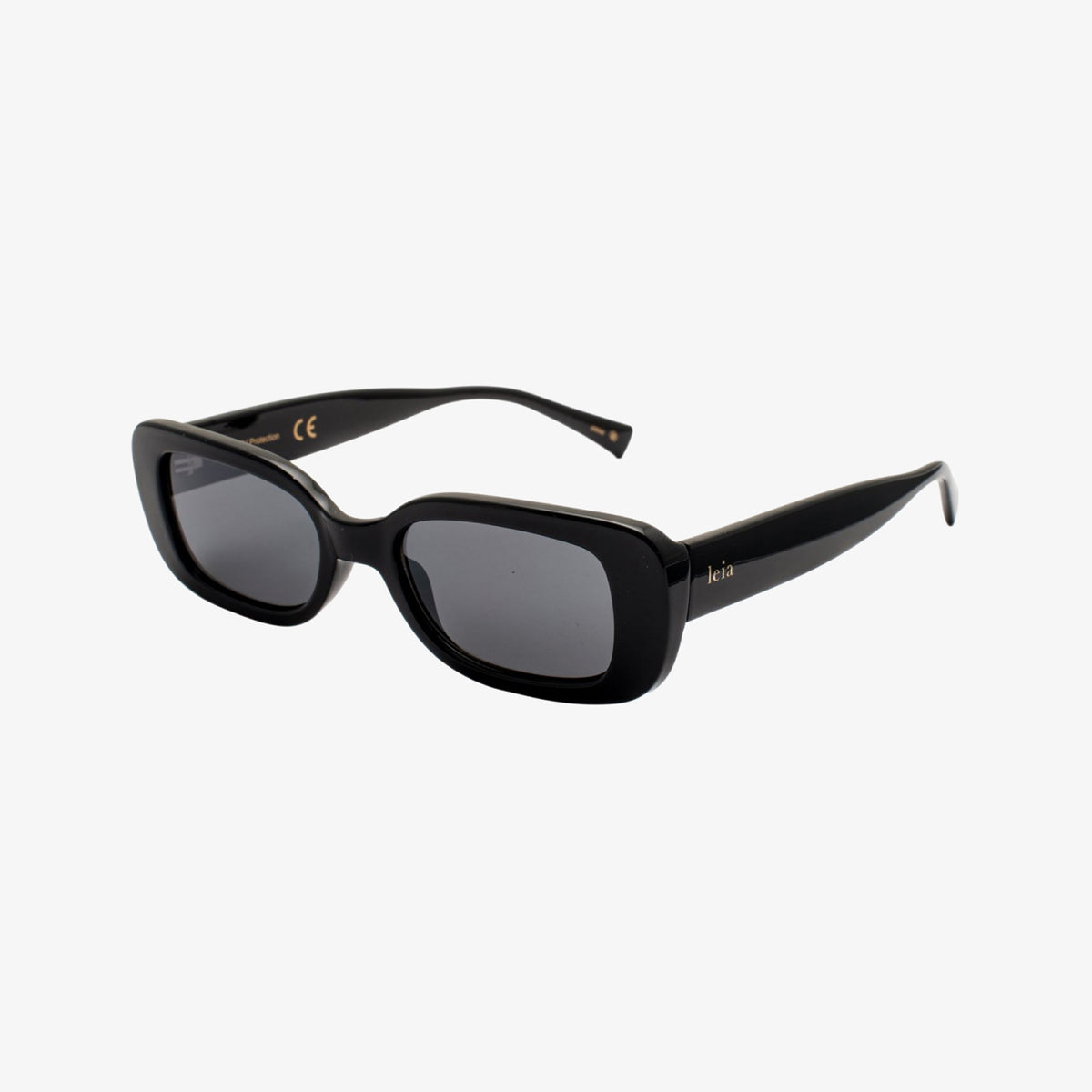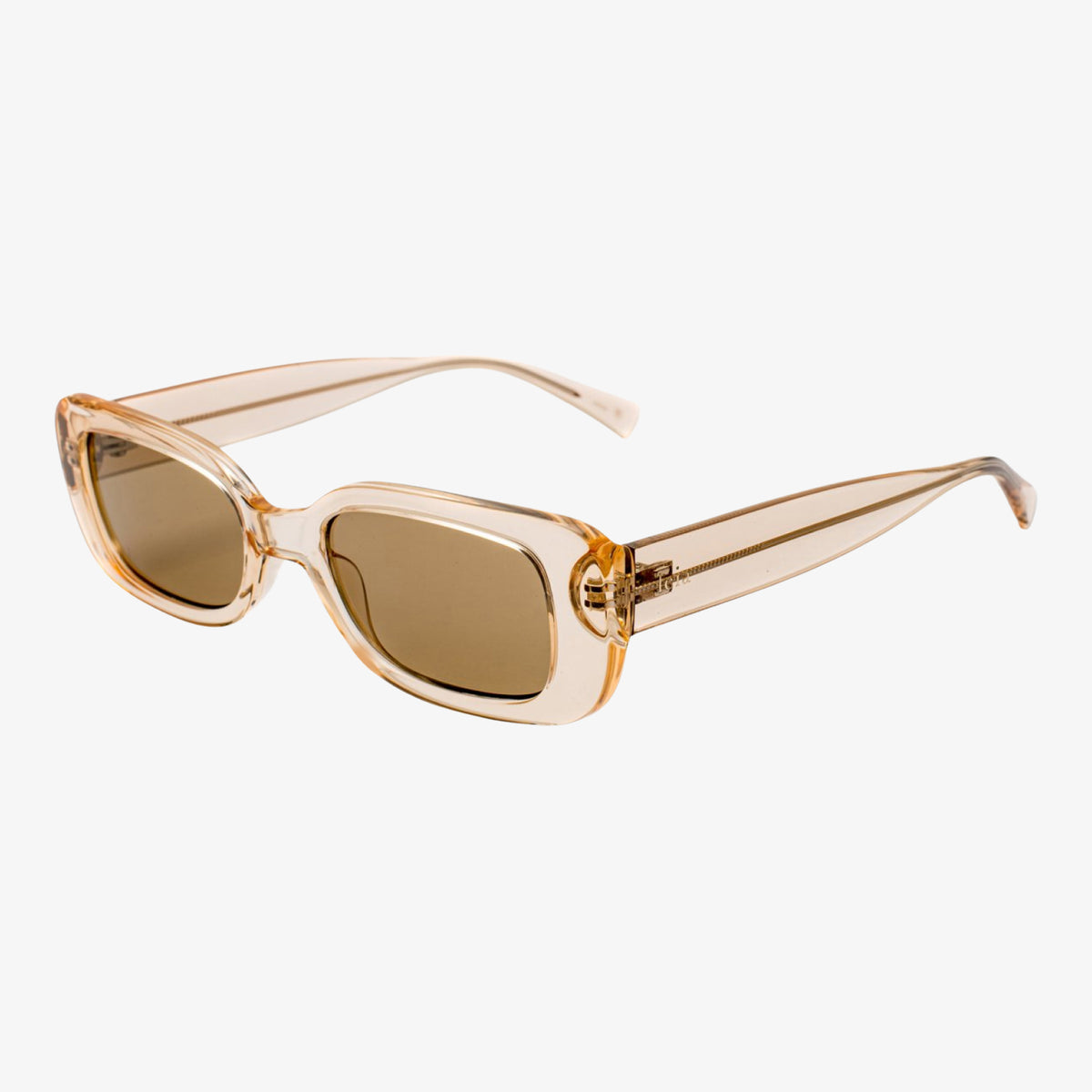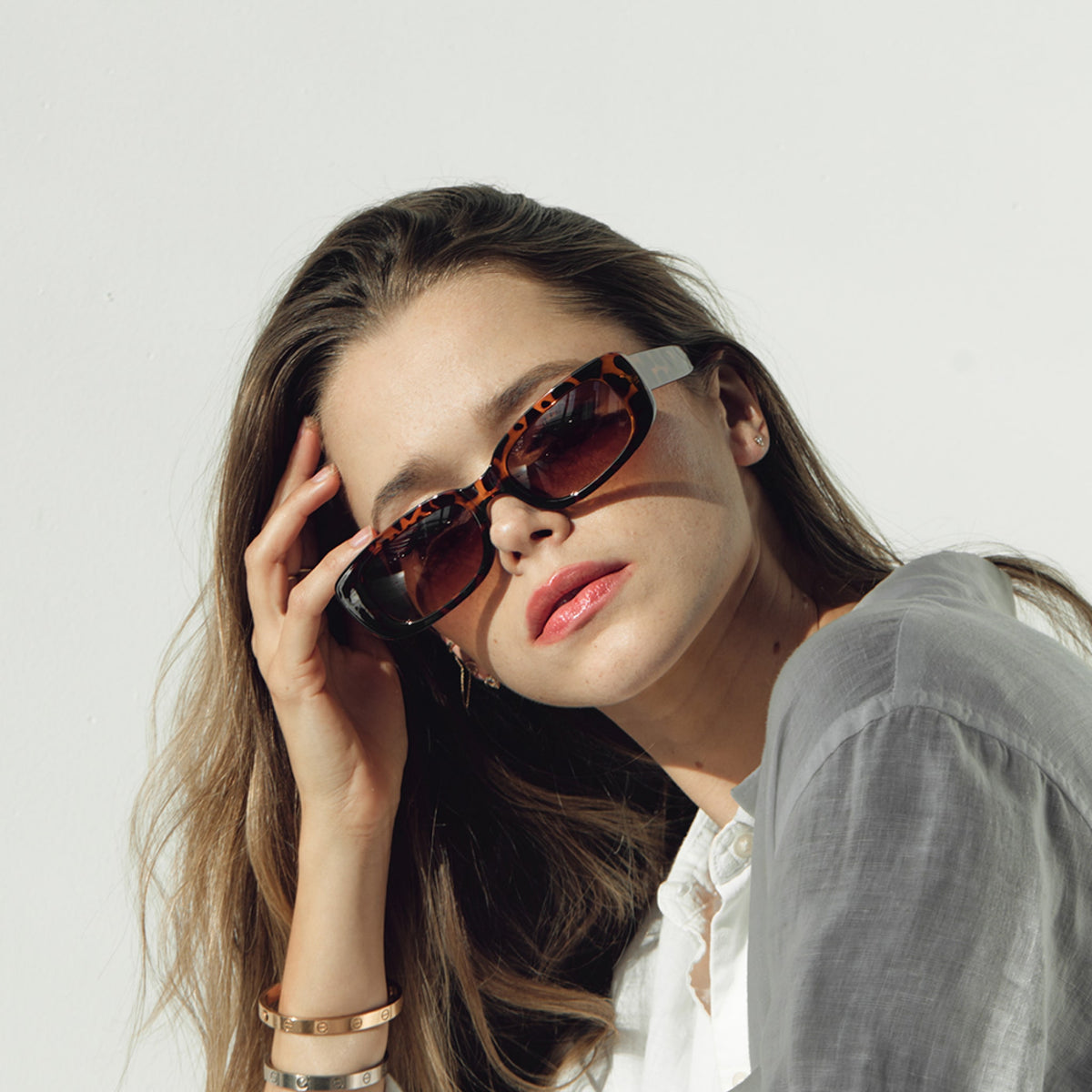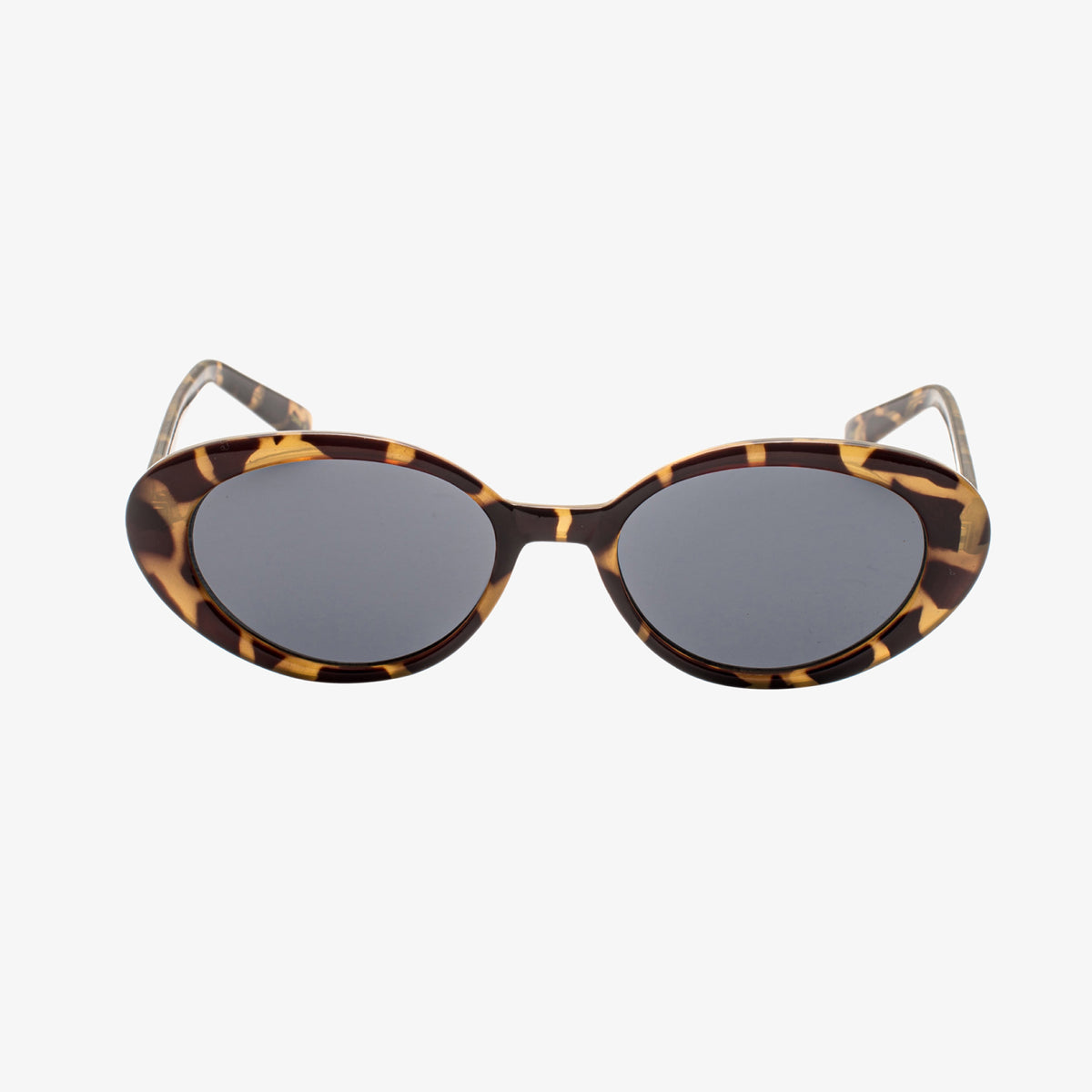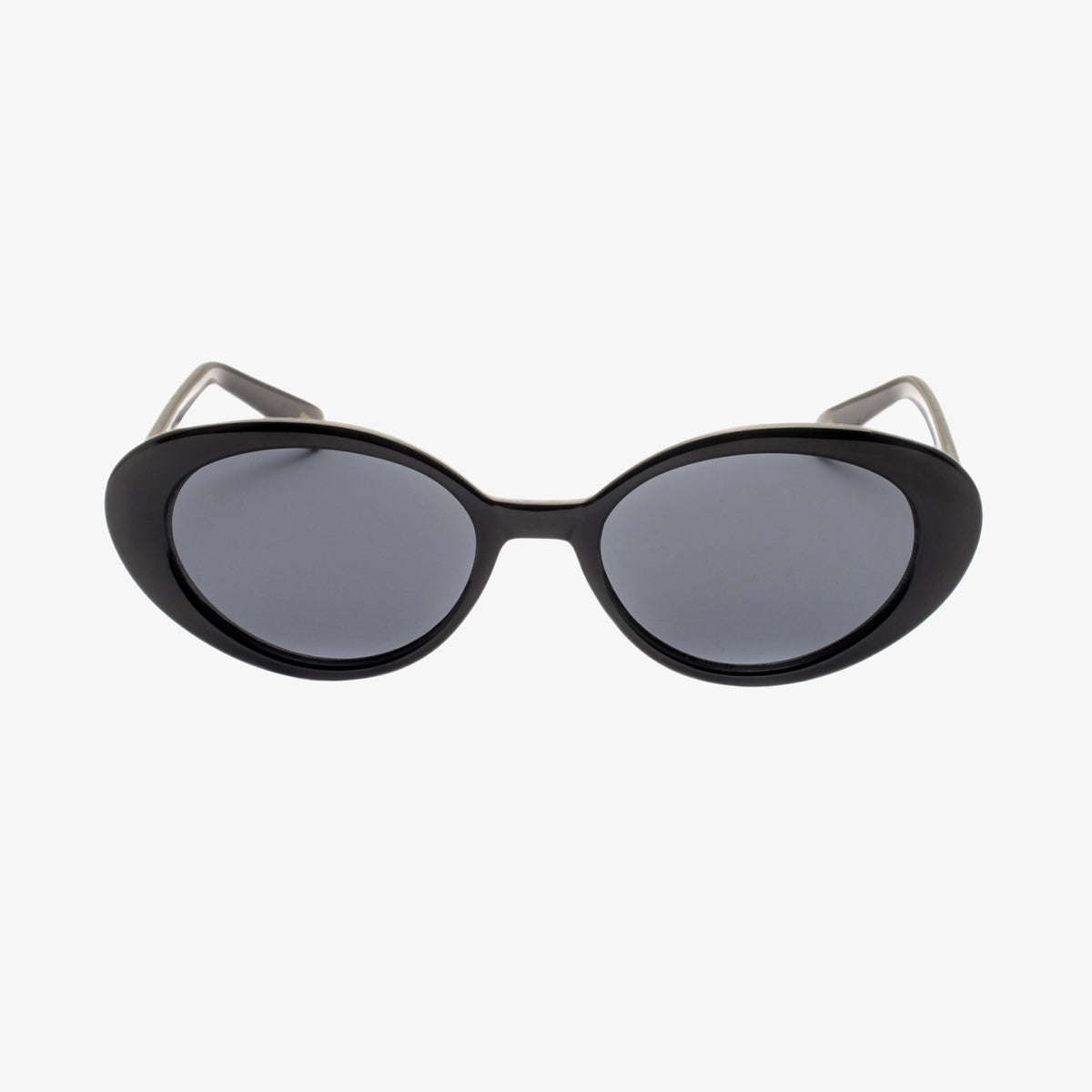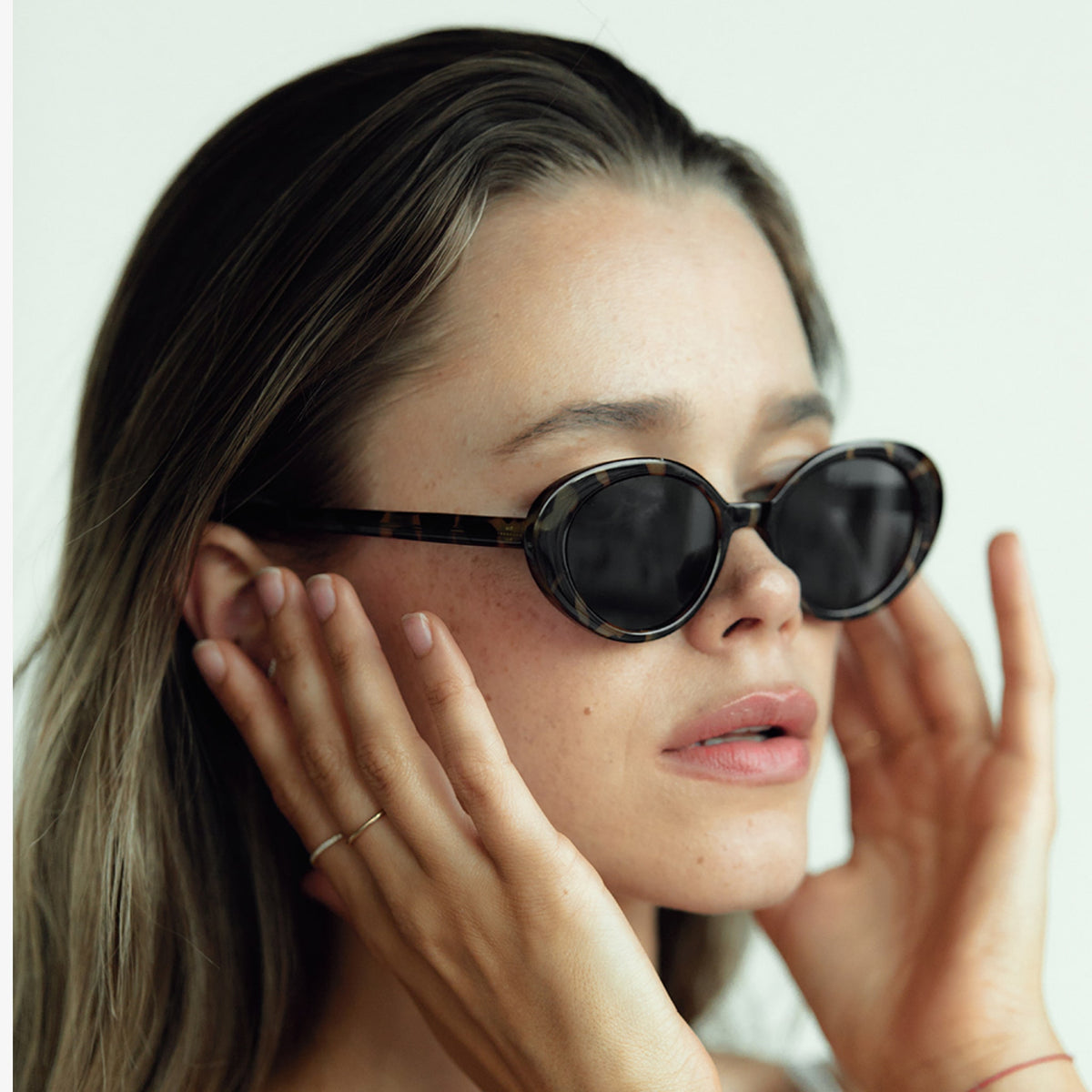Cover Image by Coalition Snow
It’s no surprise that some things in life just aren’t designed with everybody in mind. If you’re left-handed, you know exactly what I’m talking about. (Don’t get me started on can openers and scissors.) We all know that unisex and one-size-fits-all products should really have “made more for men but some women could probably fit into a few of these sizes too (maybe)” or “one size fits most MEN” written in the fine print.
But even when products are marketed specifically to women, they’re usually the exact same product sold to men, but painted pink and named ridiculous things like “Snow Fairy.” In fact, this phenomenon known as “Pink Tax”, which is the marked up price of “for women” versions of products, leaves buyers paying upwards of $1300 per year more than men for the exact same products (Huffpost). And it’s not even designed with them in mind!
Even products that are supposedly designed to keep humans alive don’t have women in the forethought. Did you know that when testing safety features on a car, the standard crash test dummy used represents the average biologically male-built body, and if a biologically female-modeled dummy is used, it is still just a scaled down male version and it's typically placed in the passenger seat or the back seat! (Because it’s only 2022 and women still don’t drive cars?) Because of this, women are 72% more likely to be injured in a car accident and 17% more likely to die than their male counterparts (Fast Company). And still there are no mandated safety tests that simulate a biologically female-built driver.
Thankfully, there are incredible women out there who have said “enough is enough” and decided to tackle the problem themselves by creating their own companies and products - by women, for women.
1. EvaRID (The world’s first Female Crash Test Dummy)
Image: CNET
Women’s bodies react differently to impact than men’s bodies do. Lower bone density and differing distribution of weight means using a male-crash test dummy to represent a woman driver or passenger is not only a lazy, unfathomably sexist shortcut, but also incredibly reckless and dangerous. Enter the Swedish. Astrid Linder, Anna Carlson, and their colleagues, who are Swedish vehicle safety researchers, developed the first crash test dummy with a female (woman/girl) body type, named EvaRID (to go along with the male dummy, BioRID). That was all the way back in 2012; yes, you read the intro correctly, in 2022 we still do not have mandated safety tests that use female body simulations. But Linder, Carlson, and countless others are fighting to change those mandates.
Much of their research centers around whiplash, which women are twice as likely to experience in a car accident than men, which they’re aiming to prove is because seatbelt give and seatback retraction are not tested on women’s bodies (IRCOBI). The main differences between EvaRID and the traditional male dummy are height, weight, geometry, weight distribution, and joint stiffness of the spine, which are all the factors developers consider in aiming to keep men safe on the roads when they introduced the first male crash test dummy more than seventy years ago. Here's hoping it doesn’t take seventy more years to have safety testing mandates officially changed to protect all genders and body types.
2. Coalition Snow
Image: Sierra Sun
Coalition Snow is a second-to-none feminist-slogan producer that doubles as a mountain sport equipment company. Skis and snowboards, like many products, are designed for men first then simply scaled down to be marketed for smaller women - but not at Coalition Snow. They’ve kicked the “Shrink-it-and-pink-it” method to the curb with their skis, snowboards, and associated apparel designed, tested, and decorated by women. Tired of the traditional “toxic bro culture” on the mountains, Founder Jen Gurecki and her team have created a variety of women empowerment items like the “SOS” (Sisterhood of Shred) skis, “Queen Bee” snowboards, and “Shred the Patriarchy” shirts and hoodies, in an effort to create a welcoming environment for women from all walks of life.
Image: Coalition Snow
If joining a bad-ass sisterhood isn’t enough to stan Coalition Snow, they are as committed to sustainability as they are to their feminist roots. For every snowboard or pair of skis they sell, Coalition Snow plants one indigenous tree in rural Kenya in collaboration with the non-profit Zawadisha. They also fund Neema Women’s Group who care for the Change Makers Garden in one of the most drought-stricken areas of Kenya.
3. BellaBeat
Image: BellaBeat
BellaBeat is a wellness brand that specializes in products and services focusing on women’s health. Their trademark item, the Ivy, is a stylish piece of jewelry that just so happens to also track a whole bunch of the daily wellness analytics you want to know (and a lot more you never knew you needed). Ivy keeps track of your daily activity levels, with built-in reminders to get up and move if you’ve been sitting in front of your computer screen for too long, sleep duration and quality, menstrual cycle, and your stress resistance. It can be worn while working out or to a black-tie event without anyone batting an eye. There are no buttons, no tacky lights, and no hassle. Your status is all tracked by the pendant for as long as you’re wearing it, and you can check your progress at any time through a simple app on your phone. The company was created to “develop wearable products that monitor biometric and lifestyle data with the goal of helping women better understand how their bodies work so they can make healthier choices", but they have expanded to provide accompanying products like water bottles, yoga mats, and menstrual cups, in addition to stylish bands and clips to accessorize the Ivy pendant to fit any occasion.
4. Covergalls
Image: Covergalls, LinkedIn
It’s no secret that some industries are male dominated. Women are still dispersing into the workforce, and since men were given a head start of some several hundred years or so, it’s taking some time for women to fully saturate a few of the more “unconventional” workplaces like construction, industrial engineering, and mining. So it’s no surprise that these industries, and their trademark coverall garb, are decades behind in reaching gender equality, leaving women with no choice but to wear ill-fitting workwear that simply wasn’t designed for them. Insert Covergalls. Inspired by her own experience in mining, creator and founder Alicia Woods set out to design overalls that are fitted for women, because frankly, slugging around in ill-fitting garments was a safety-hazard. In addition to being incredibly flattering, Covergalls allow women in the industrial trades to work safely and efficiently, while features like the rear trap door make bathroom breaks a far less strenuous endeavor. (If you’ve ever worn a romper on a night out, you know what I’m talking about.)
Branching out from their initial purpose, Covergalls has become an empowering outlet for all women, providing blog posts and a wide array of industry apparel specifically designed for women, in addition to having the goal of tackling the lack of diversity, inclusion, and advocacy in the Industrial sector.
5. Billie
Image: Glamour
The razor industry is arguably the biggest culprit of implementing “pink tax” on products that we clearly design for men’s faces, not the curves of a woman’s body. Georgina Gooley and her team at Billie took issue with the societal shame put on women for having body hair, yet overcharging them for razors, so they set out to design a razor with the curves of women’s legs, underarms, and wherever else she wishes to be hair-free, in mind. But Billie didn’t stop there. Their growing list of products which includes razors, shaving cream, body lotion, etcetera, include only ingredients that “do no harm.” That means no sulfates, parabens, formaldehydes, GMOs, drying alcohols, synthetic dyes, fragrances, cheap foaming agents, unstable silicones, or BHT. What started as filling a void for women’s razors has quickly turned into filling the entire medicine cabinet with products you can trust are safe.
Image: Billie
Since launching, Billie has donated 1% of their revenues to support women, including current partnerships with Every Mother Counts, YWCA, and Black Girls Code.
Read Next: 5 Women Leaders That Are Changing The World
References:
"Why Women Are Paying $1,300 More A Year For The Same Exact Products As Men", Huffpost.
"10,000 women die in car crashes each year because of bad design", Fast Company.
